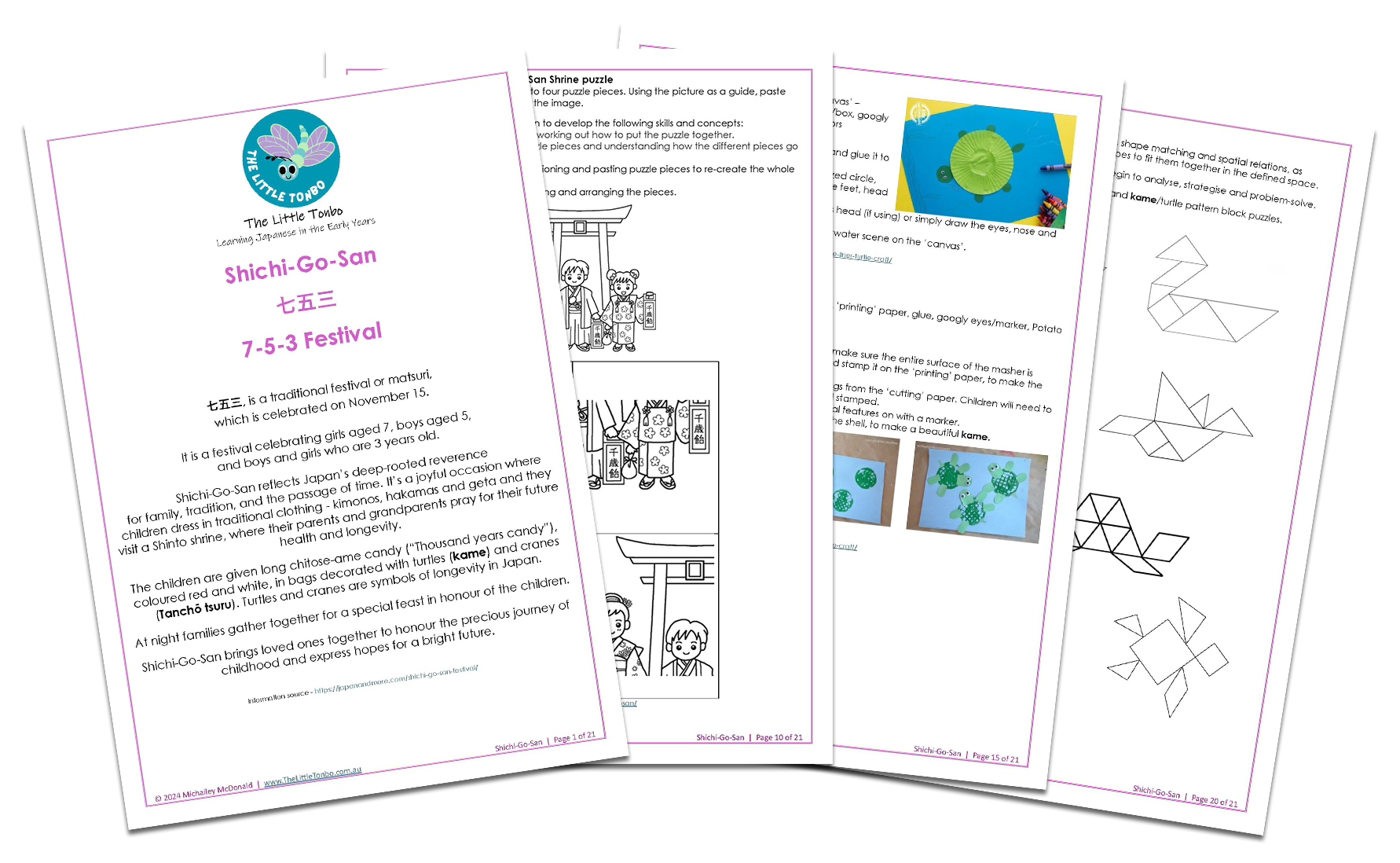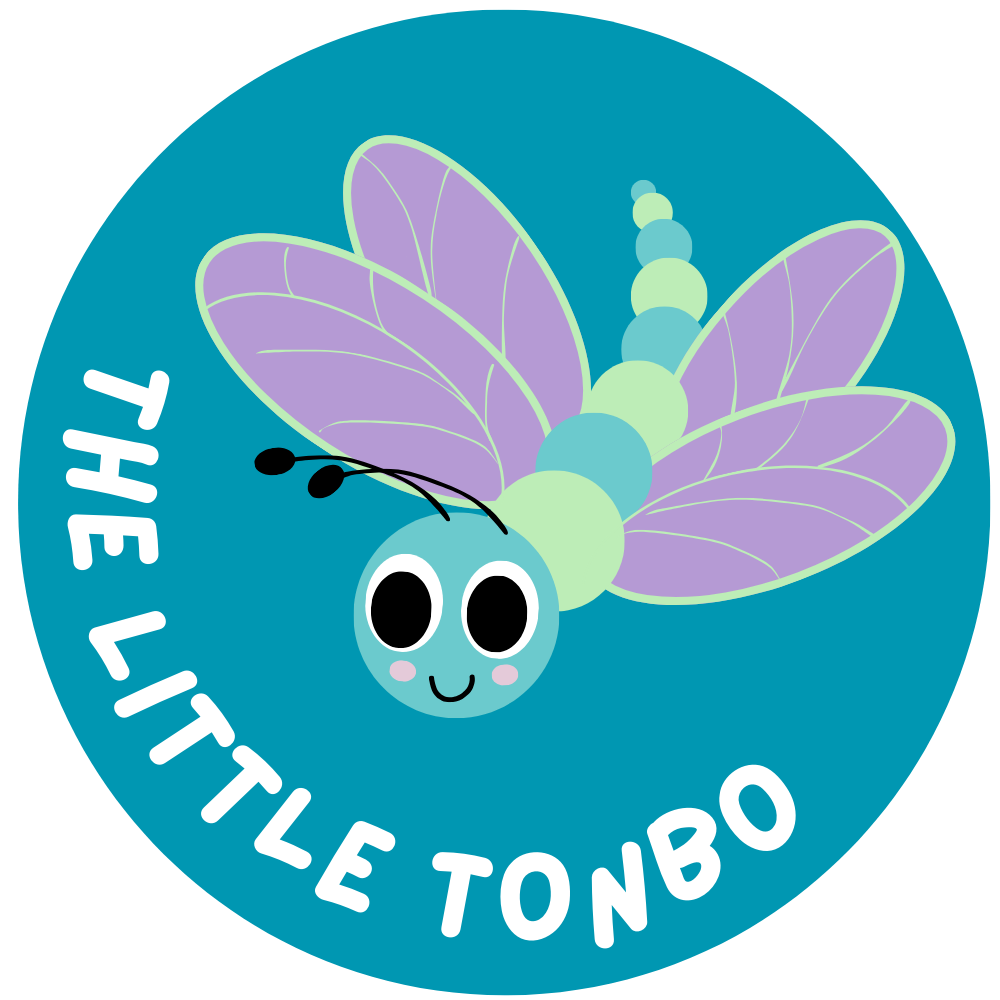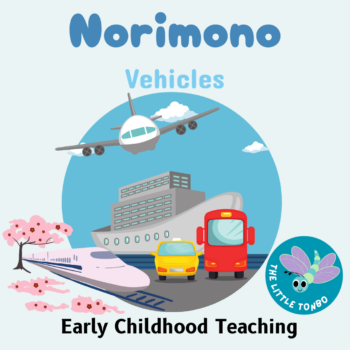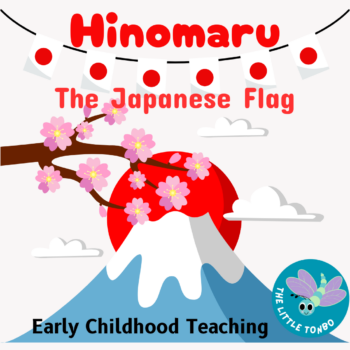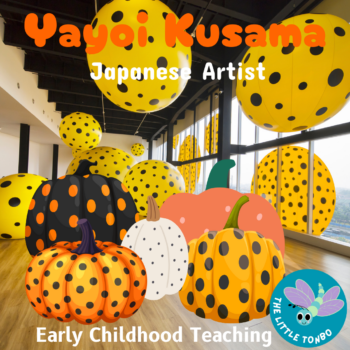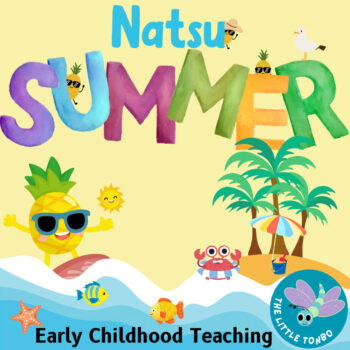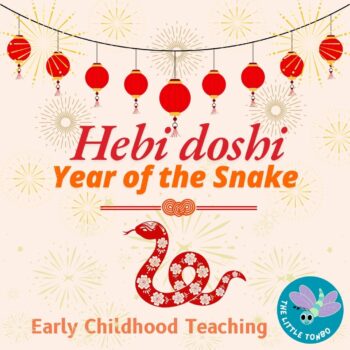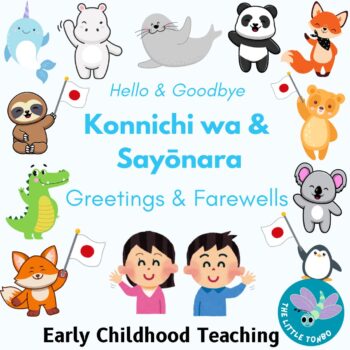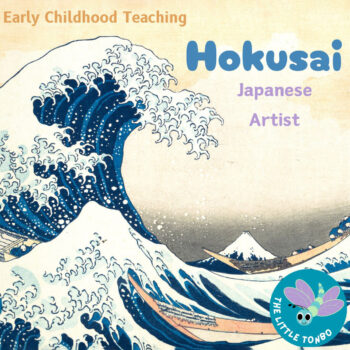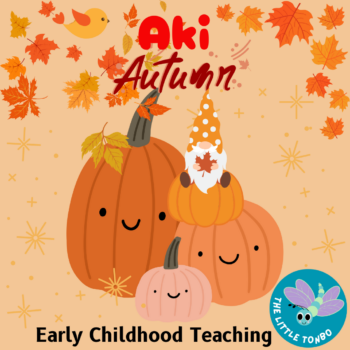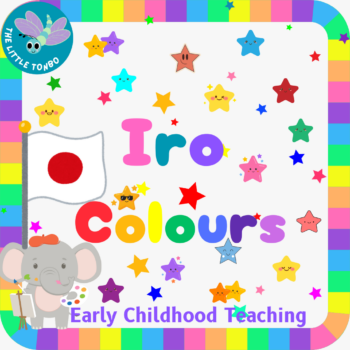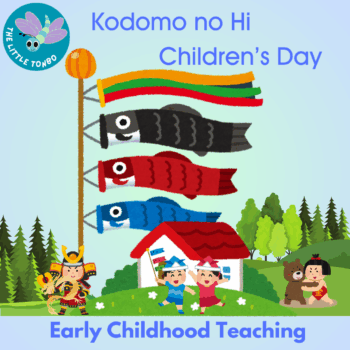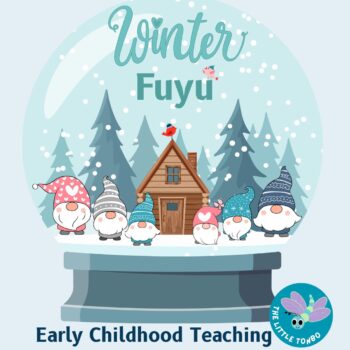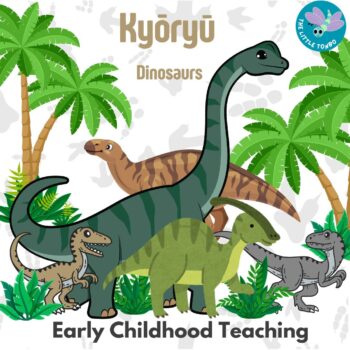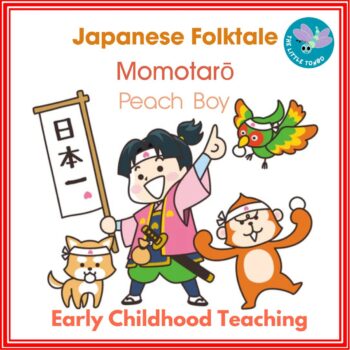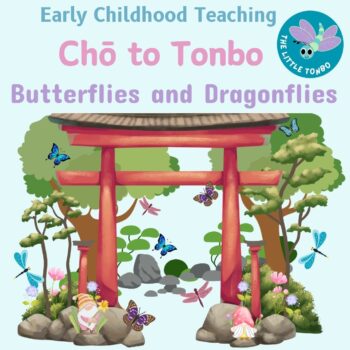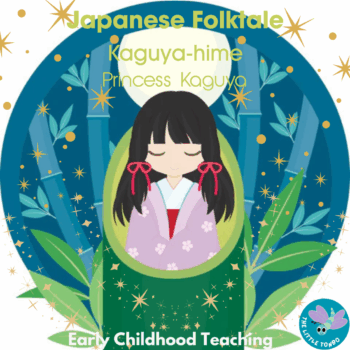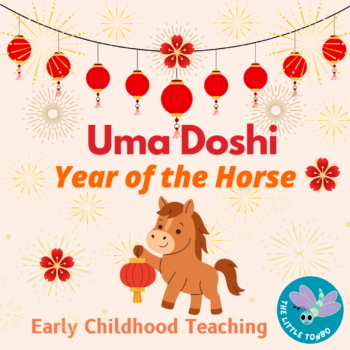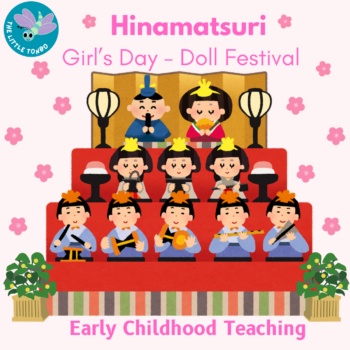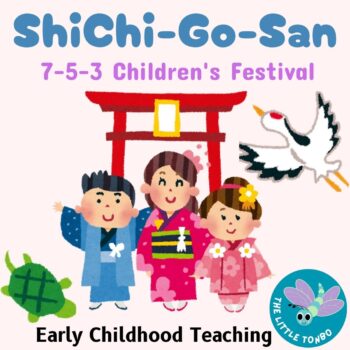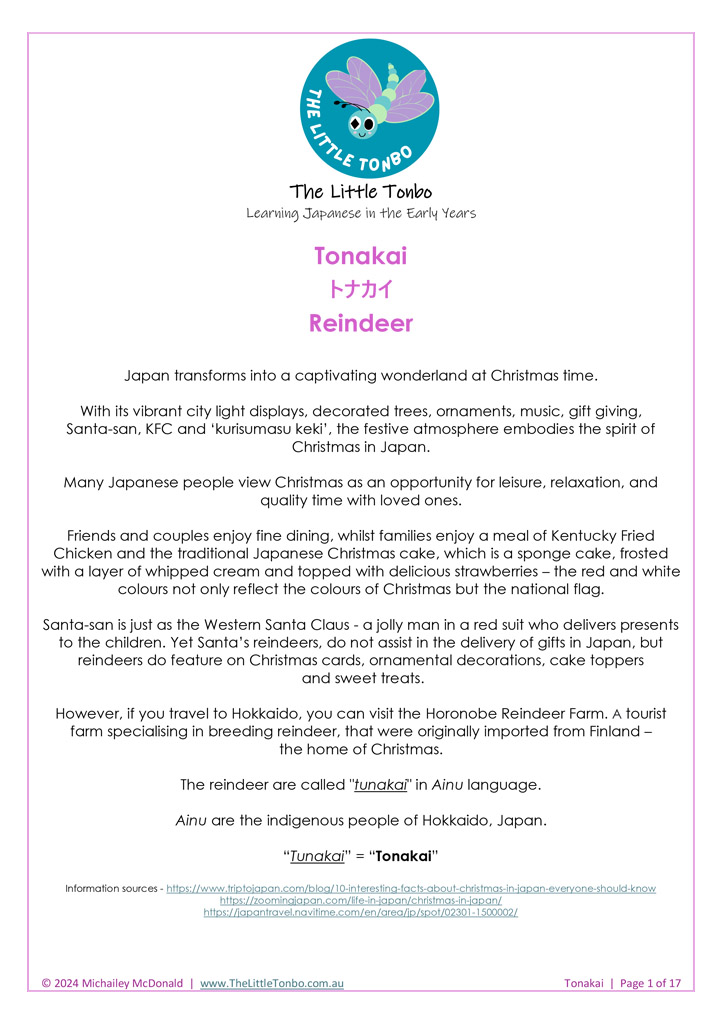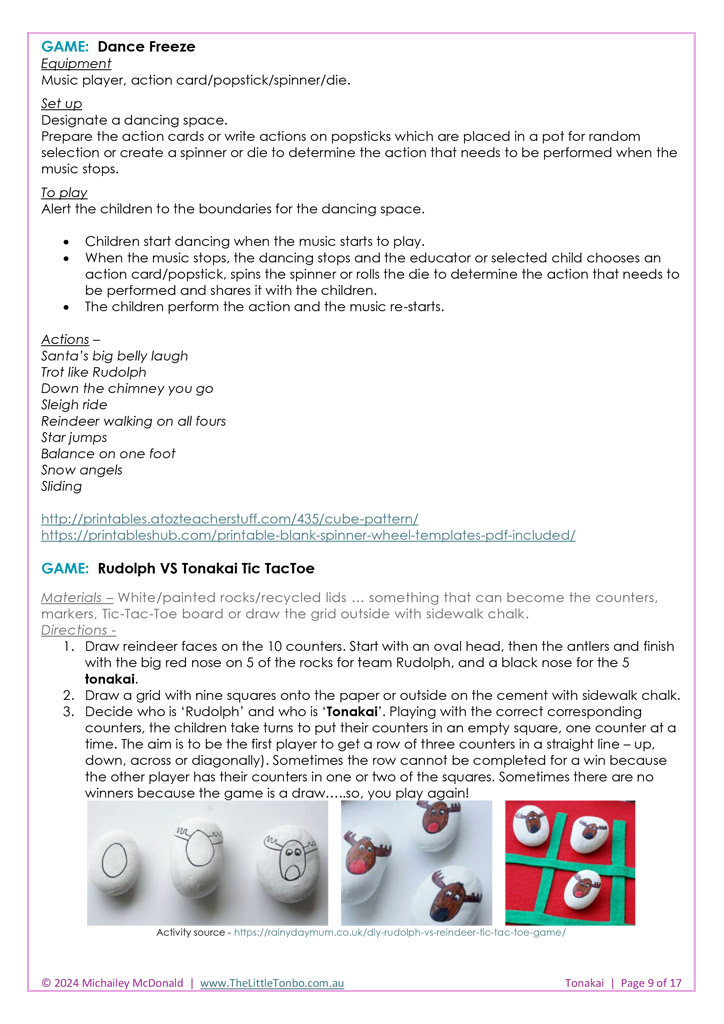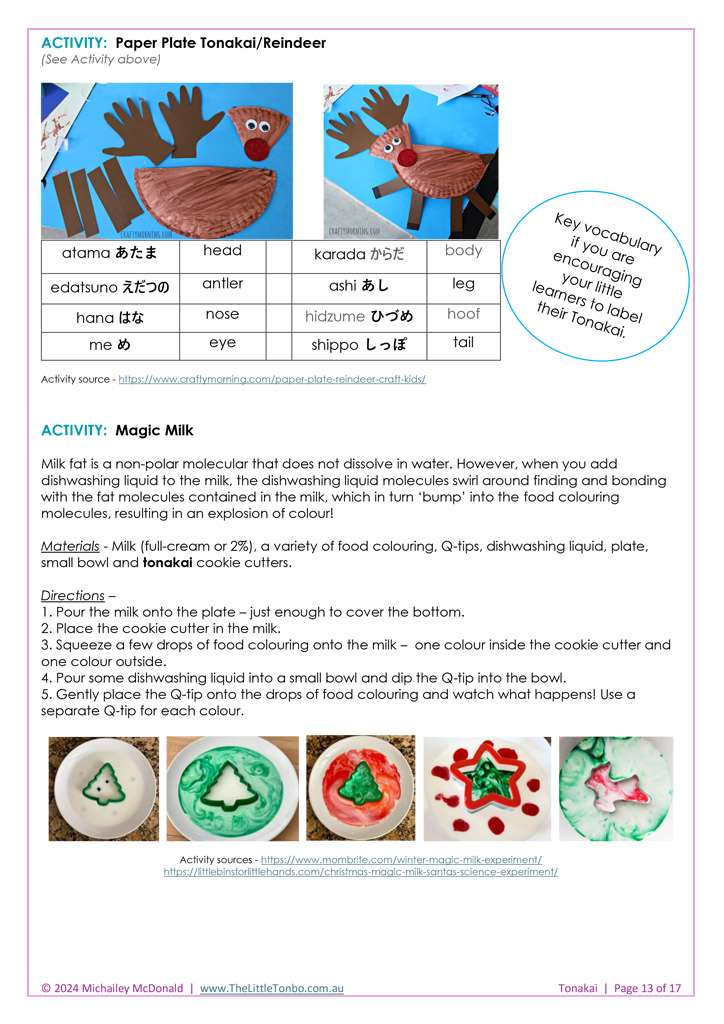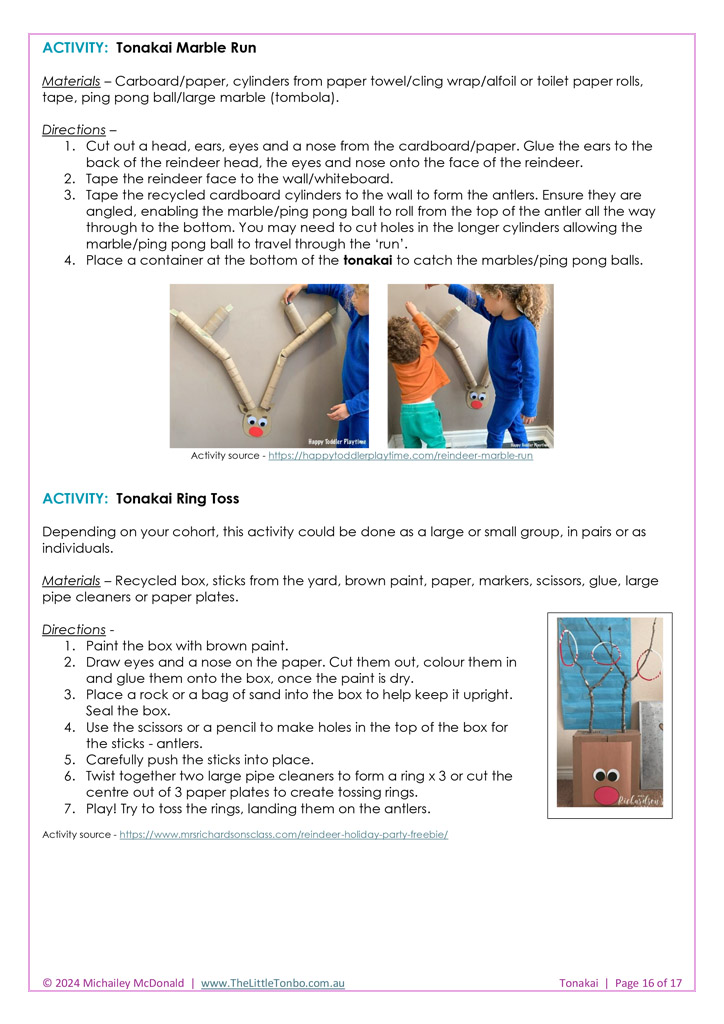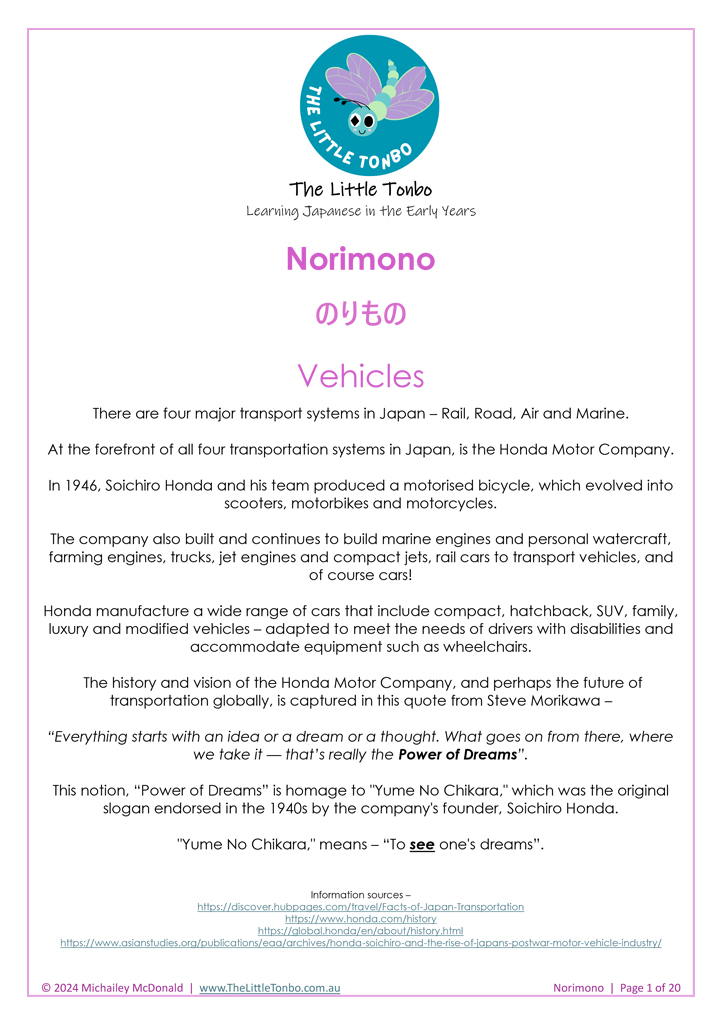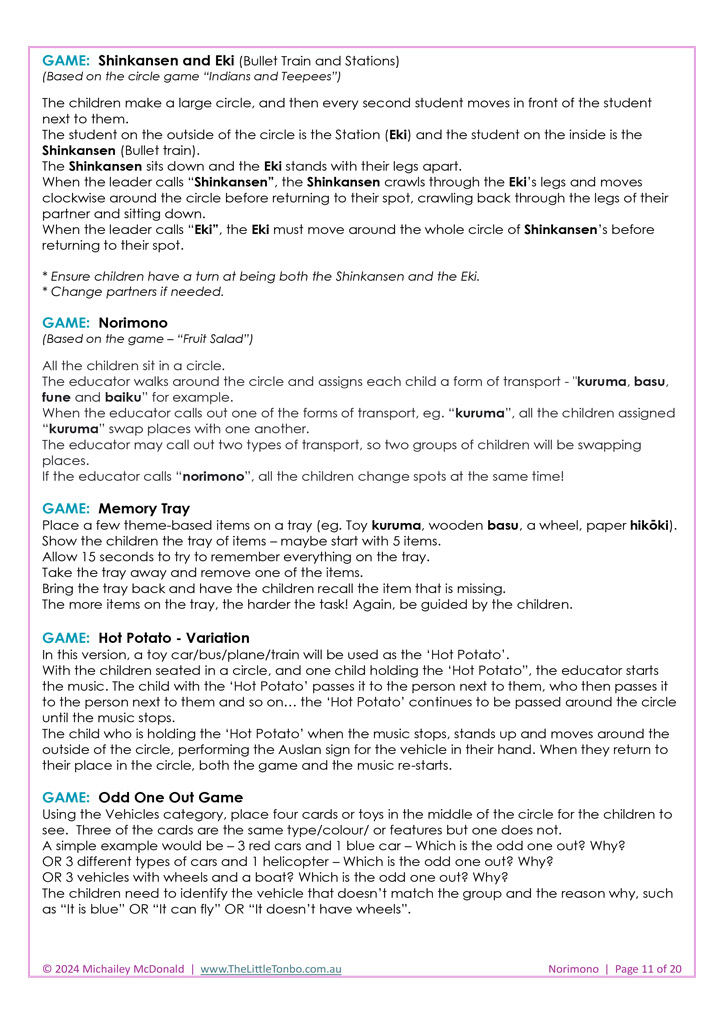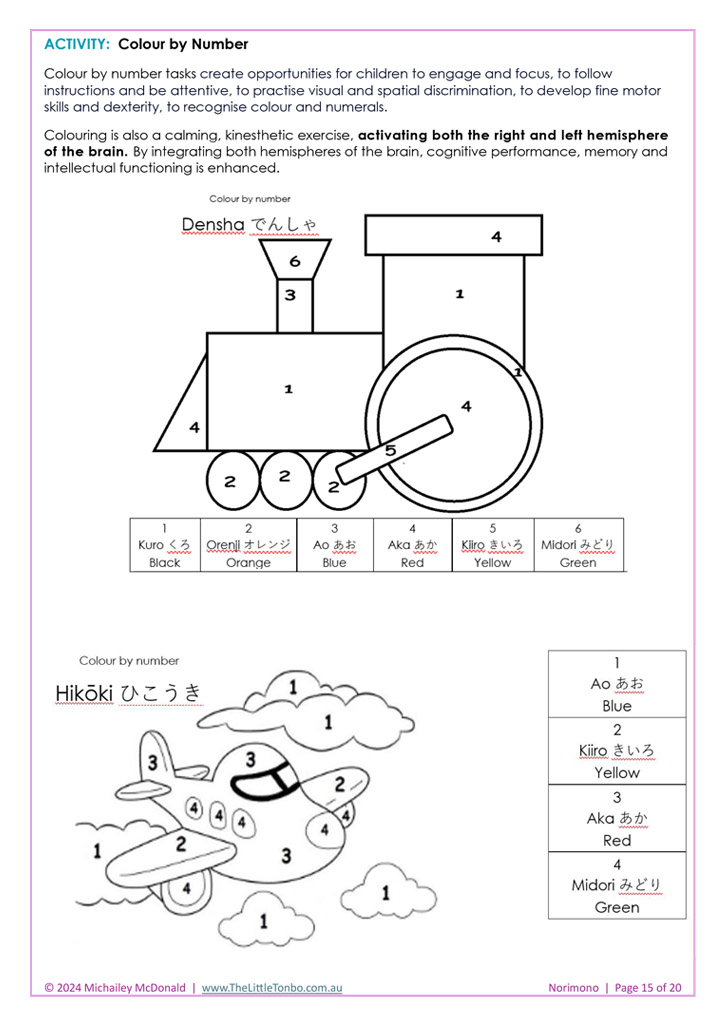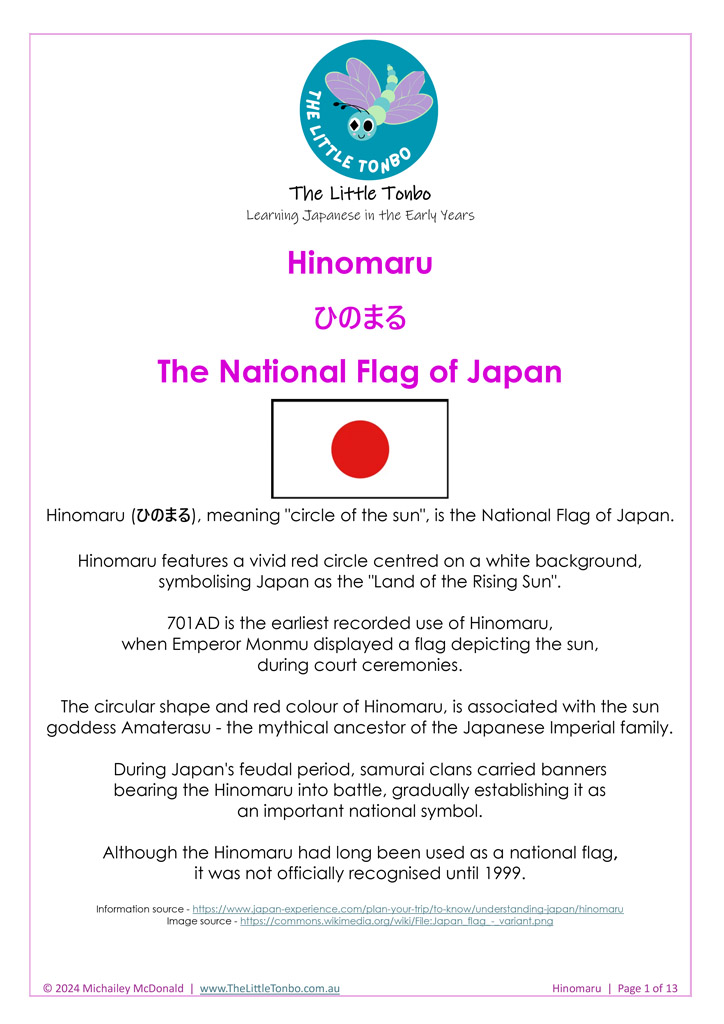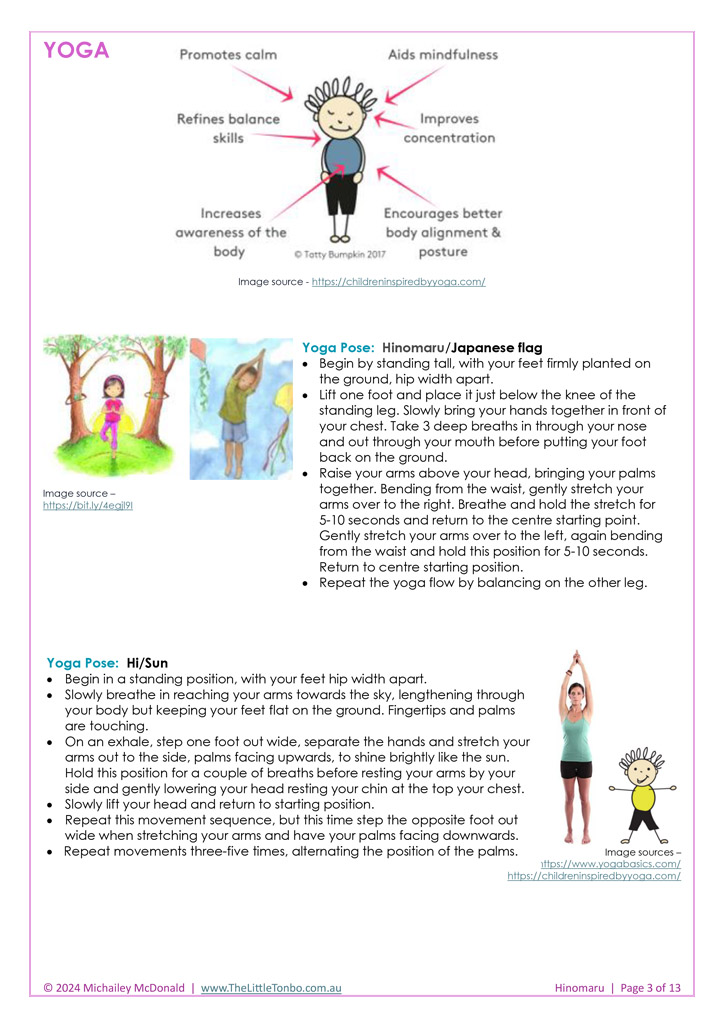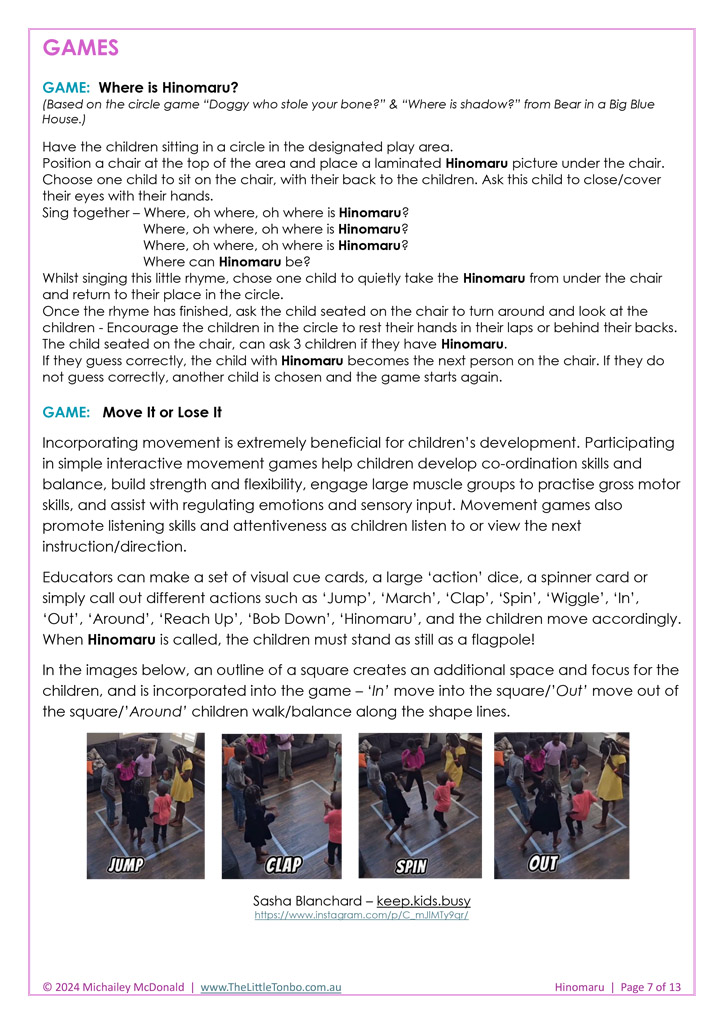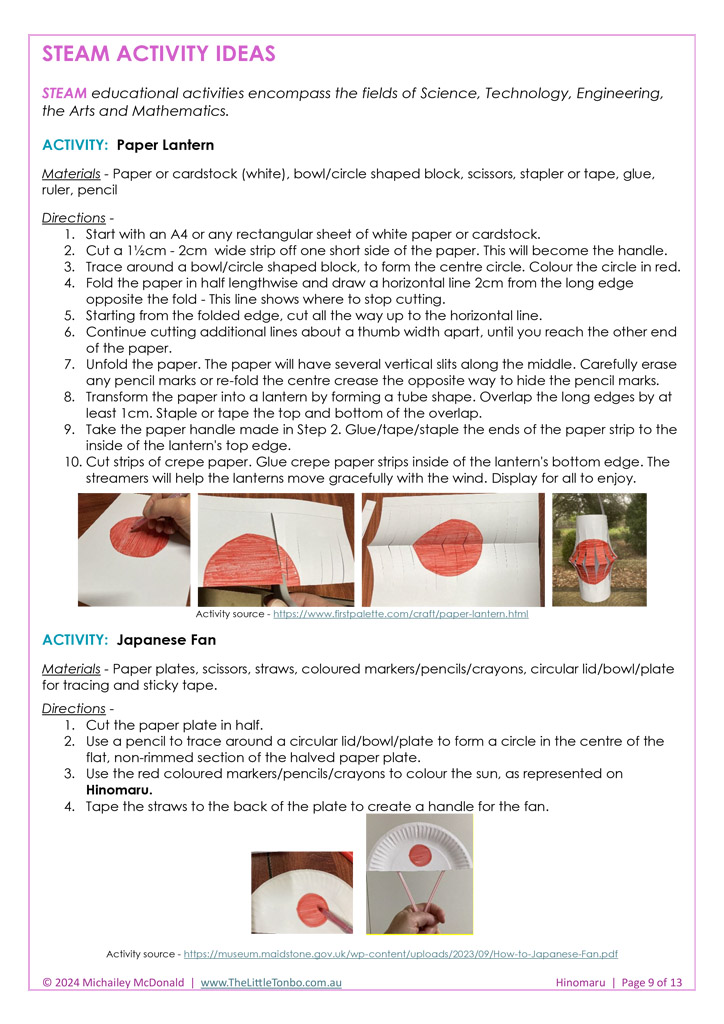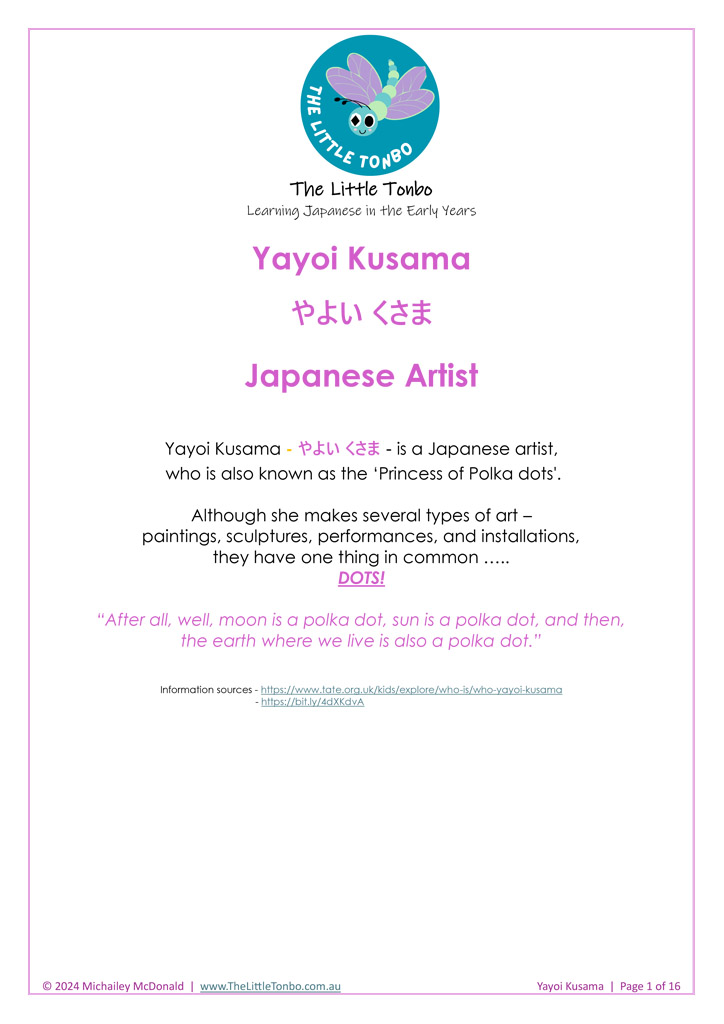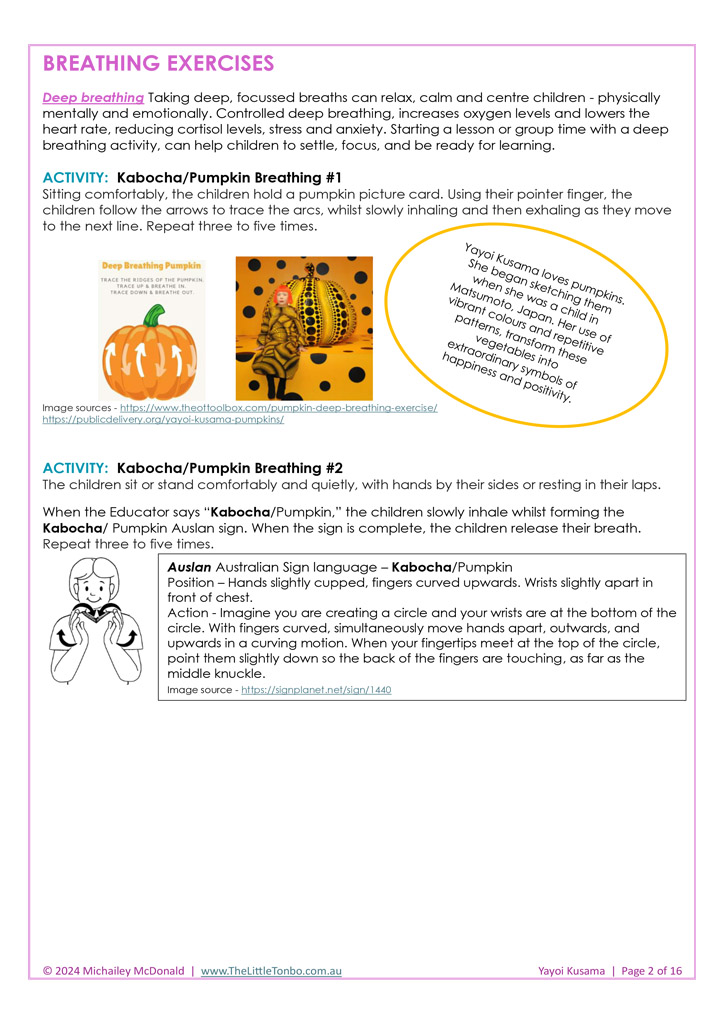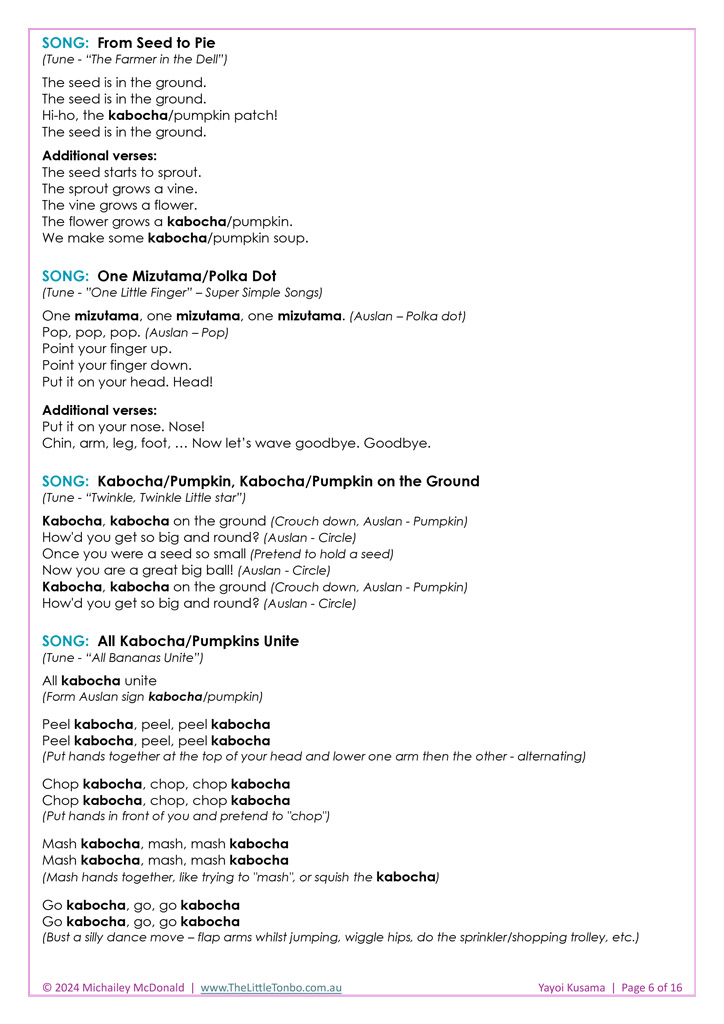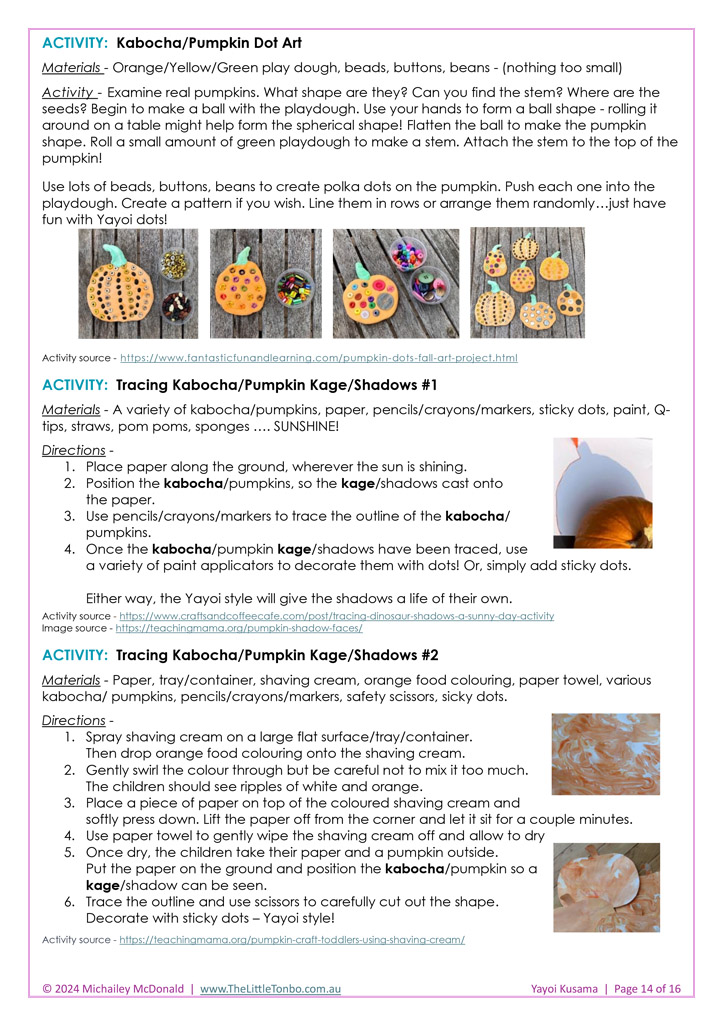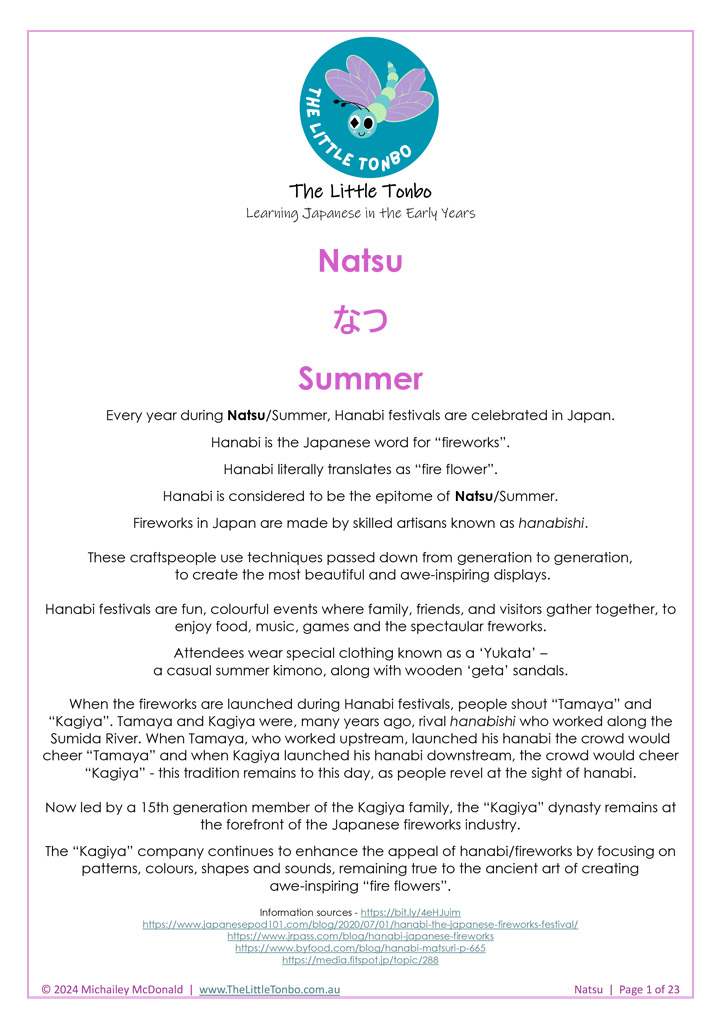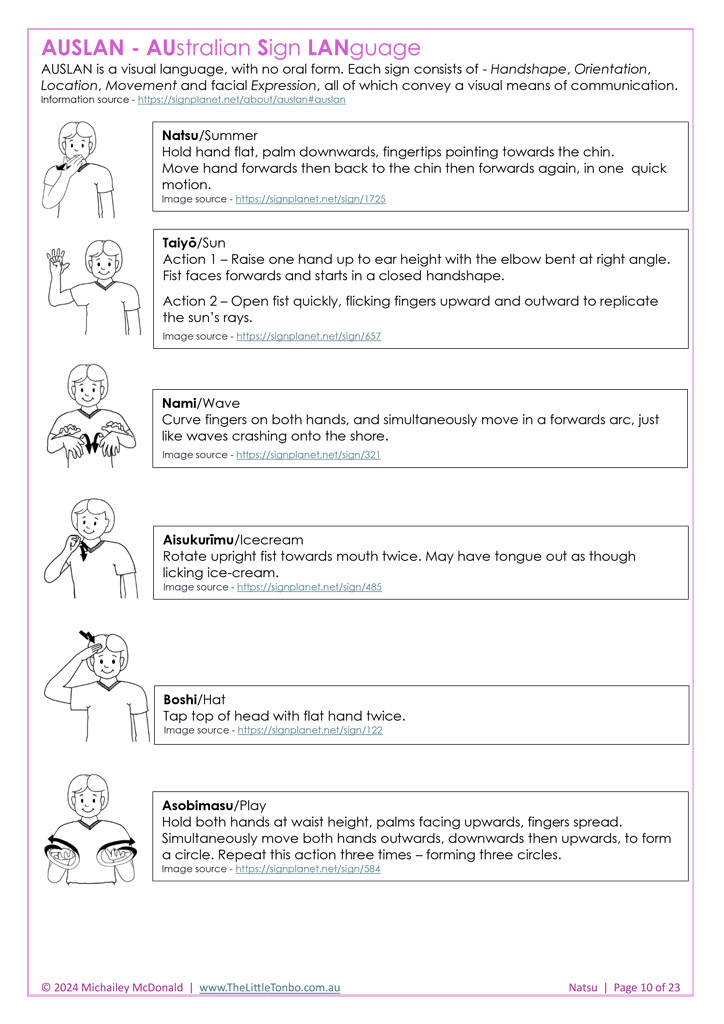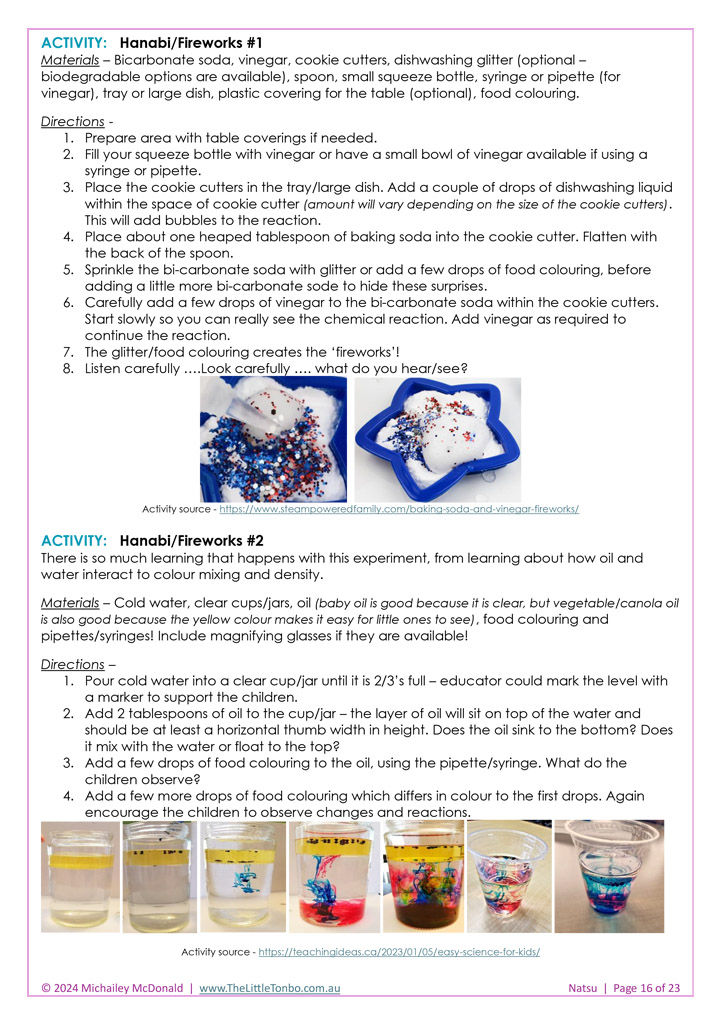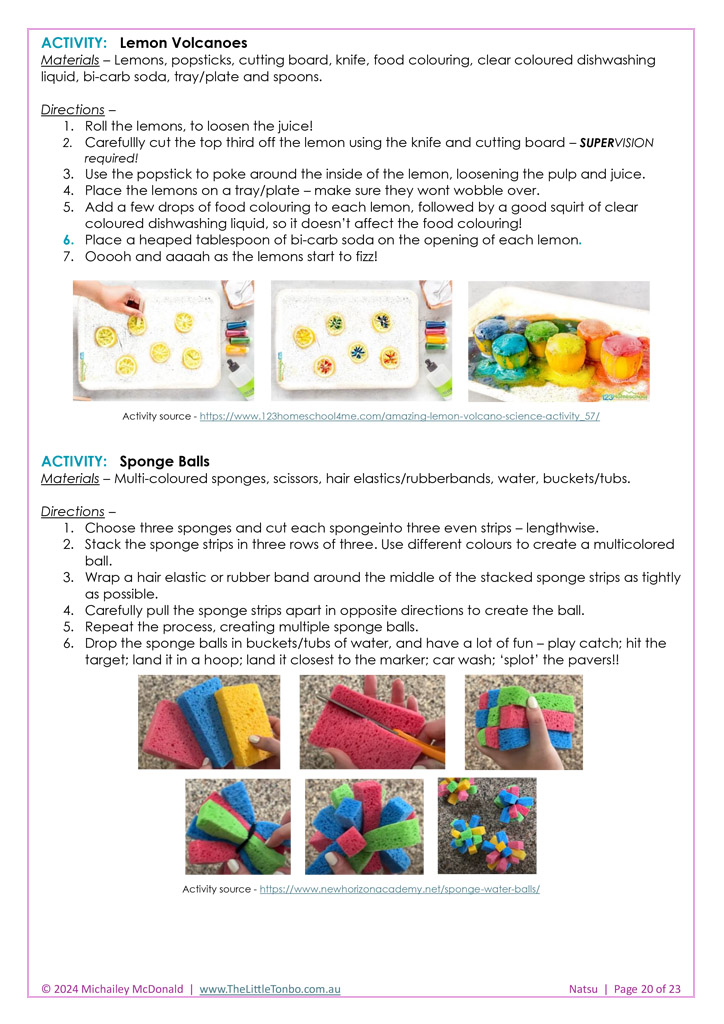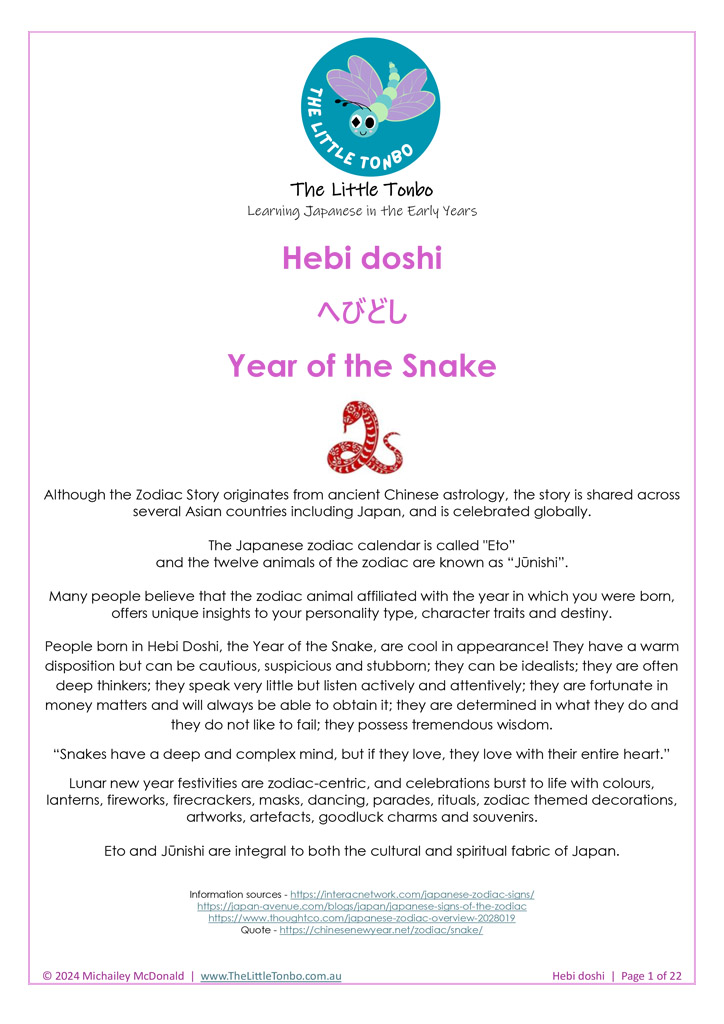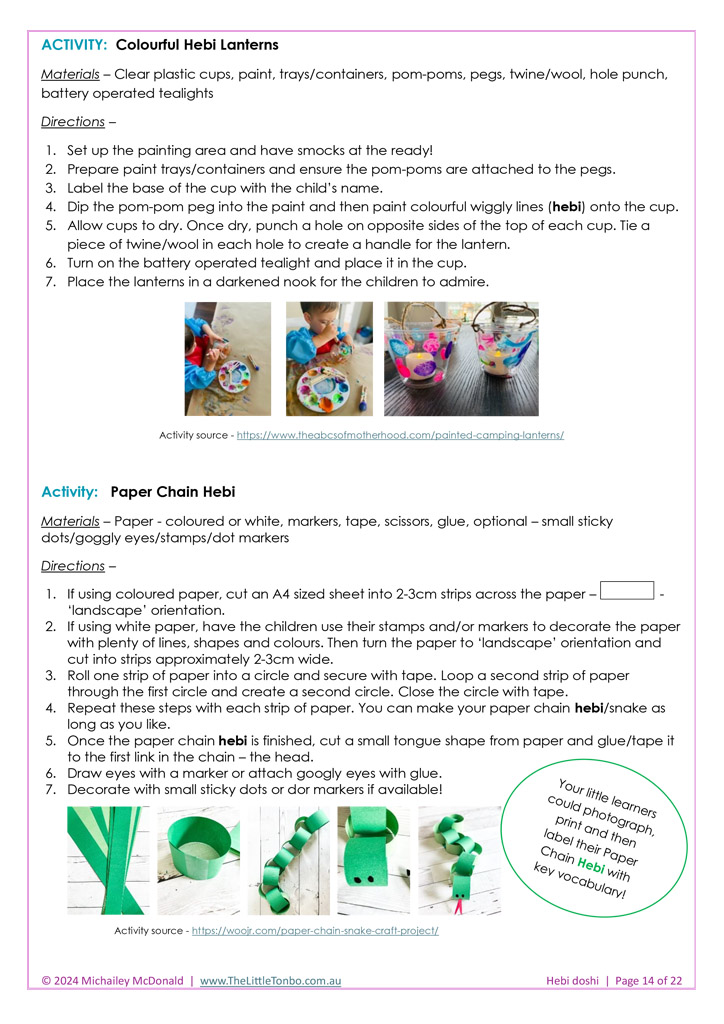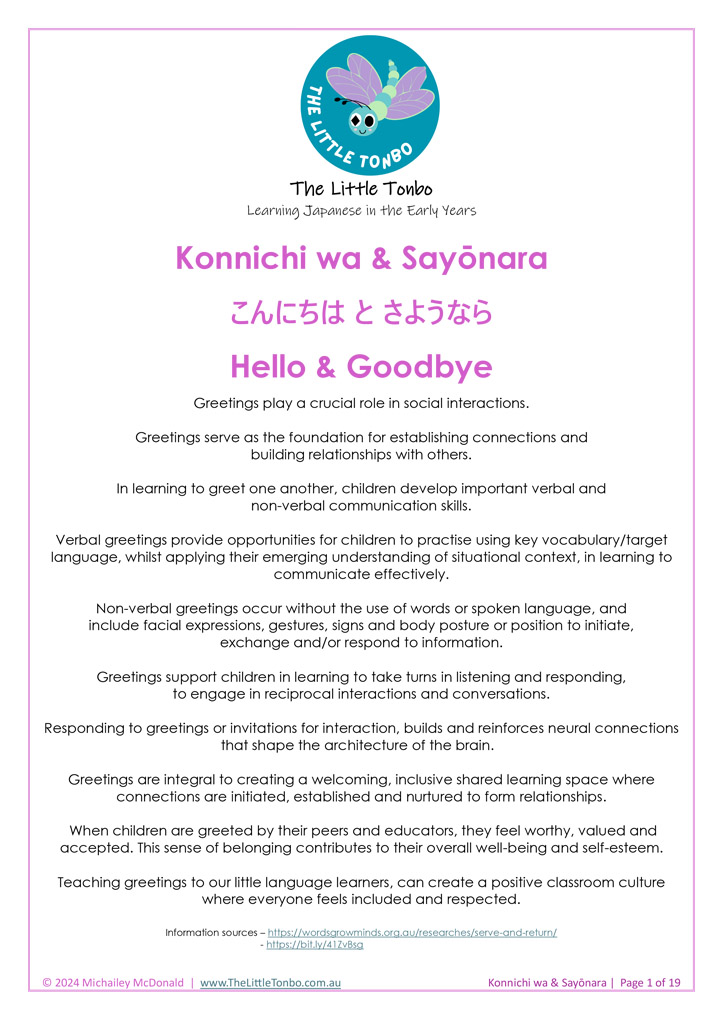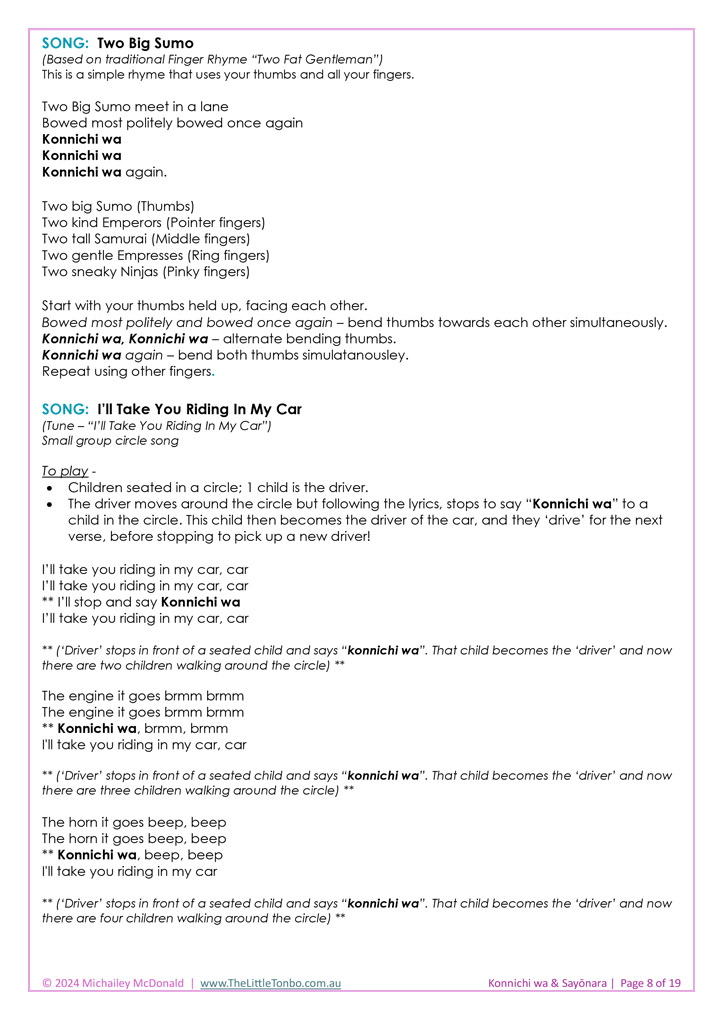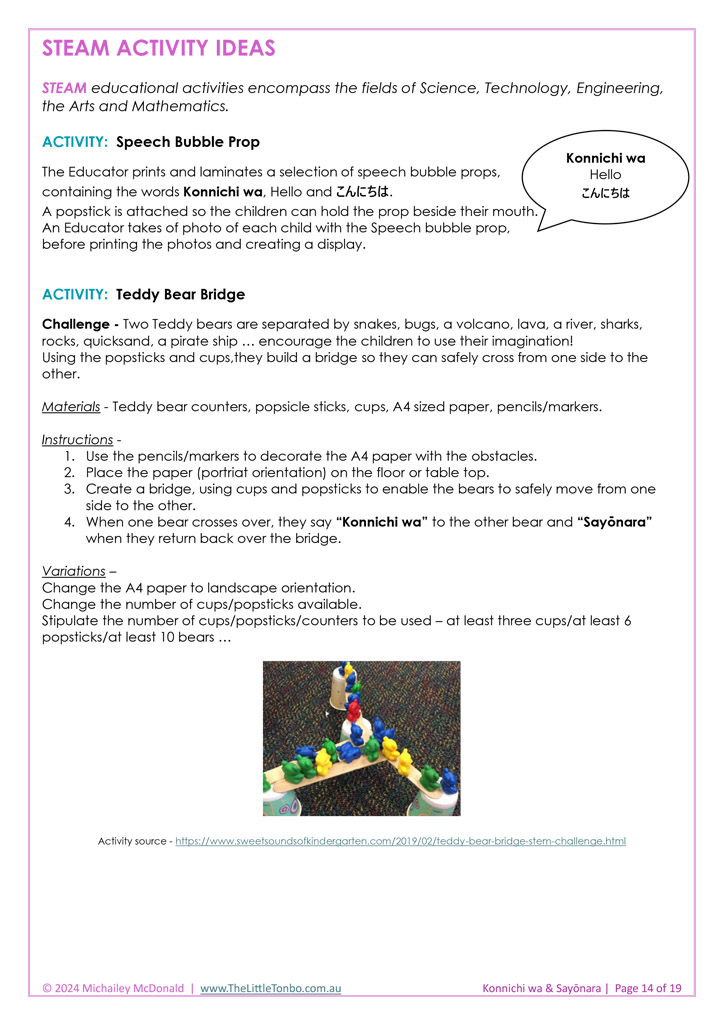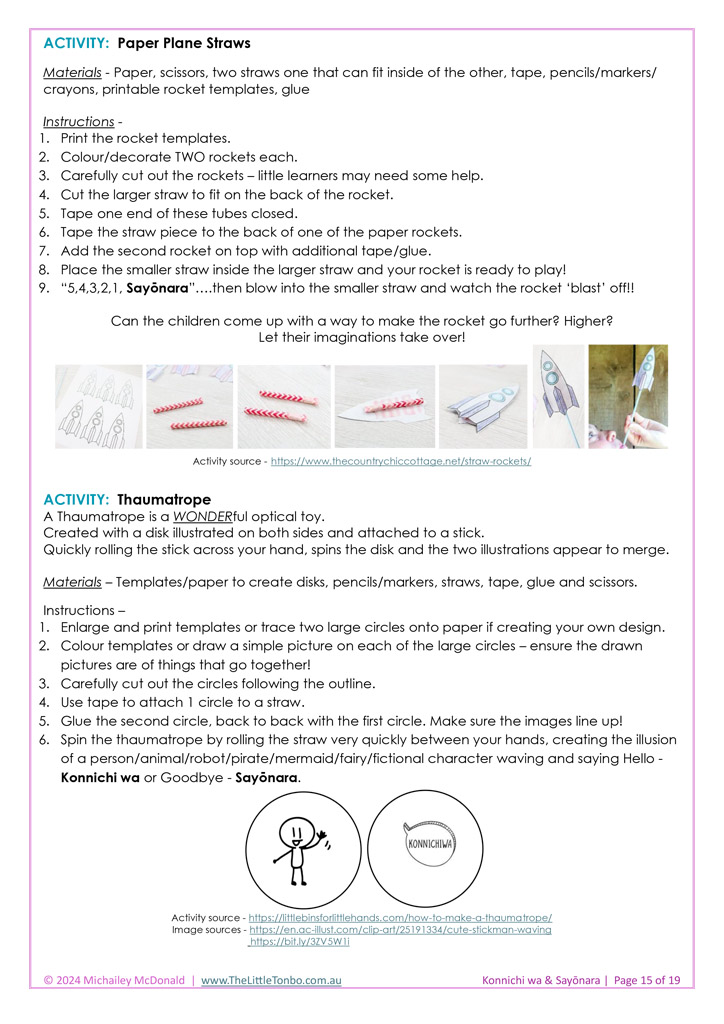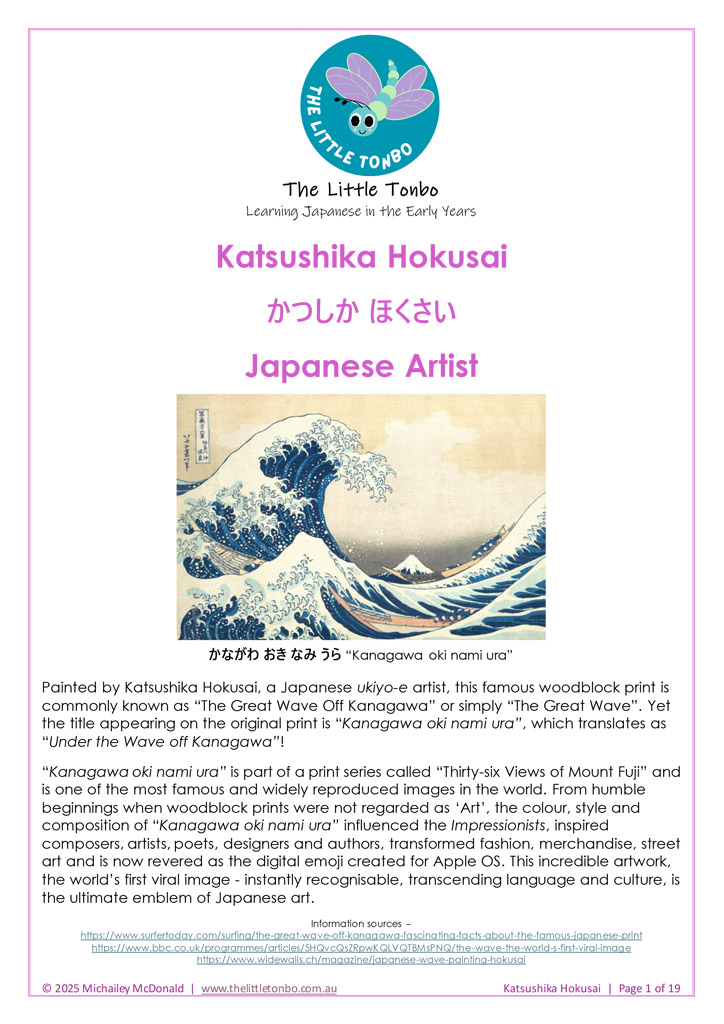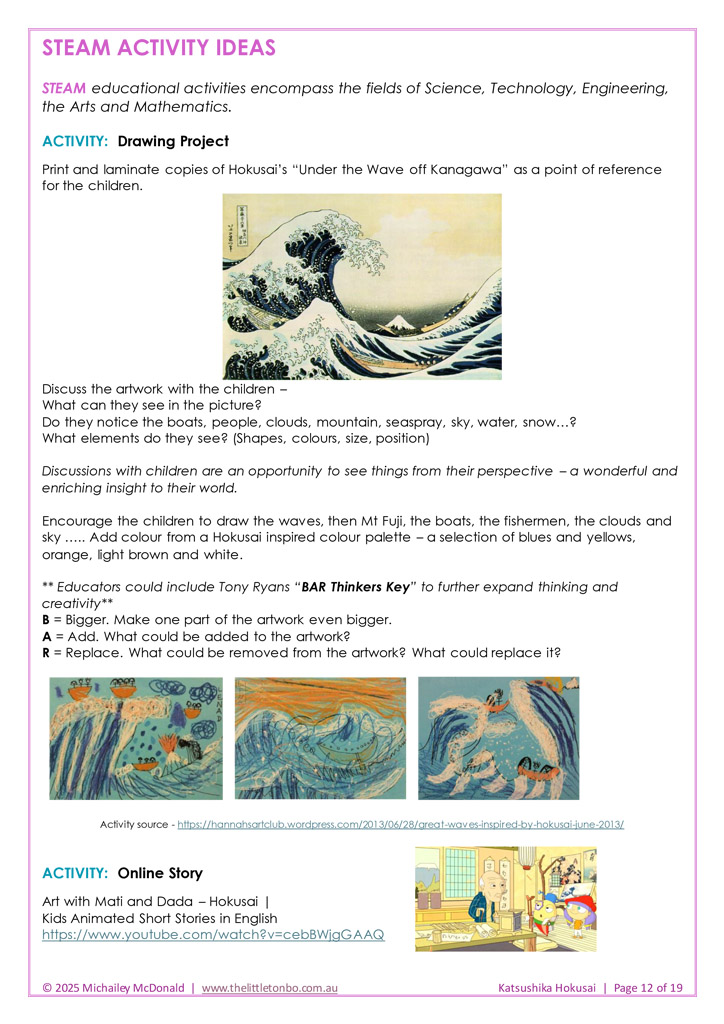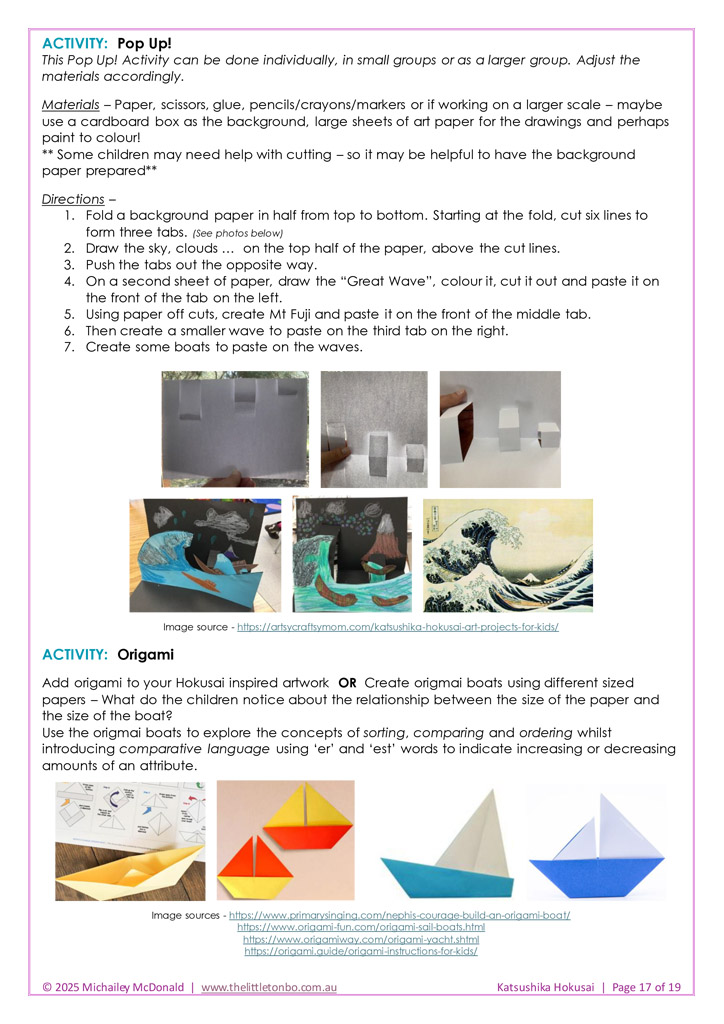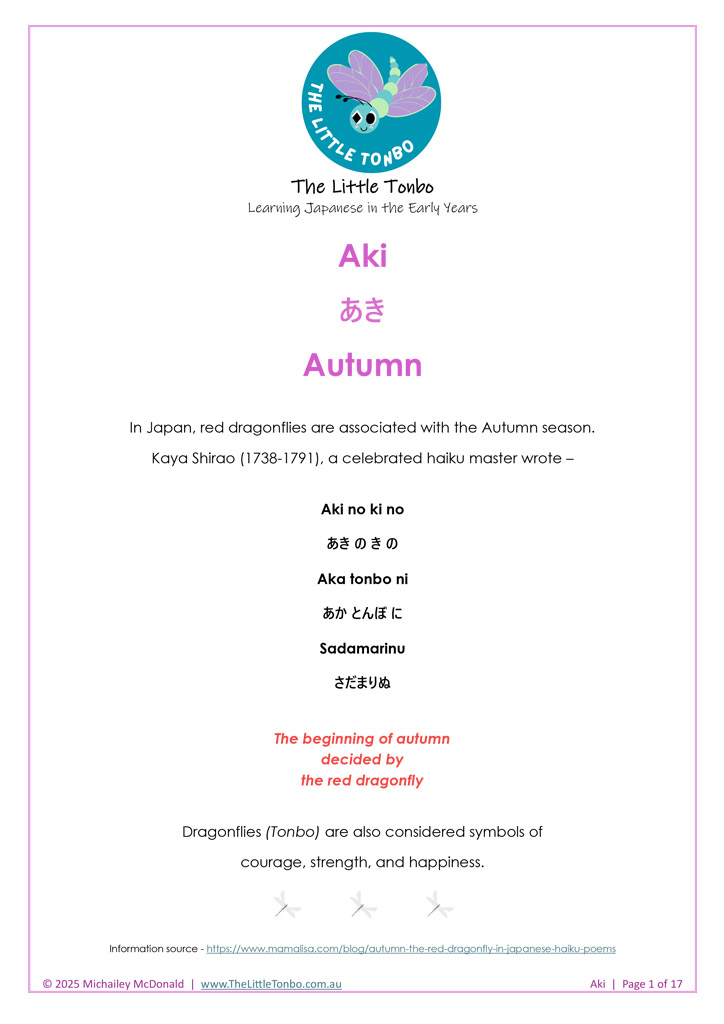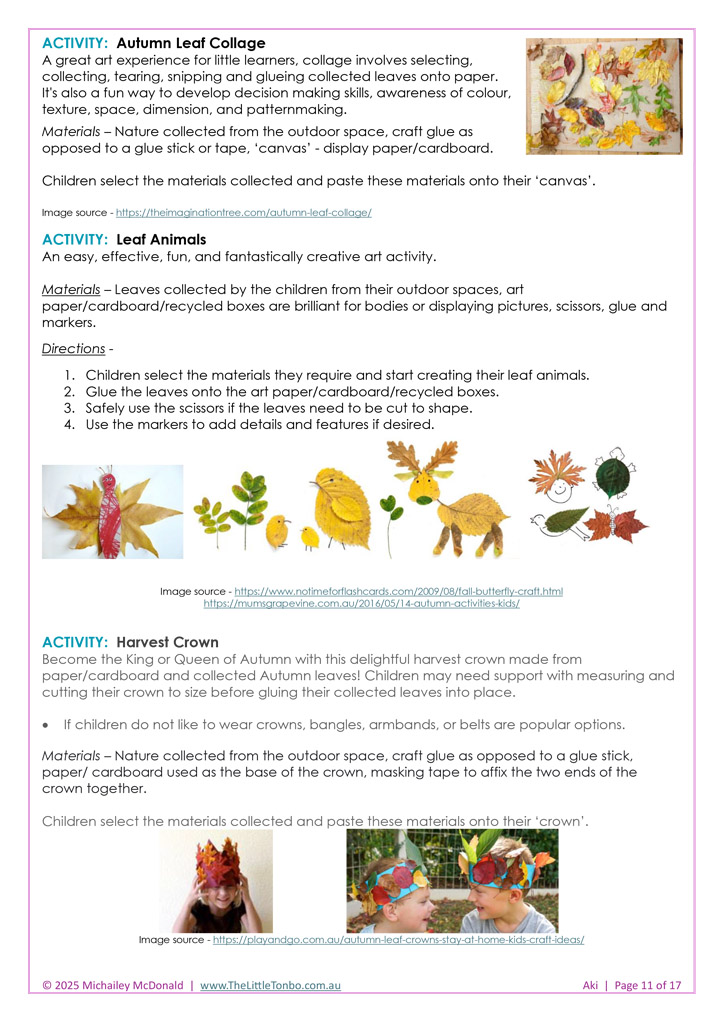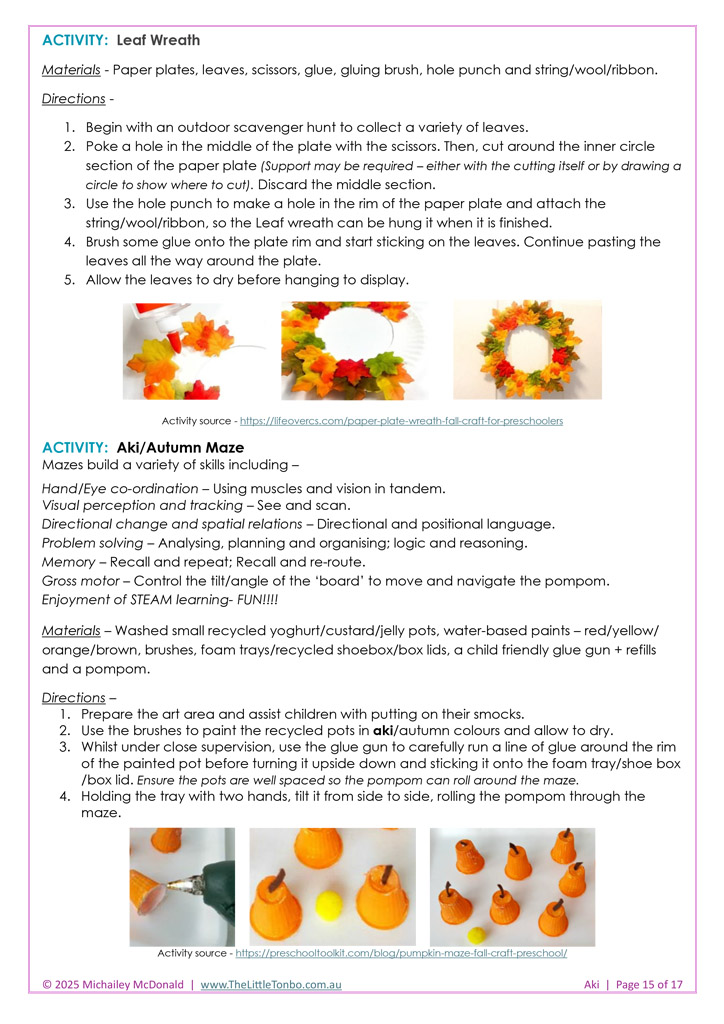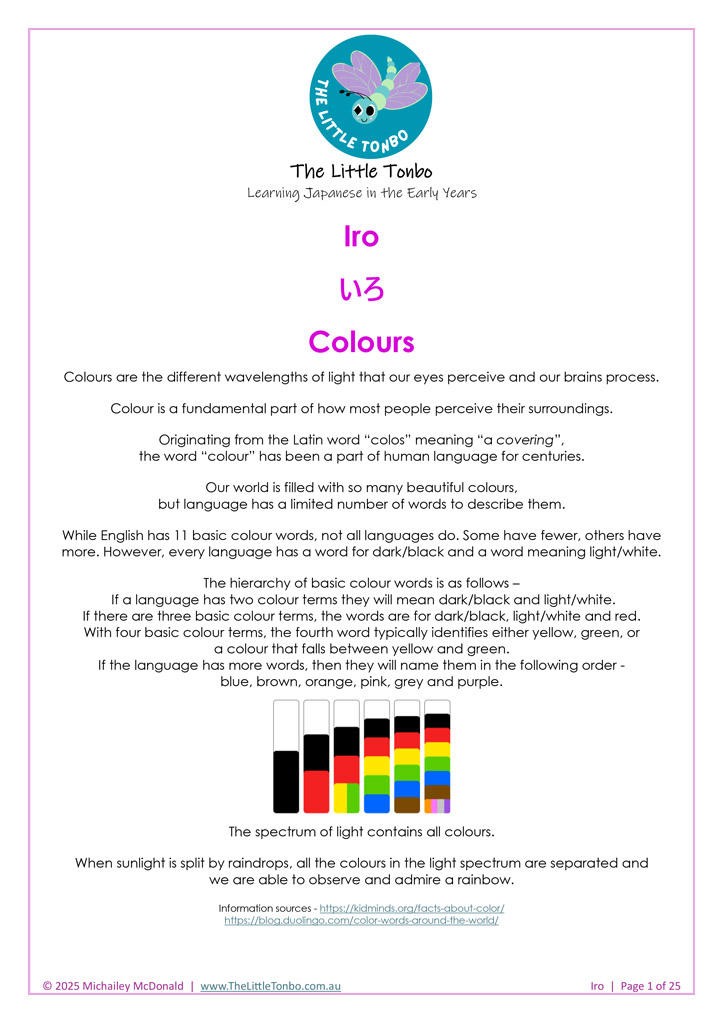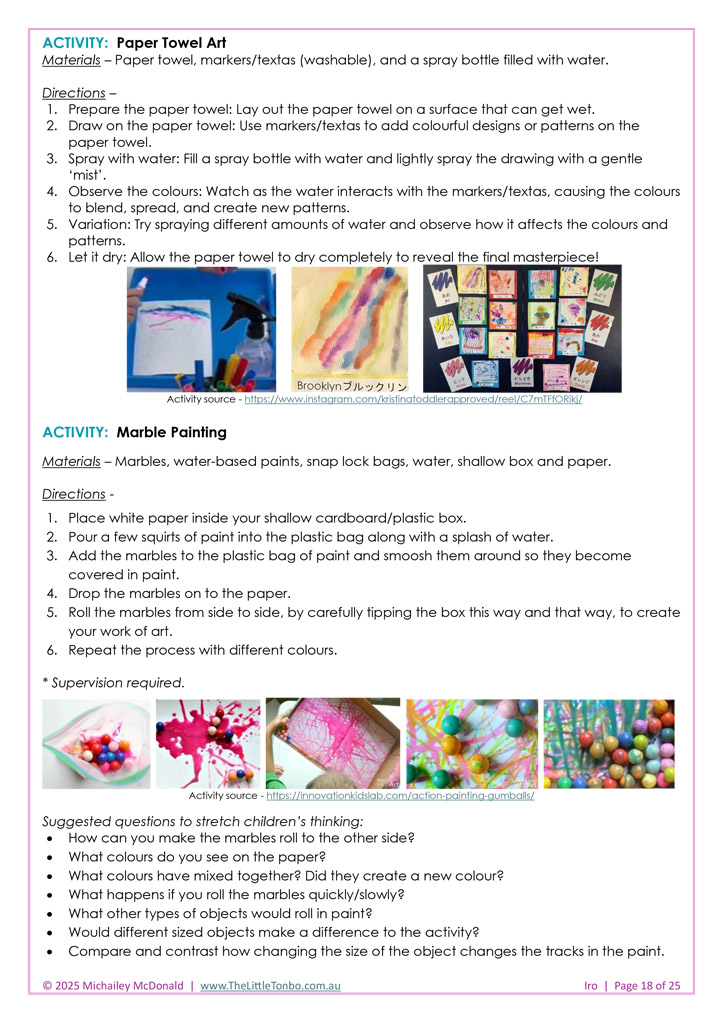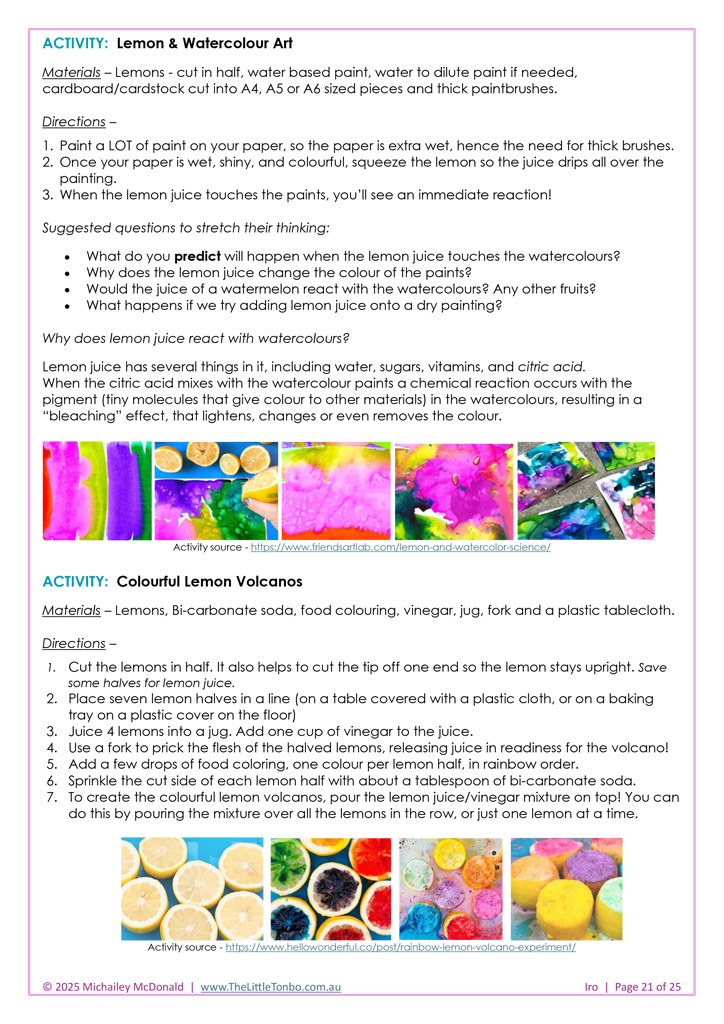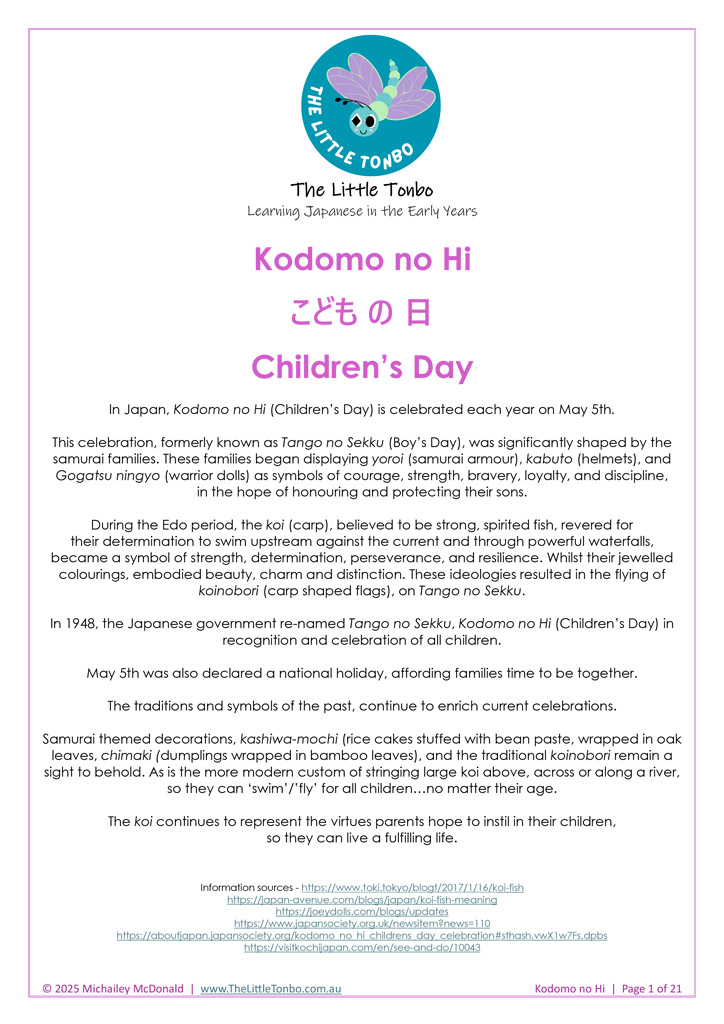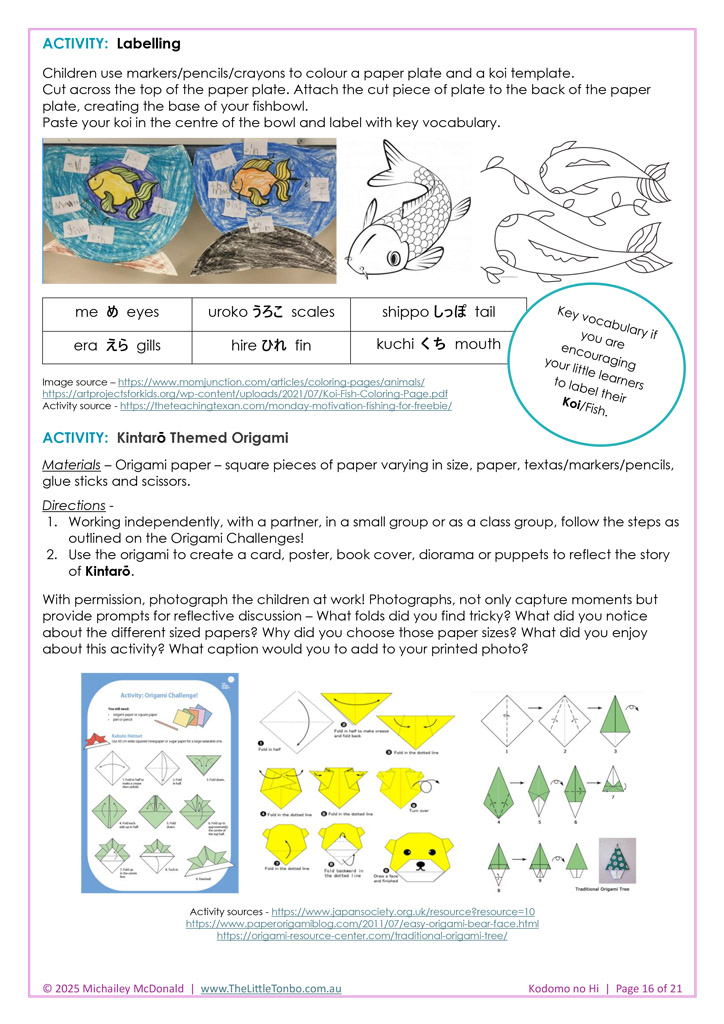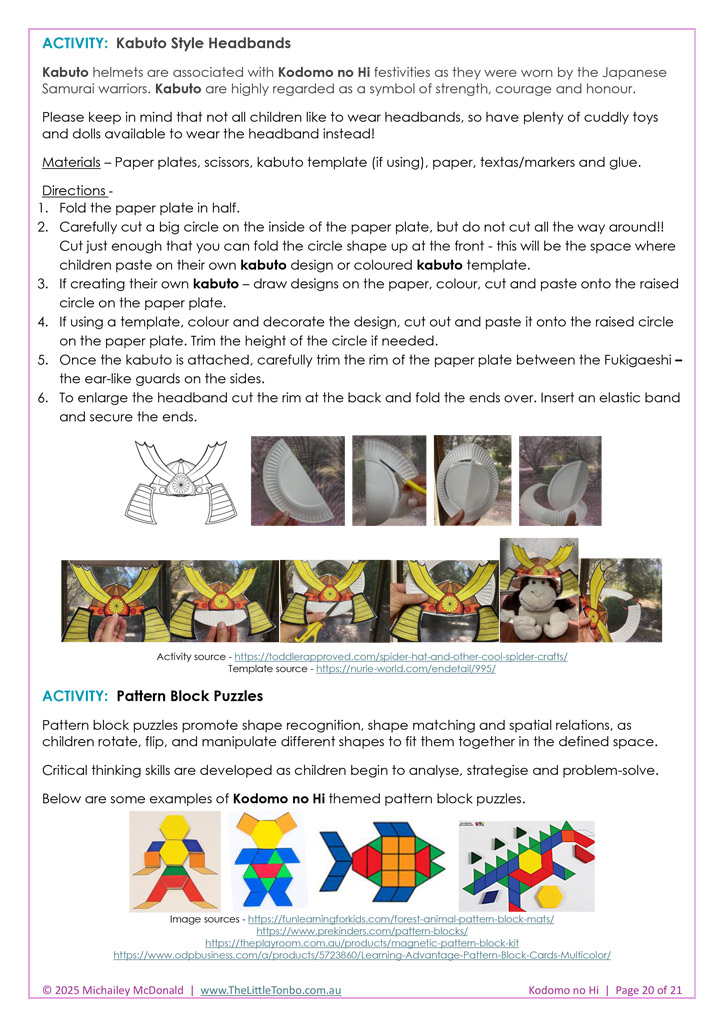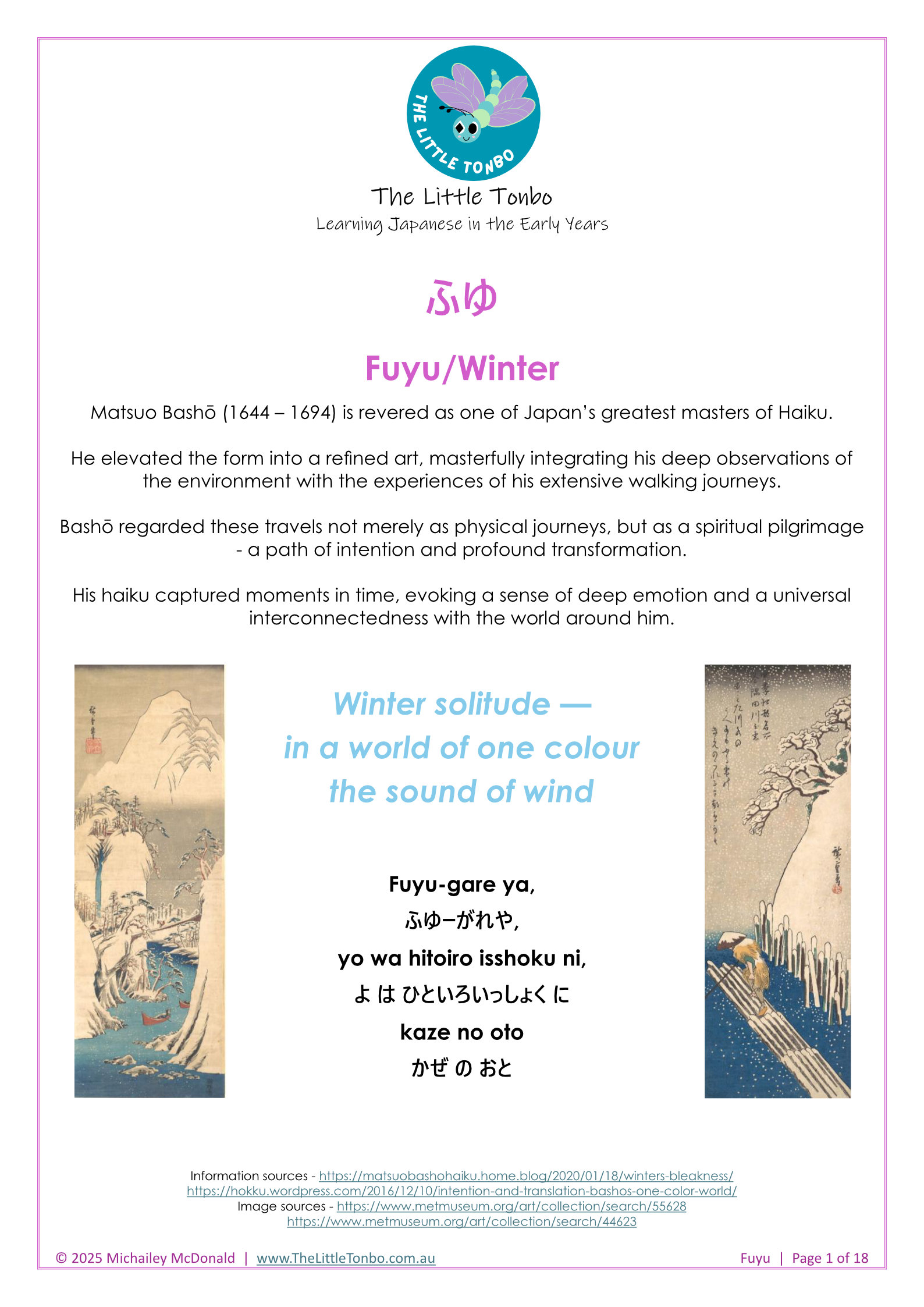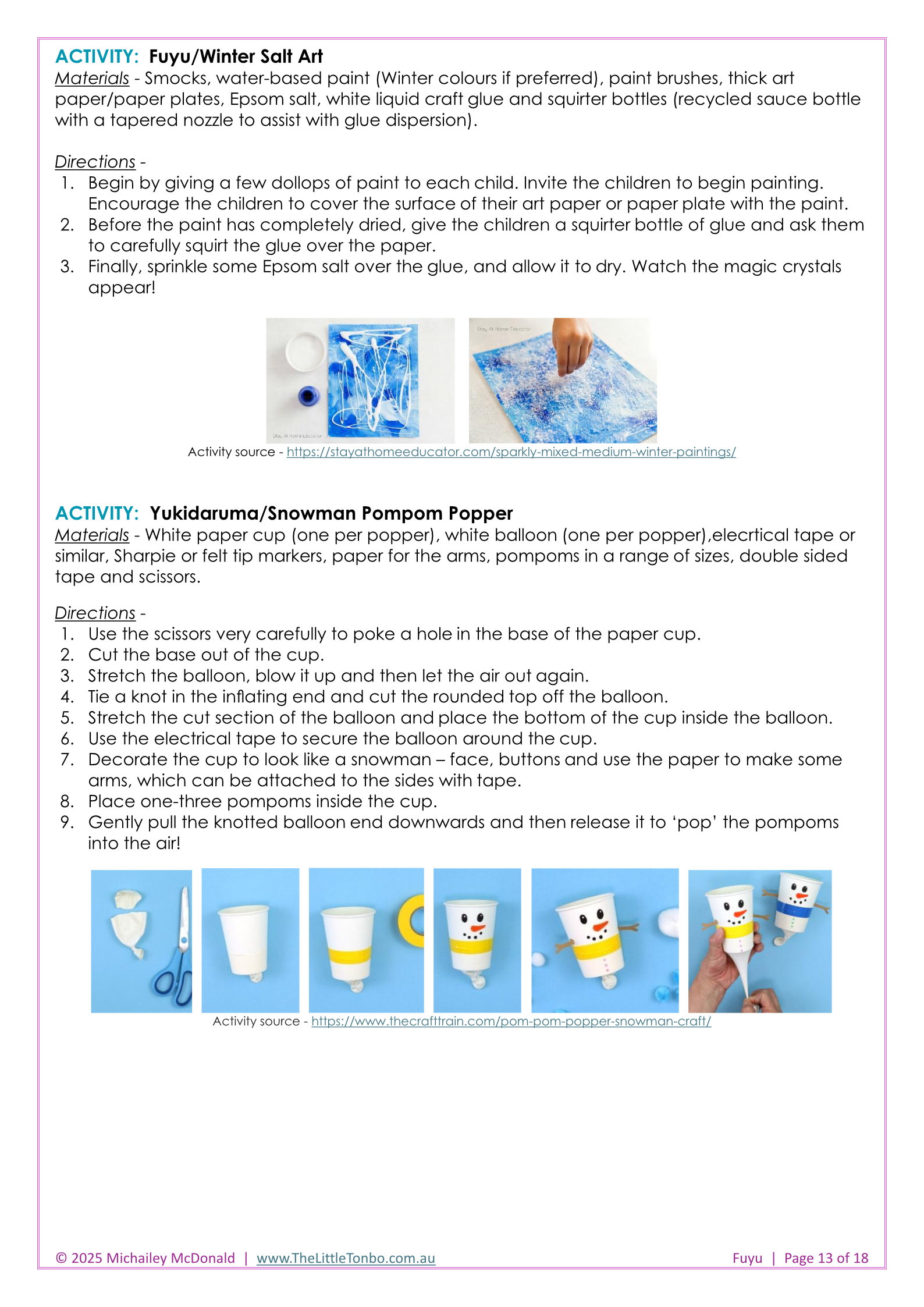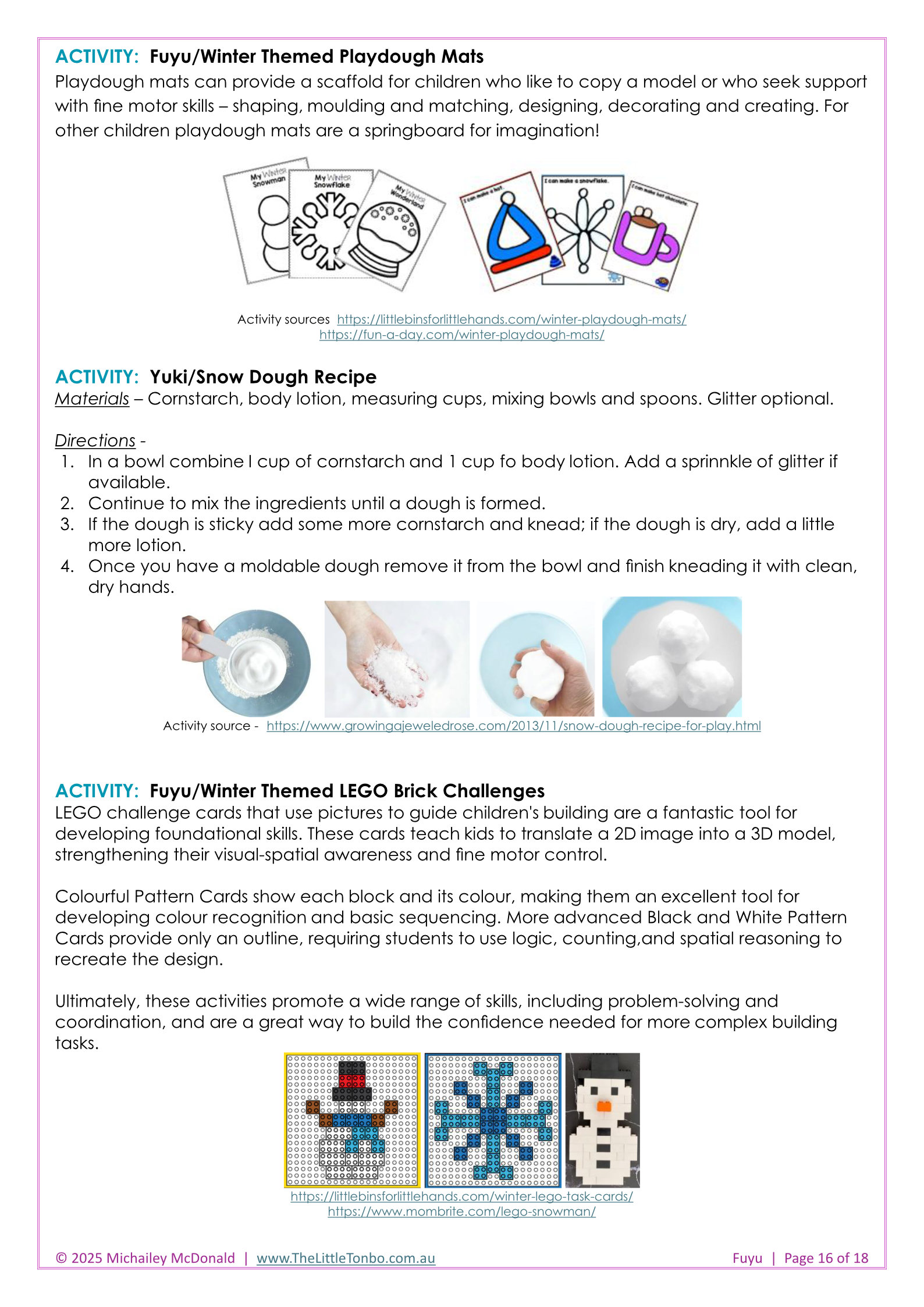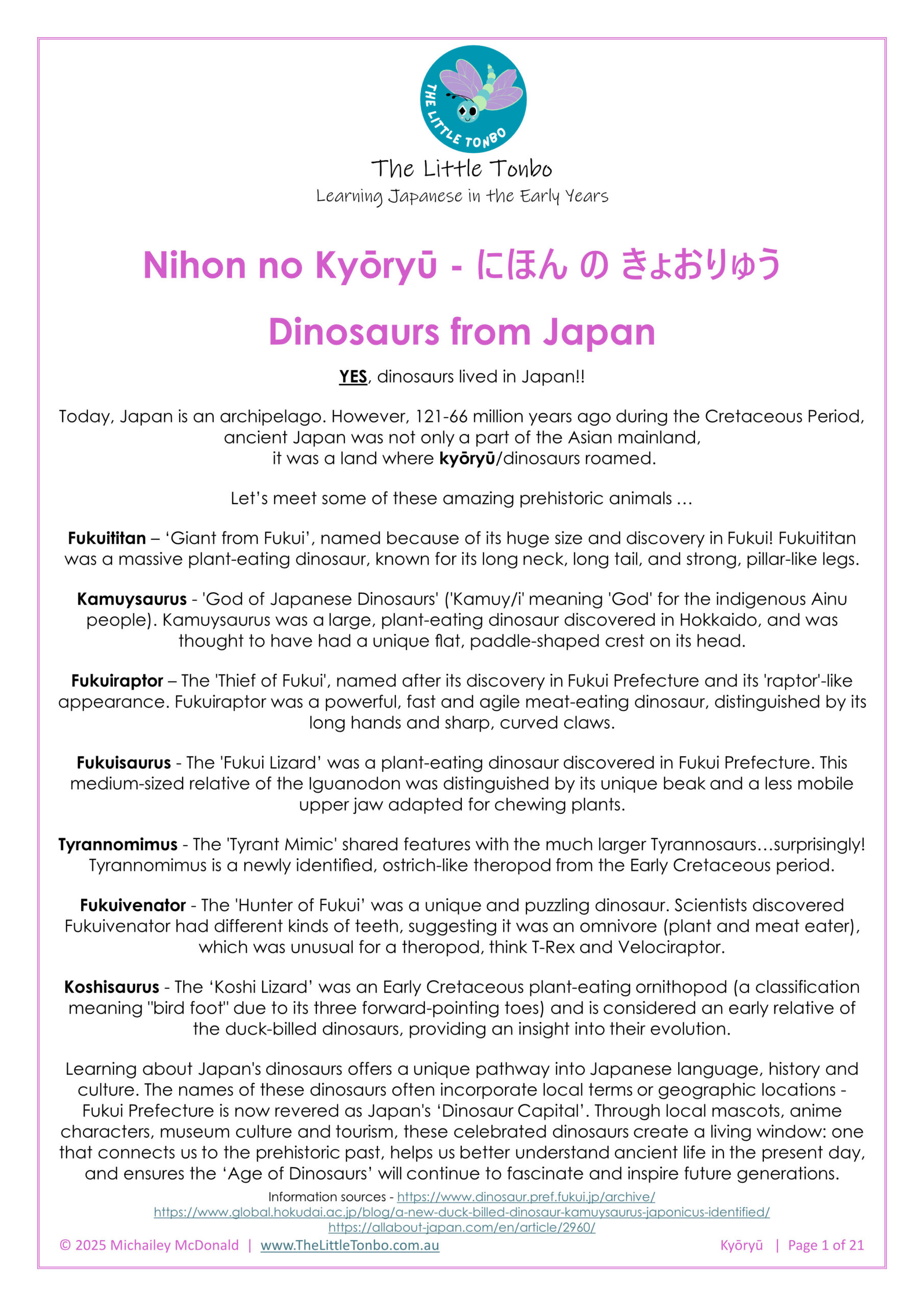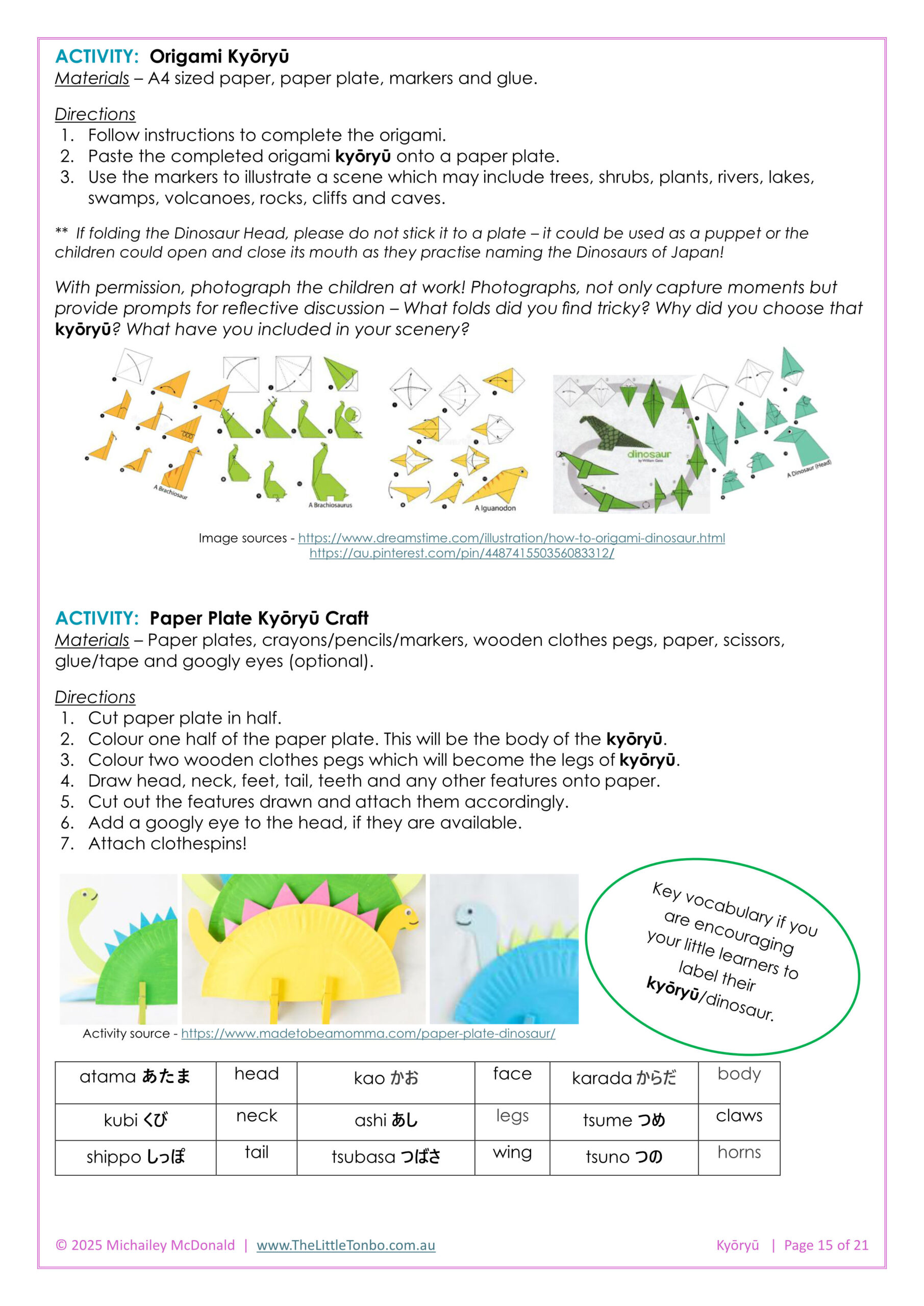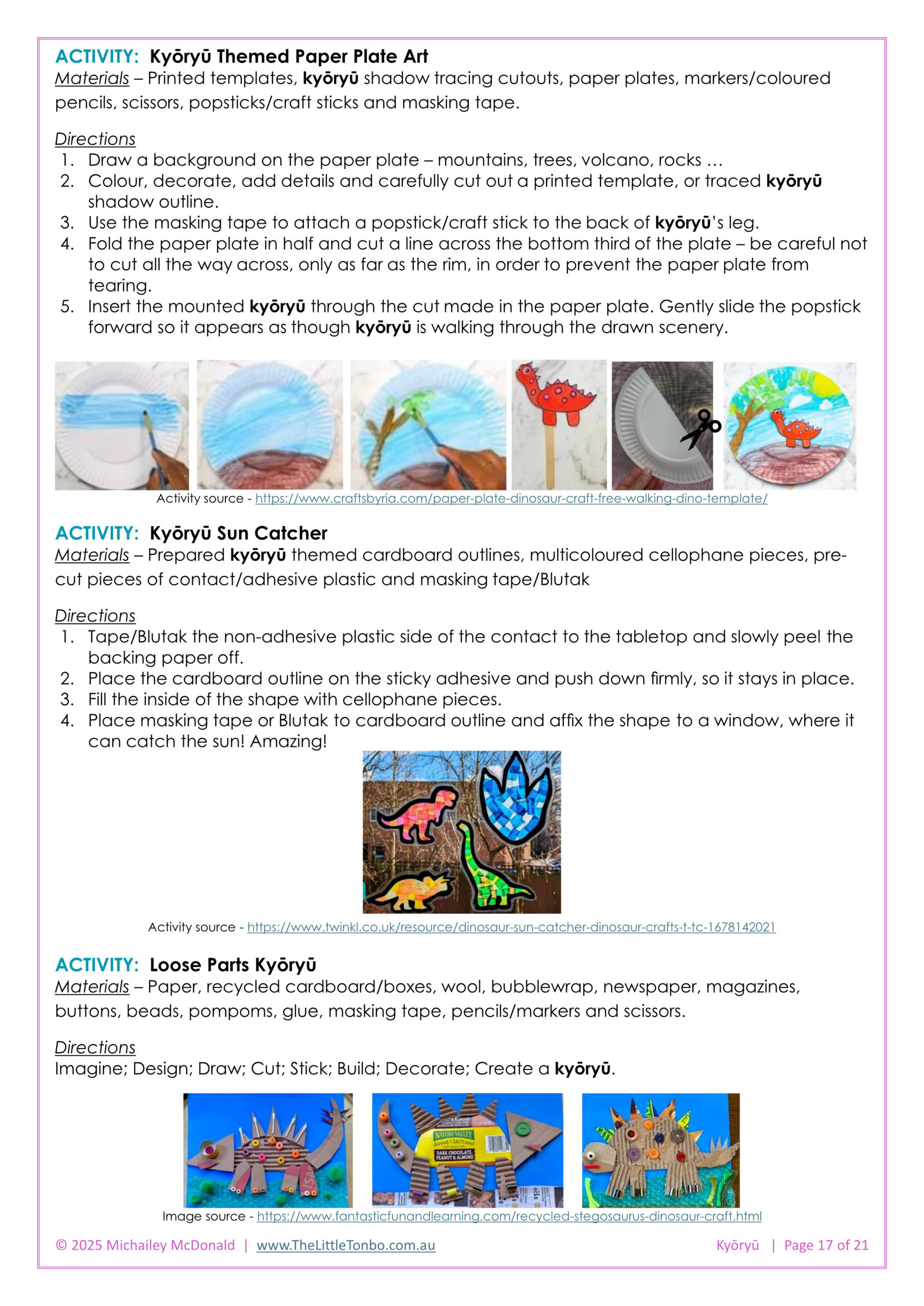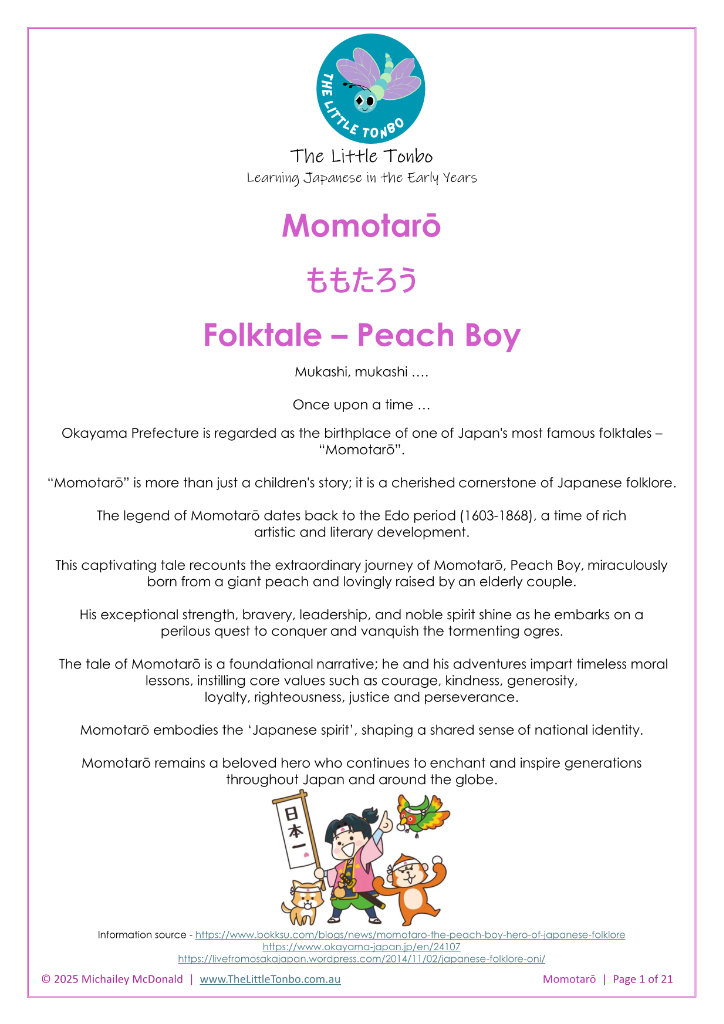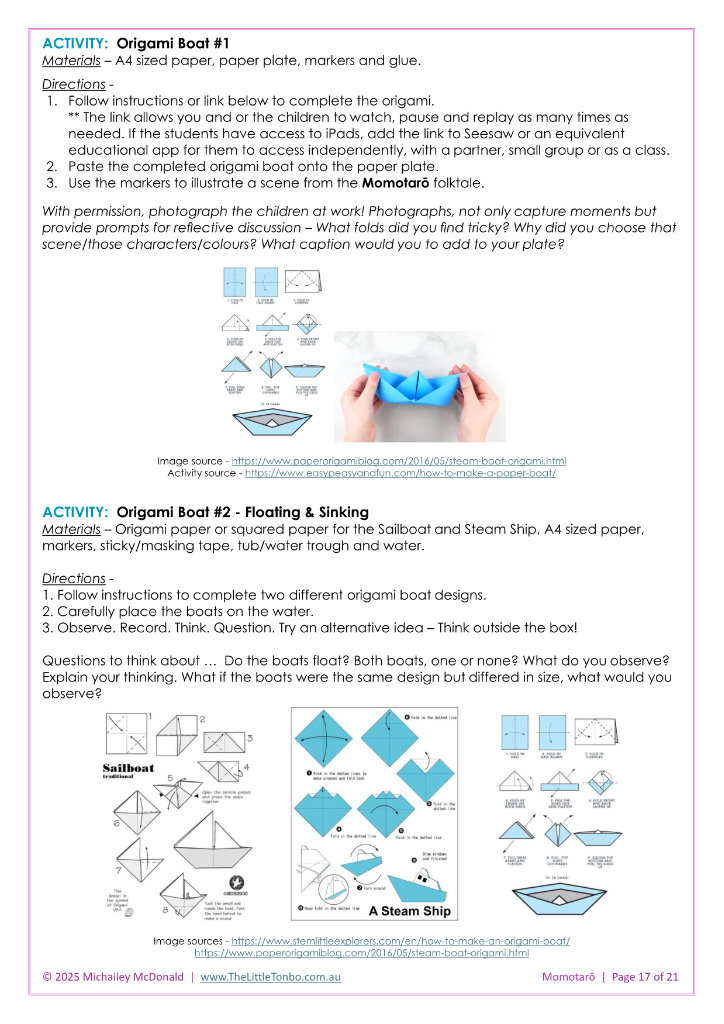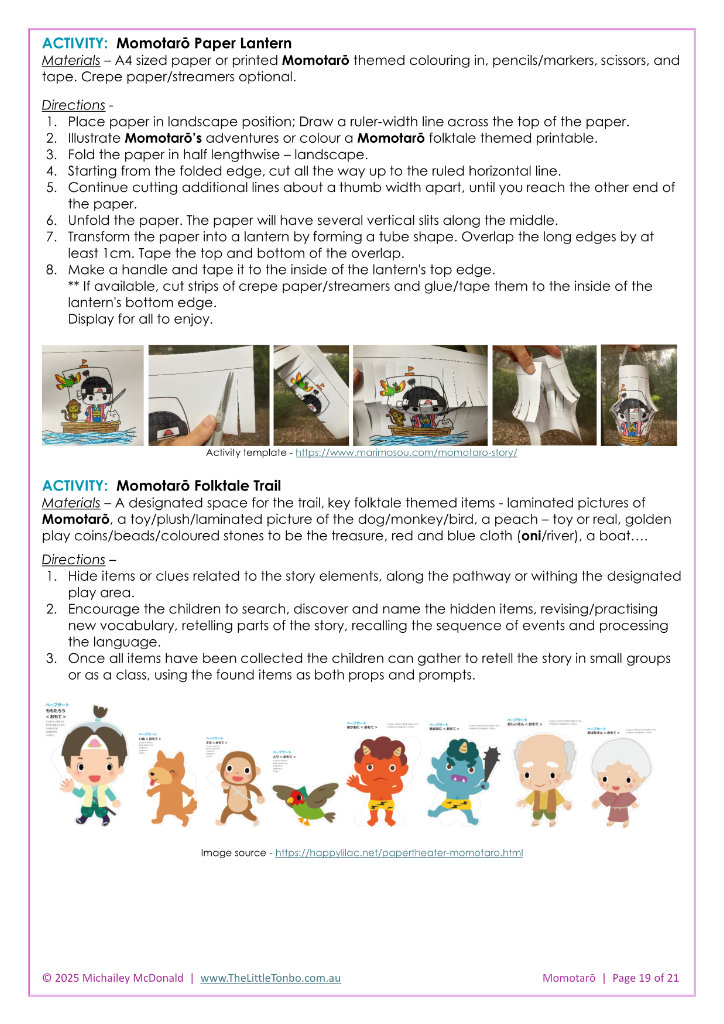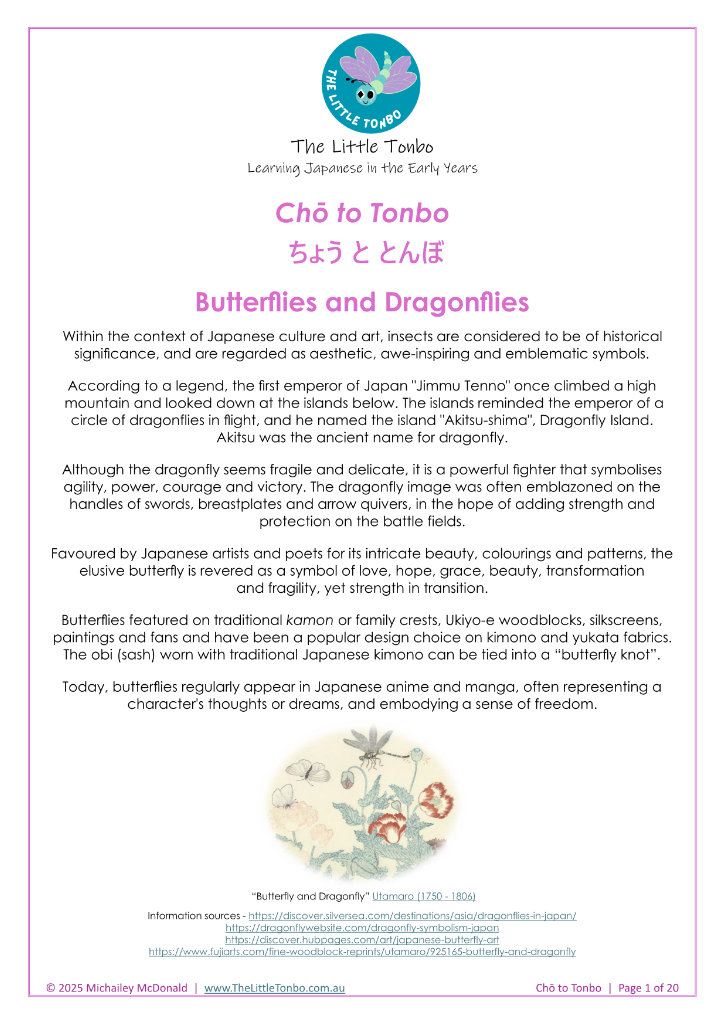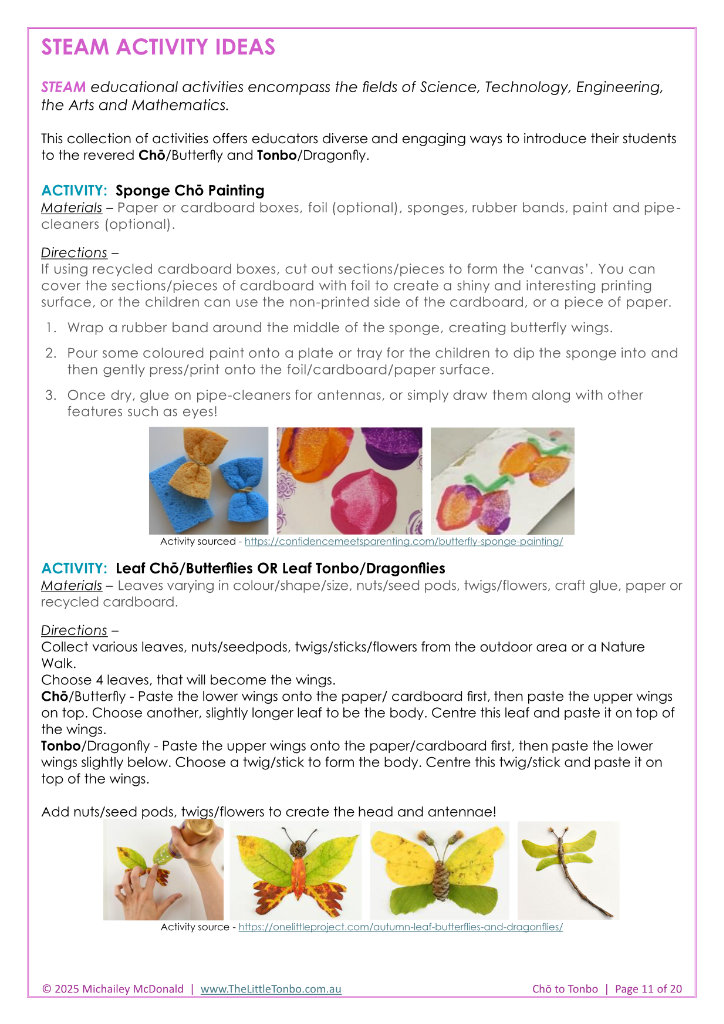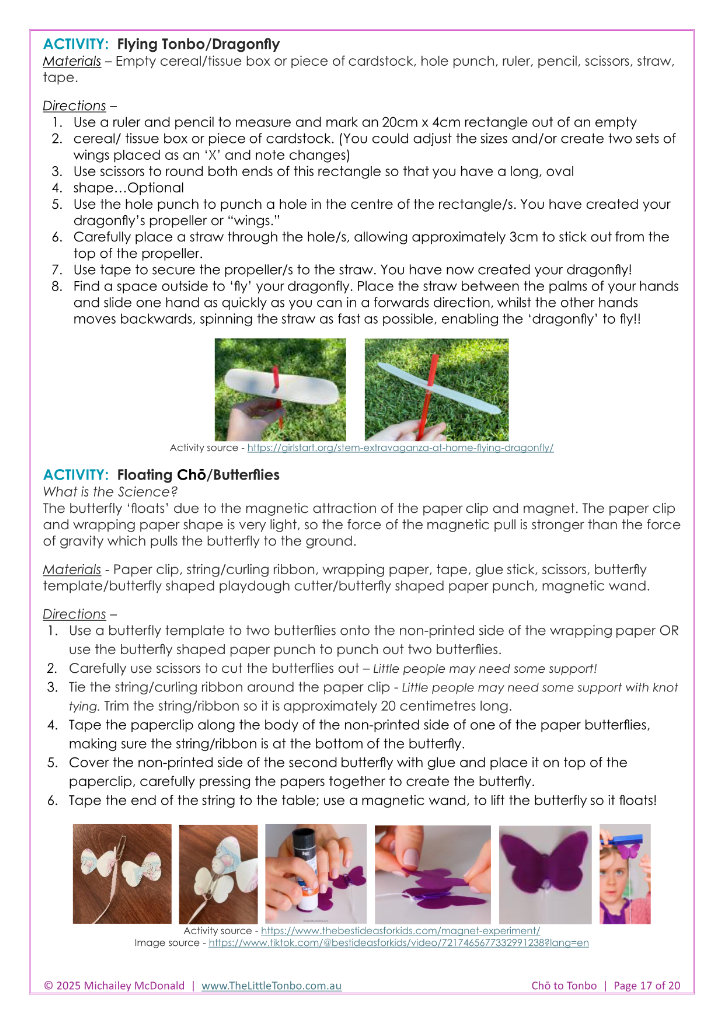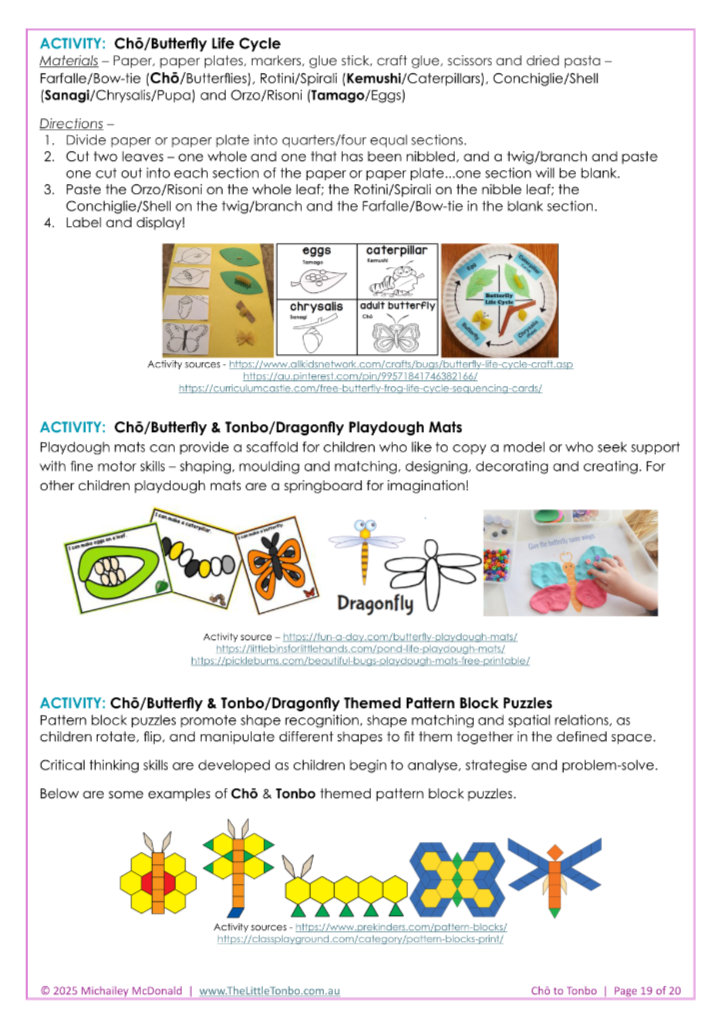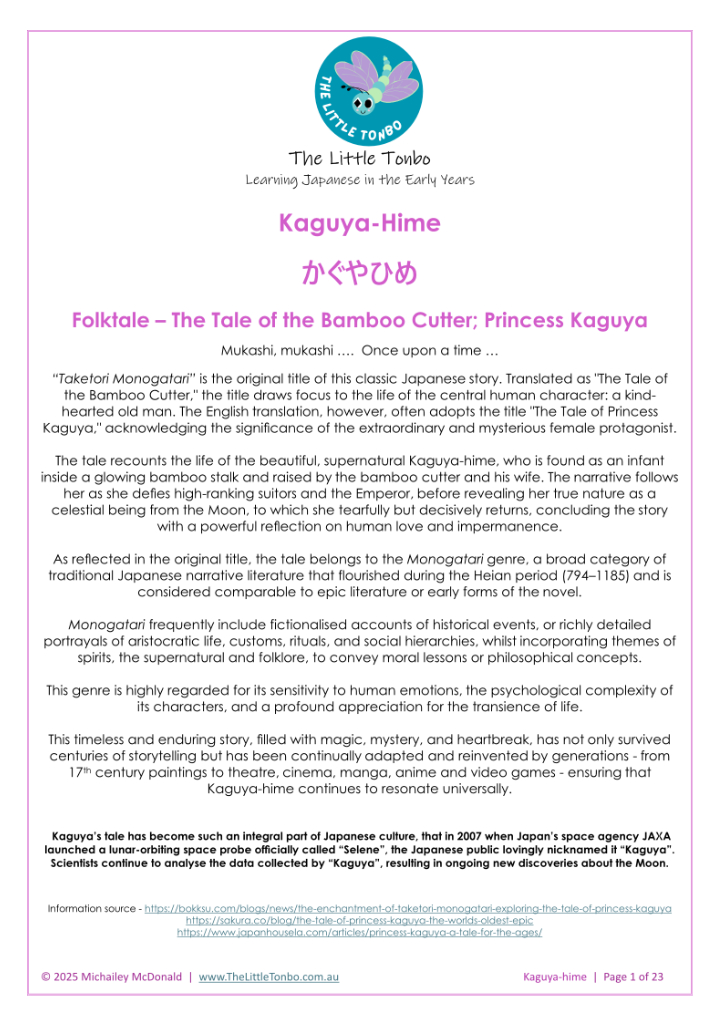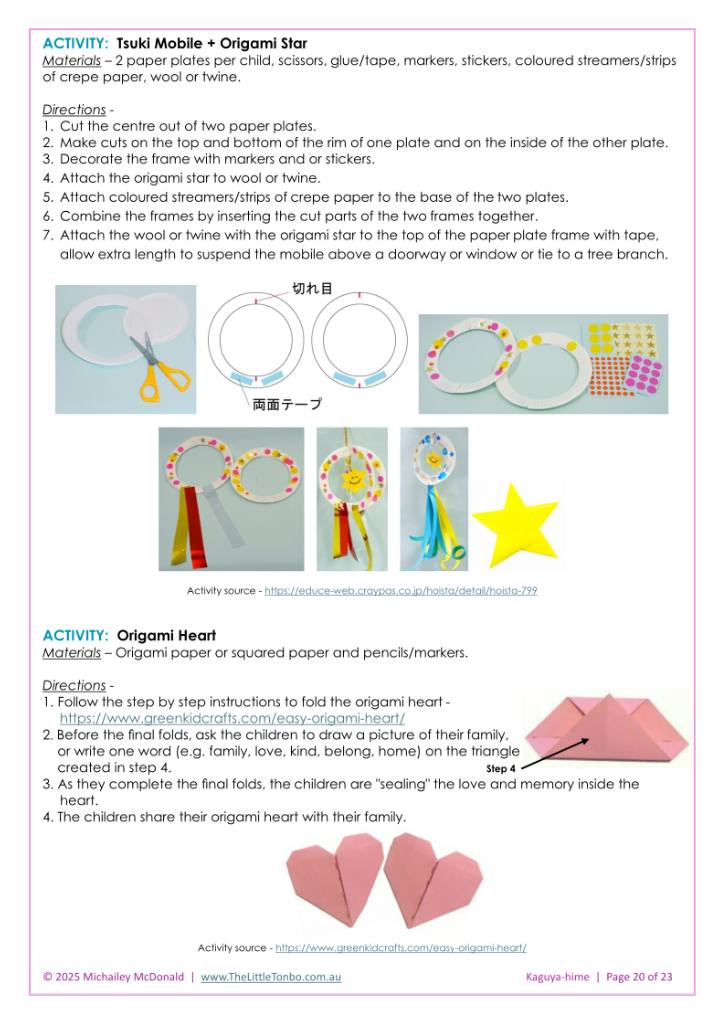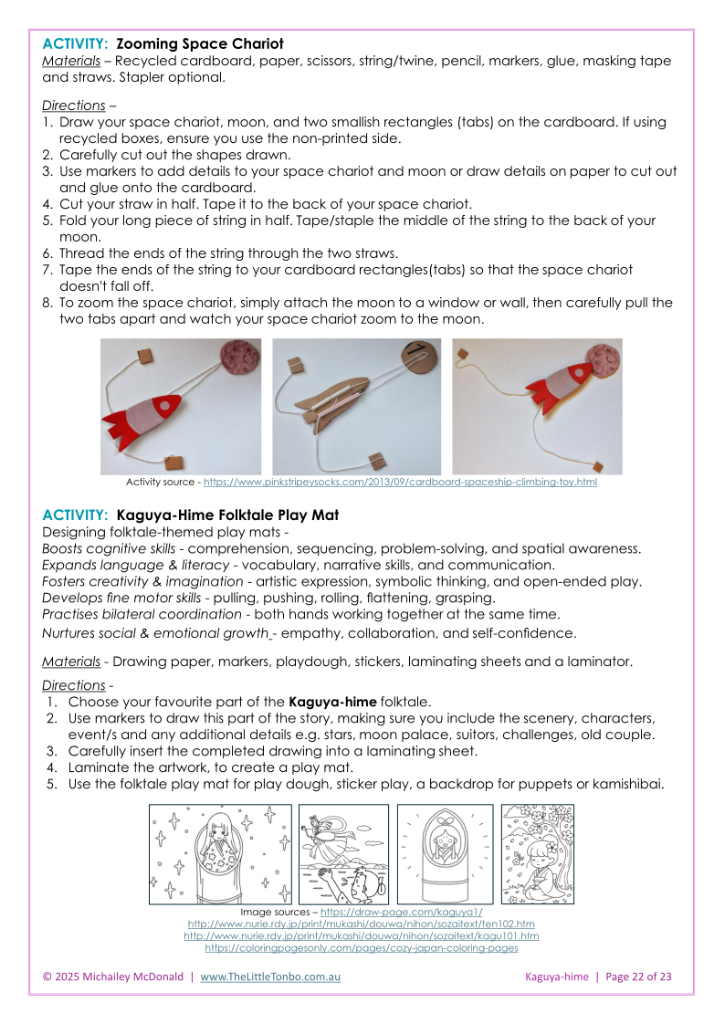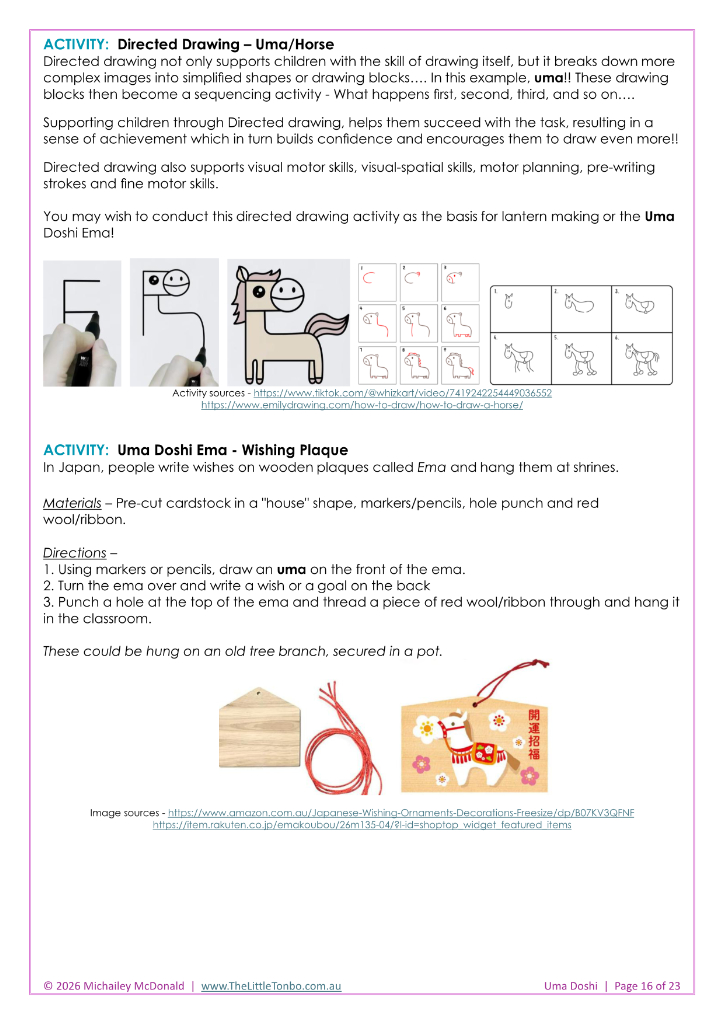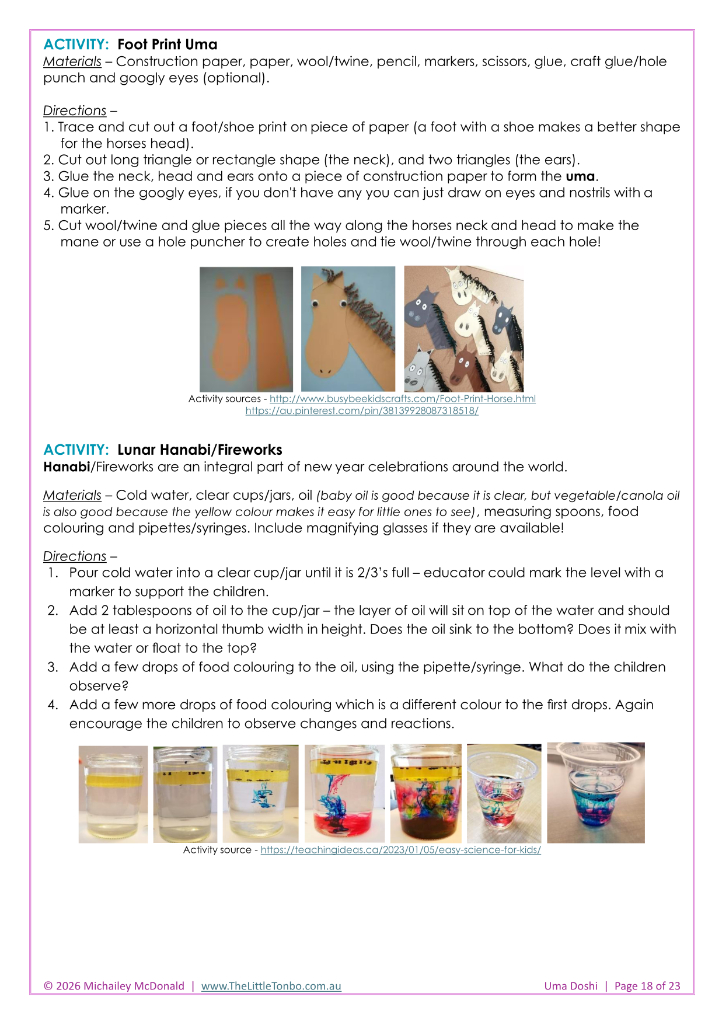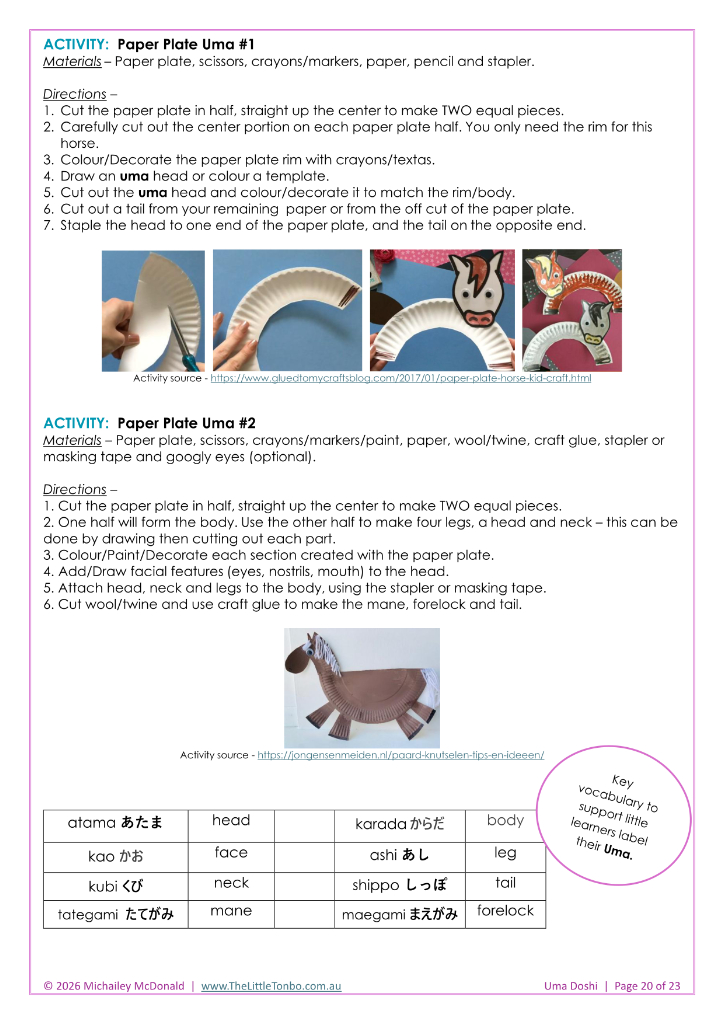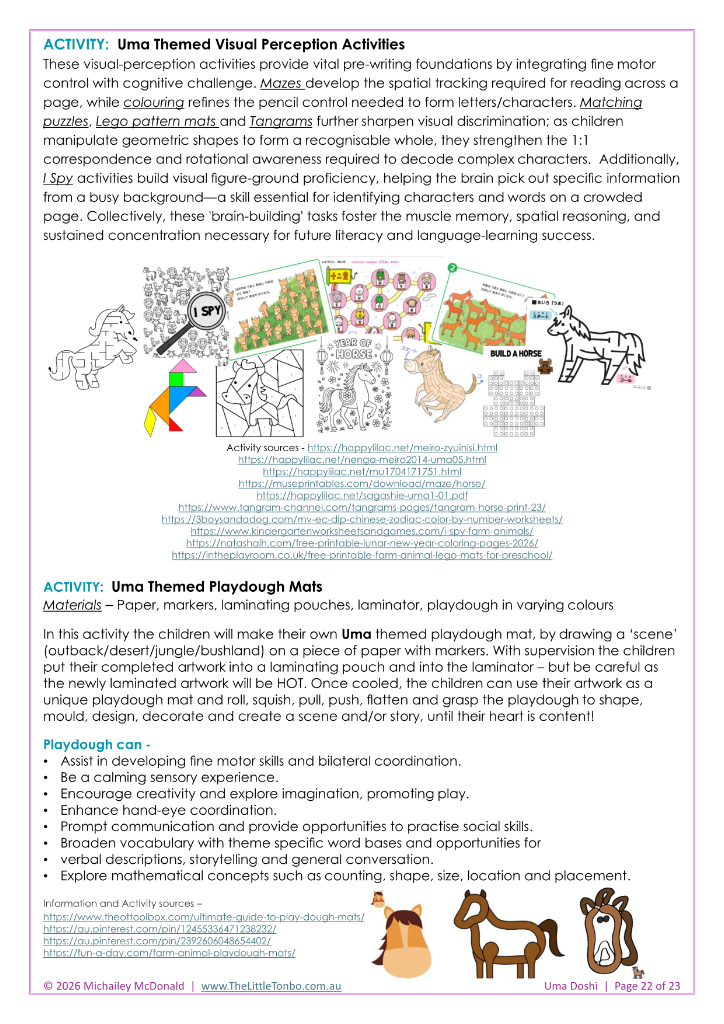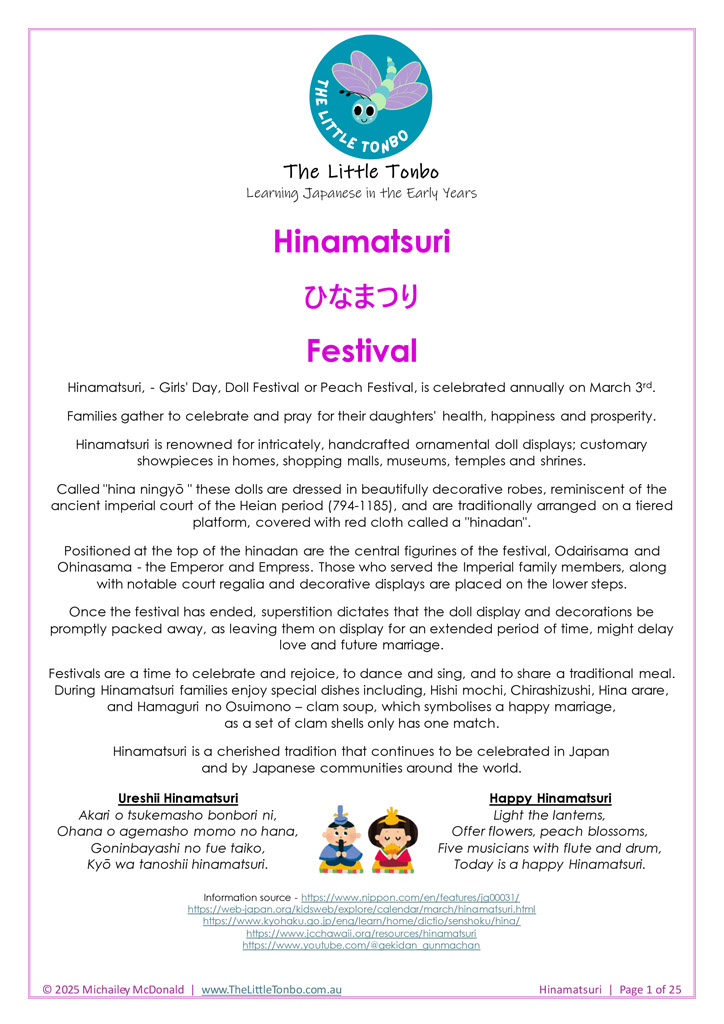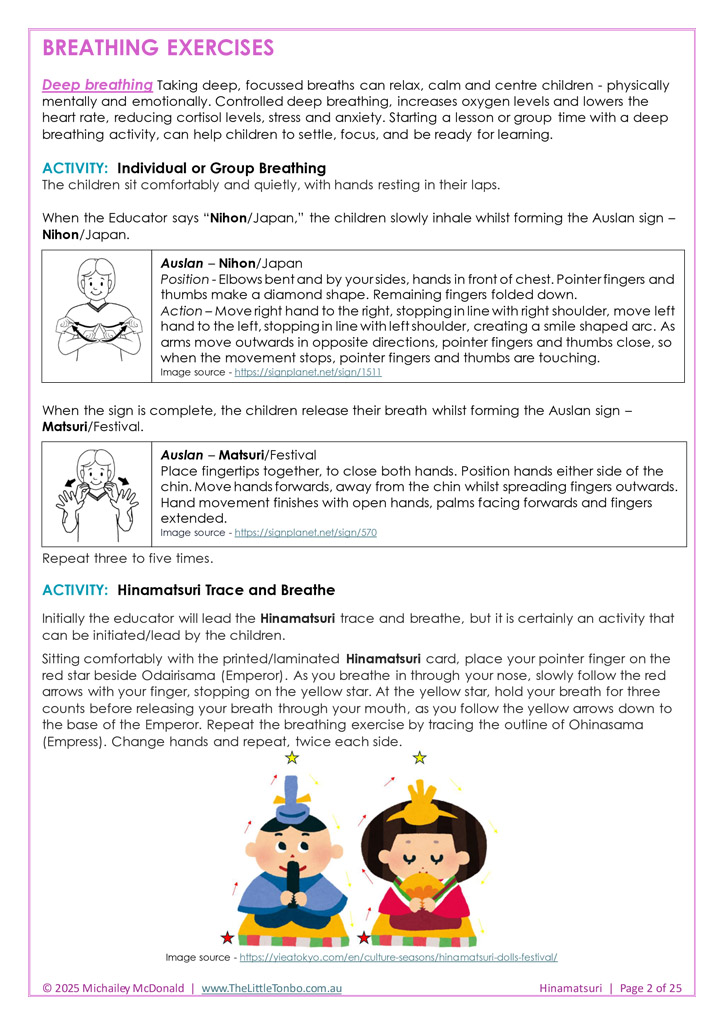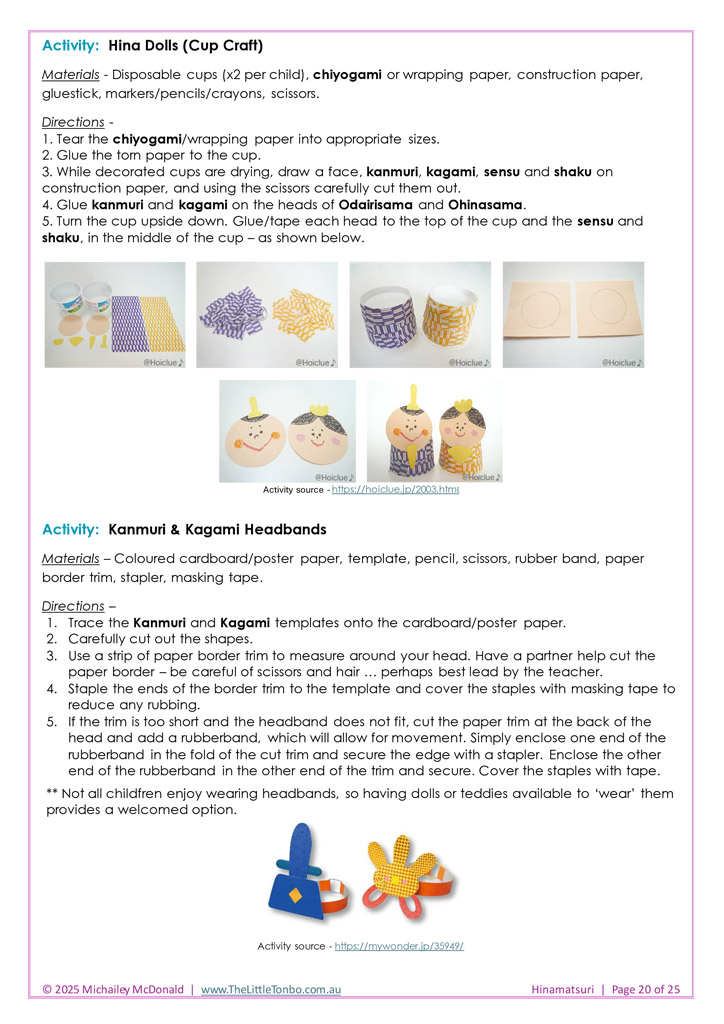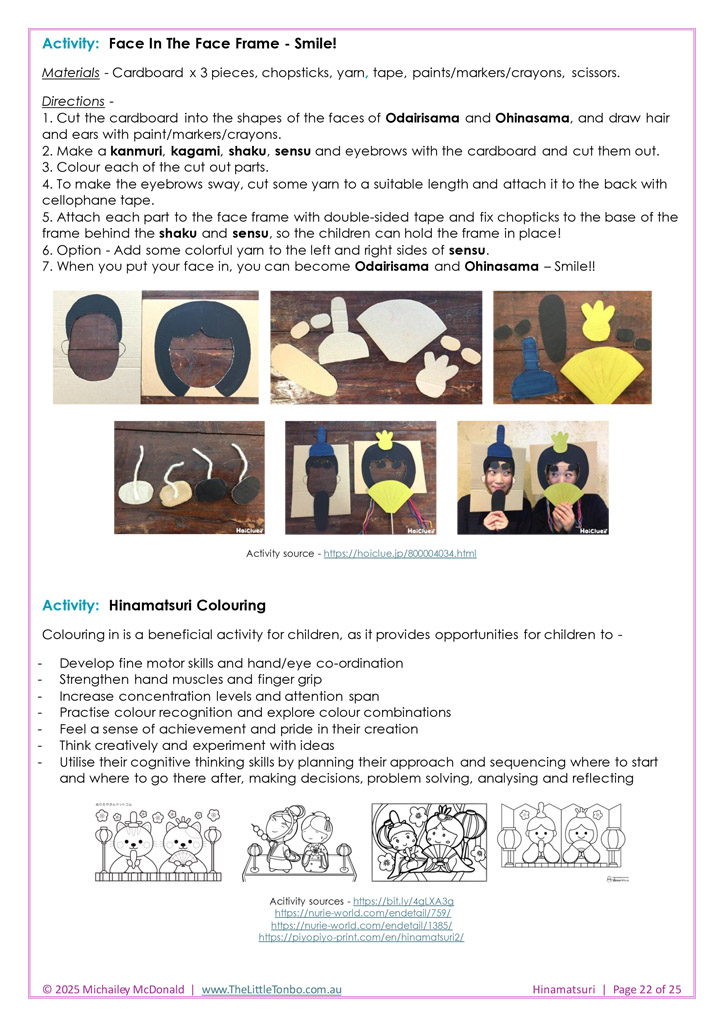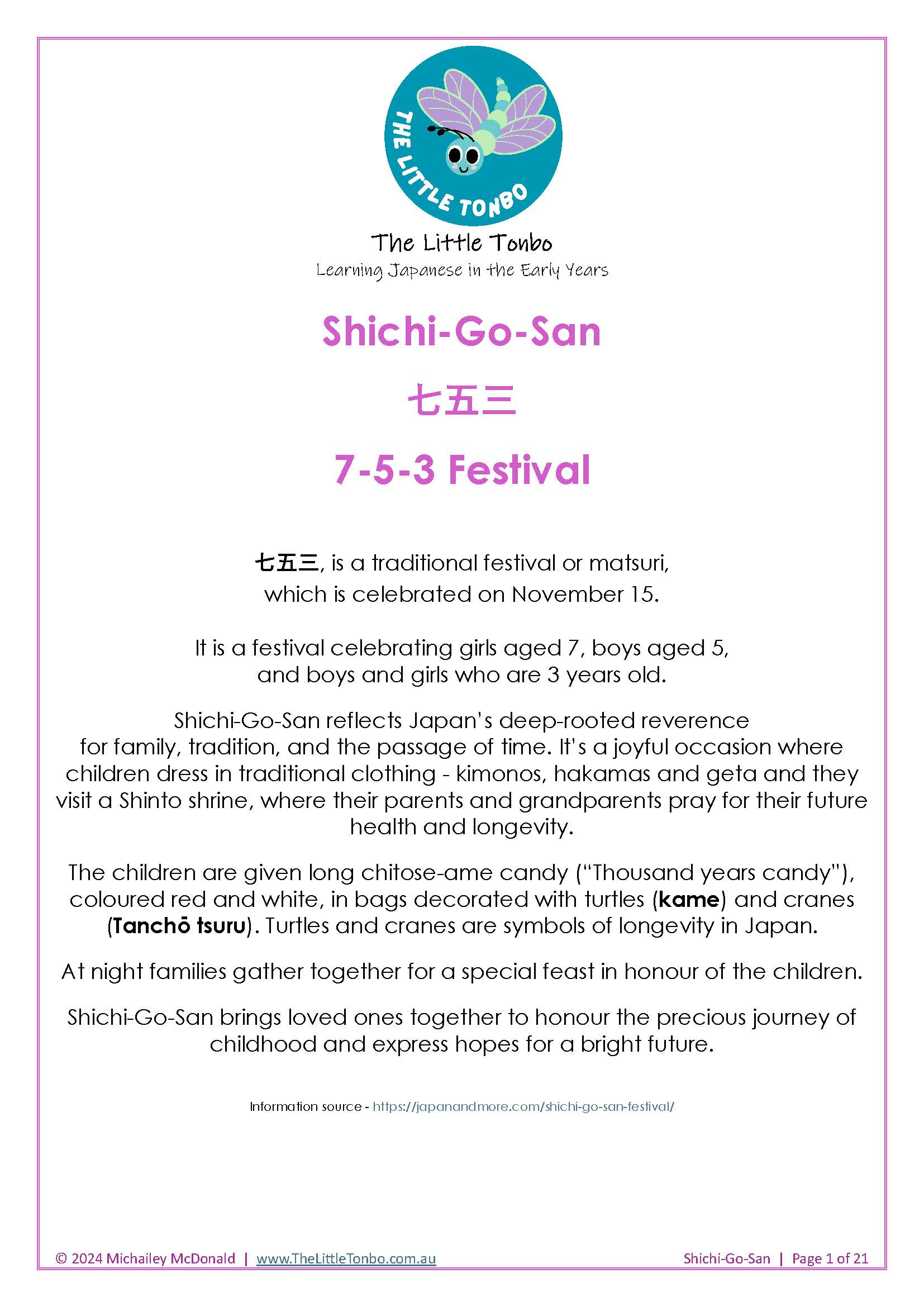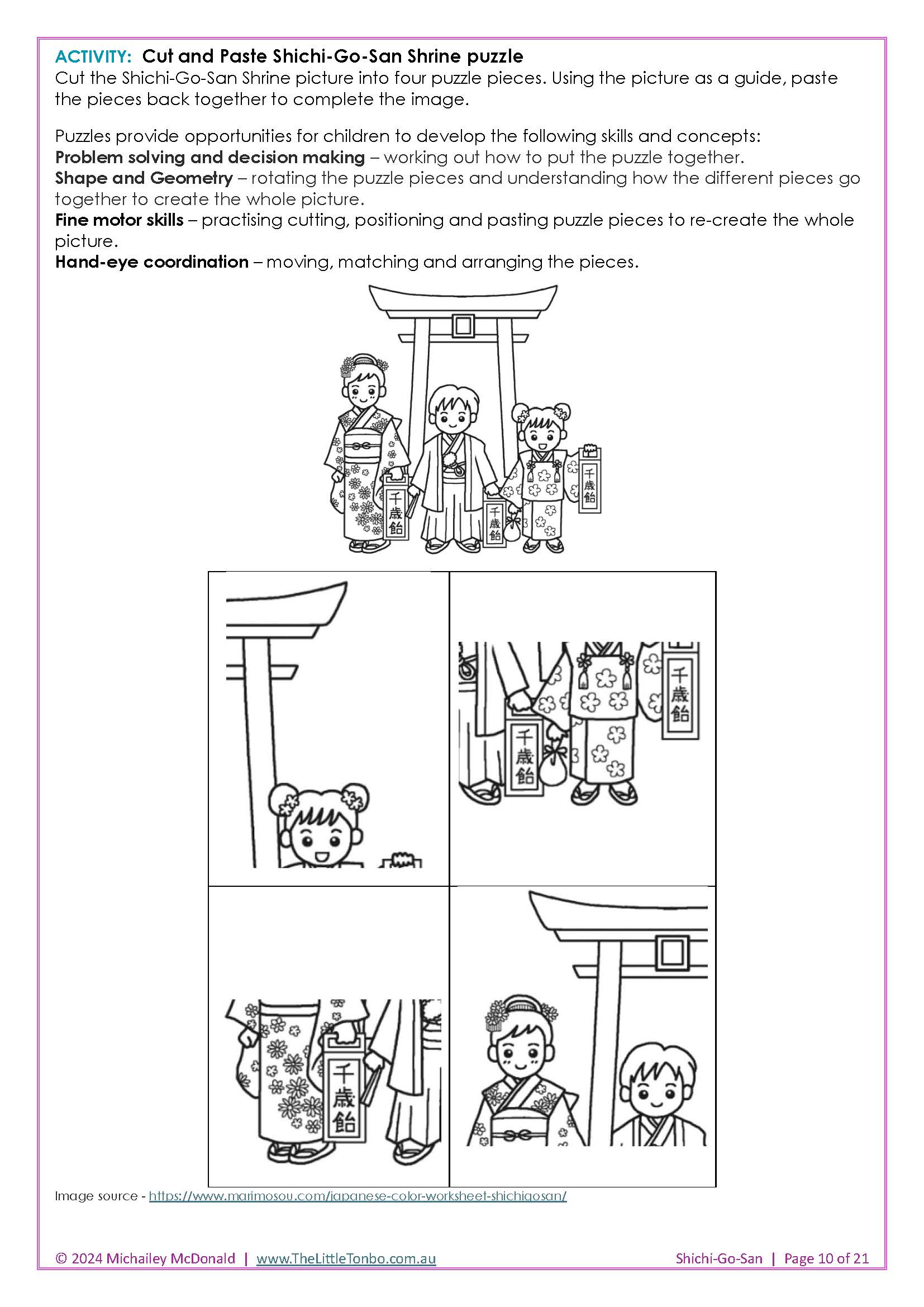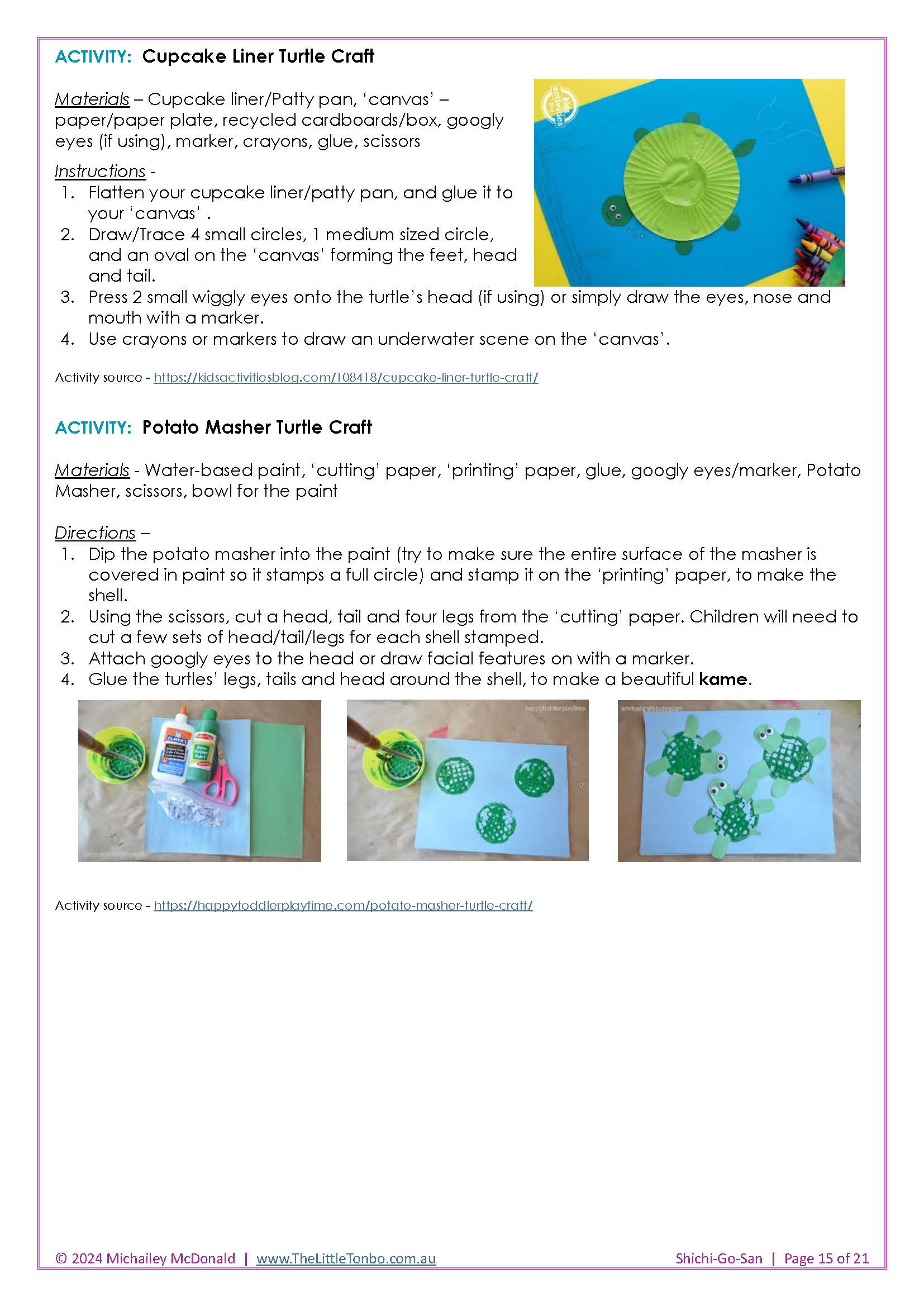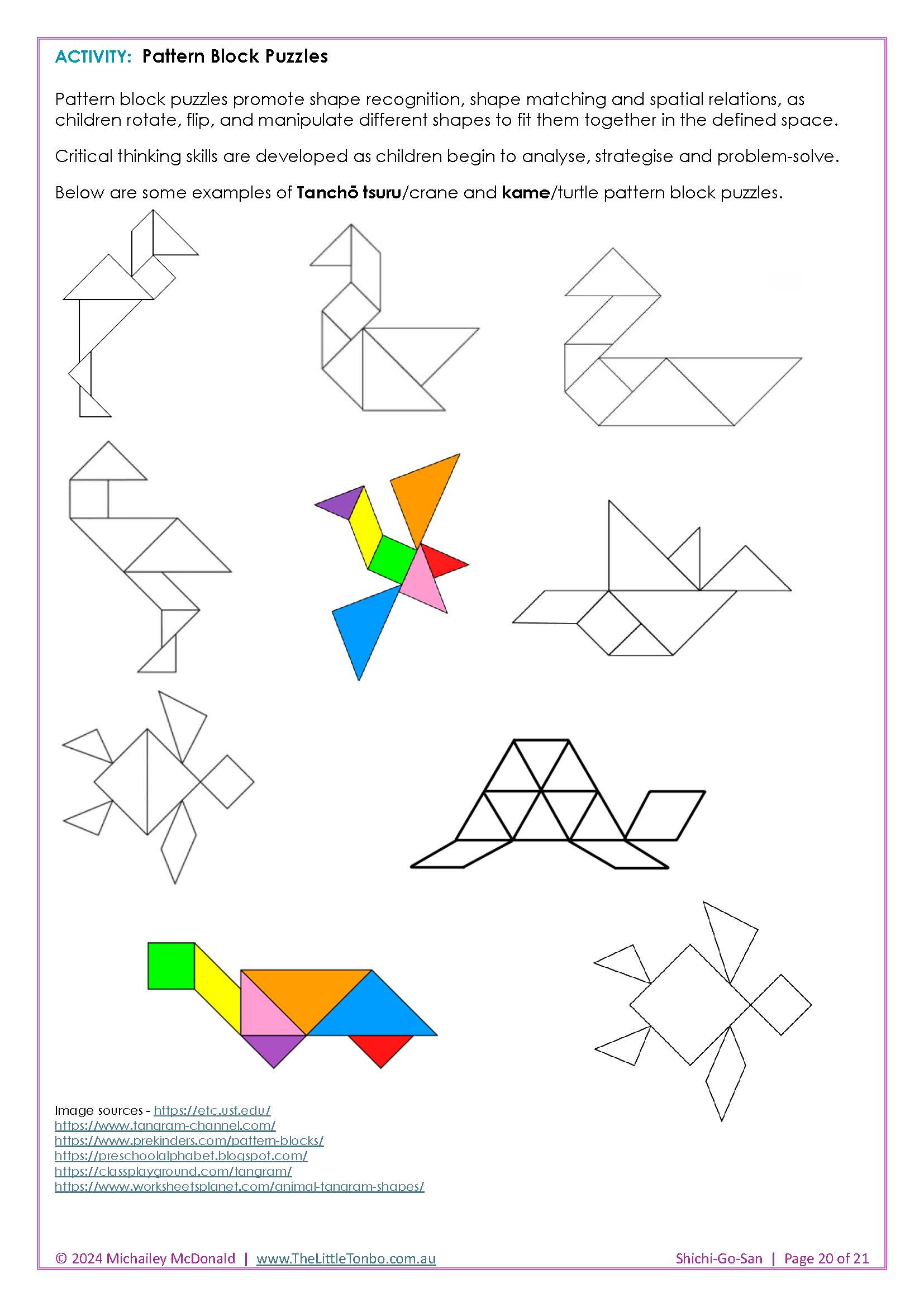Educational Resources for Teachers
LEARNING JAPANESE IN THE EARLY YEARS
Tonakai

This educational resource kit introduces children to
トナカイ
“Tonakai”
Reindeer
If you travel to Hokkaido, you can visit the Horonobe Reindeer Farm. A tourist farm specialising in breeding reindeer, that were originally imported from Finland – the home of Christmas.>
The reindeer are called “tunakai” in Ainu language.
“Tunakai” = “Tonakai”

Norimono
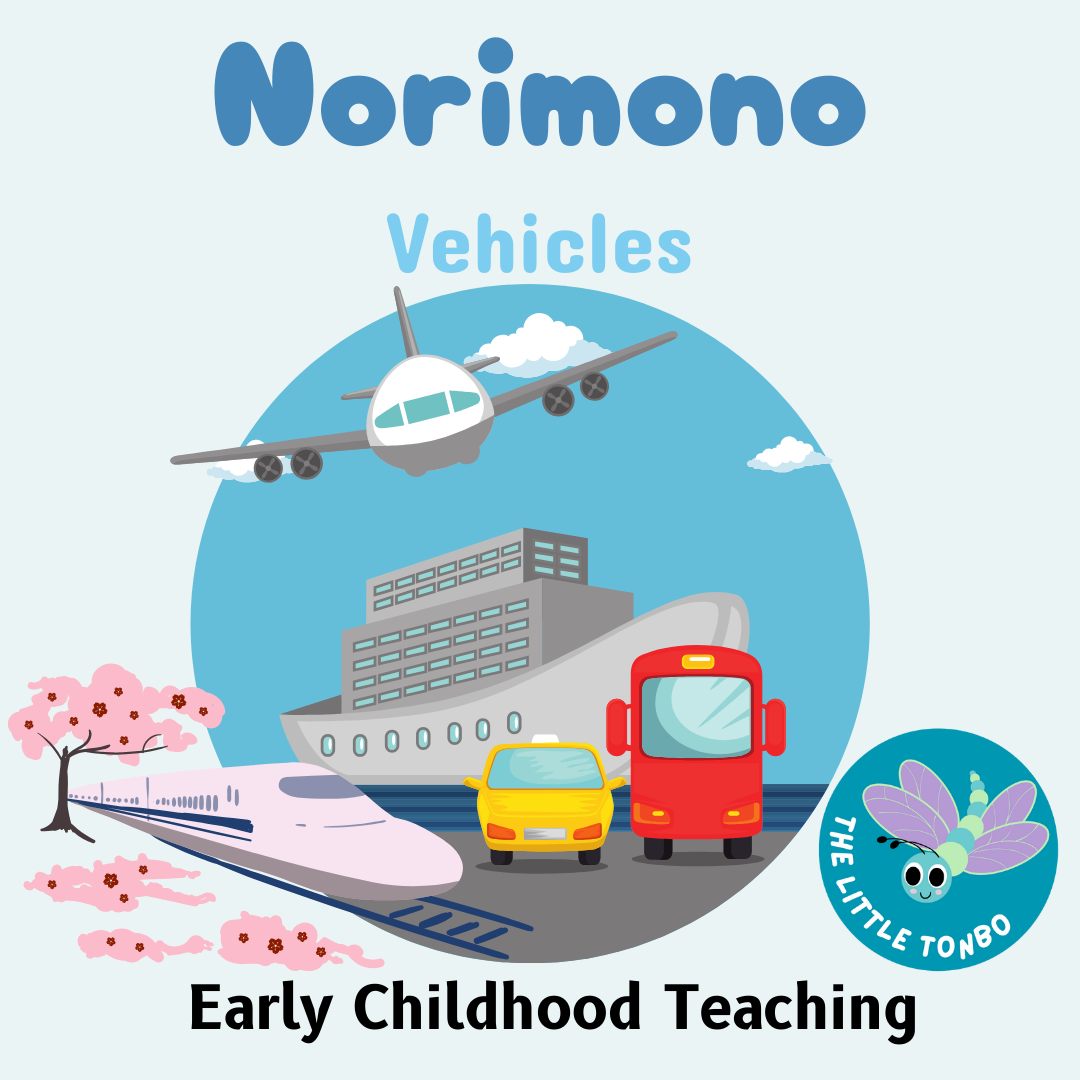
This educational resource kit introduces children to
のりもの
“Norimono”
Vehicles
There are four major transport systems in Japan – Rail, Road, Air and Marine.
At the forefront of all four transportation systems in Japan, is the Honda Motor Company.
The history and vision of the Honda Motor Company, and perhaps the future of transportation globally, is captured in this quote from Steve Morikawa –
“Everything starts with an idea or a dream or a thought. What goes on from there, where we take it — that’s really the Power of Dreams”.
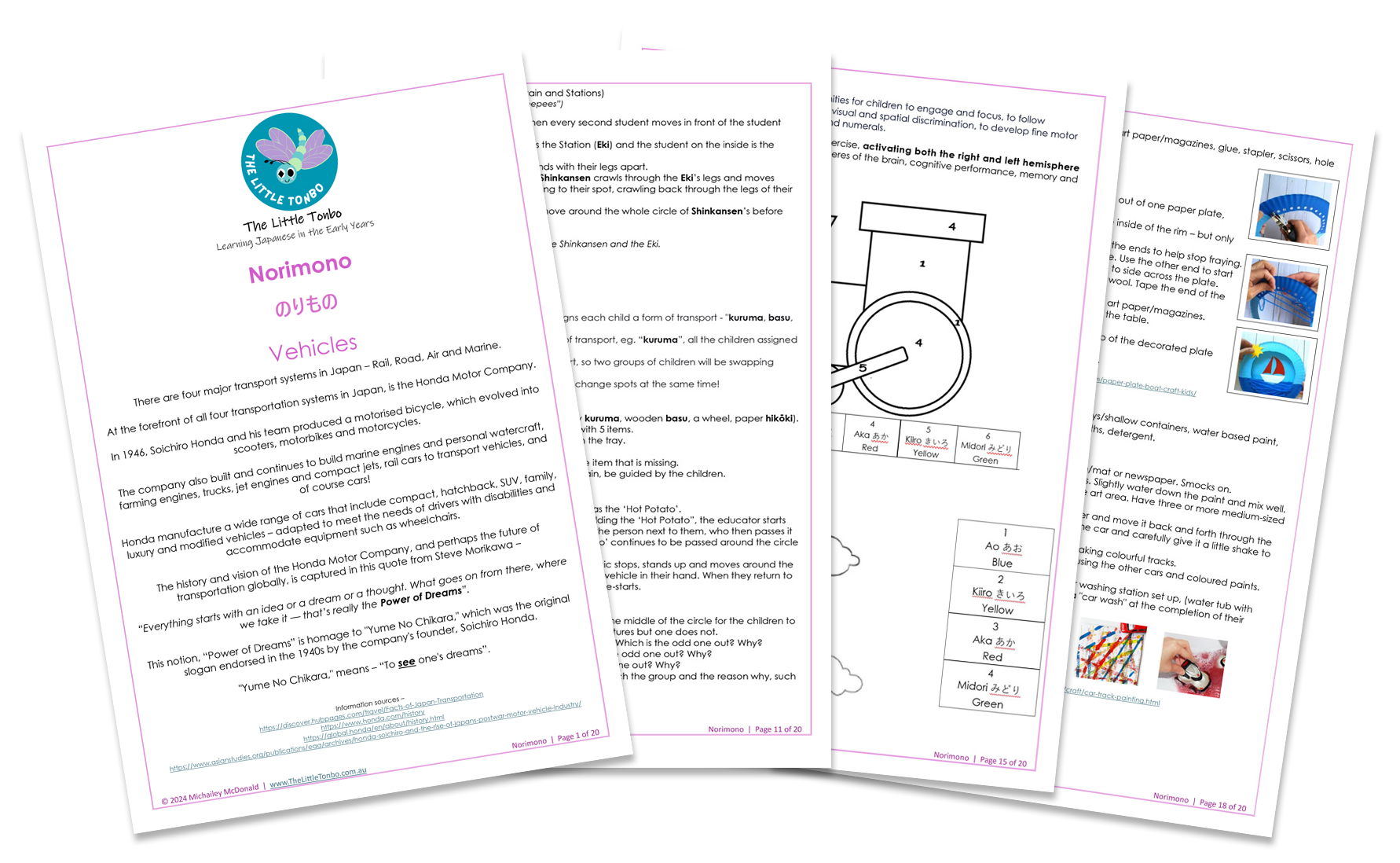
Hinomaru
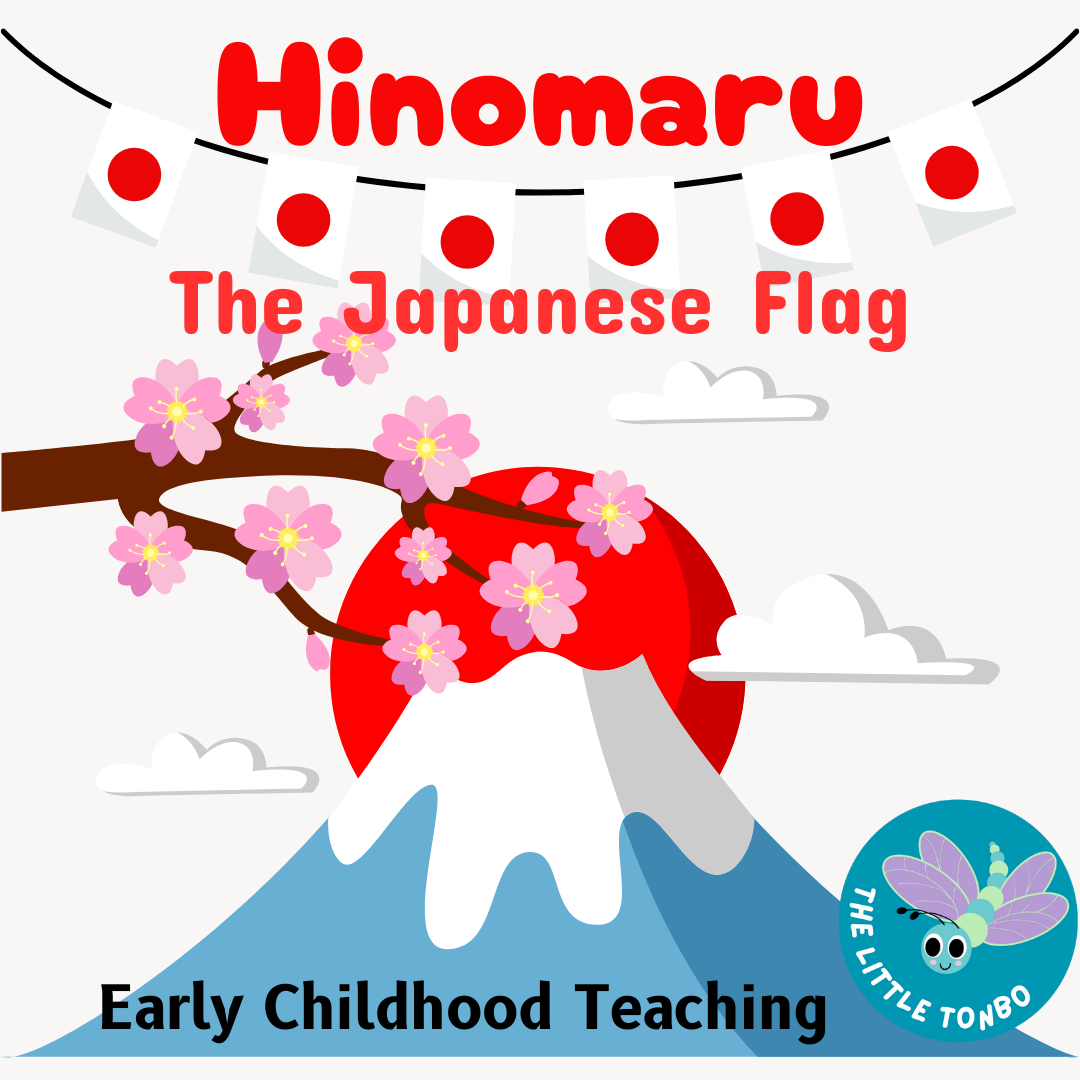
This educational resource kit introduces children to
ひのまる
“Hinomaru”
Hinomaru means “circle of the sun”, and is the National Flag of Japan.
The circular shape and red colour of Hinomaru, is associated with the sun goddess Amaterasu – the mythical ancestor of the Japanese Imperial family.
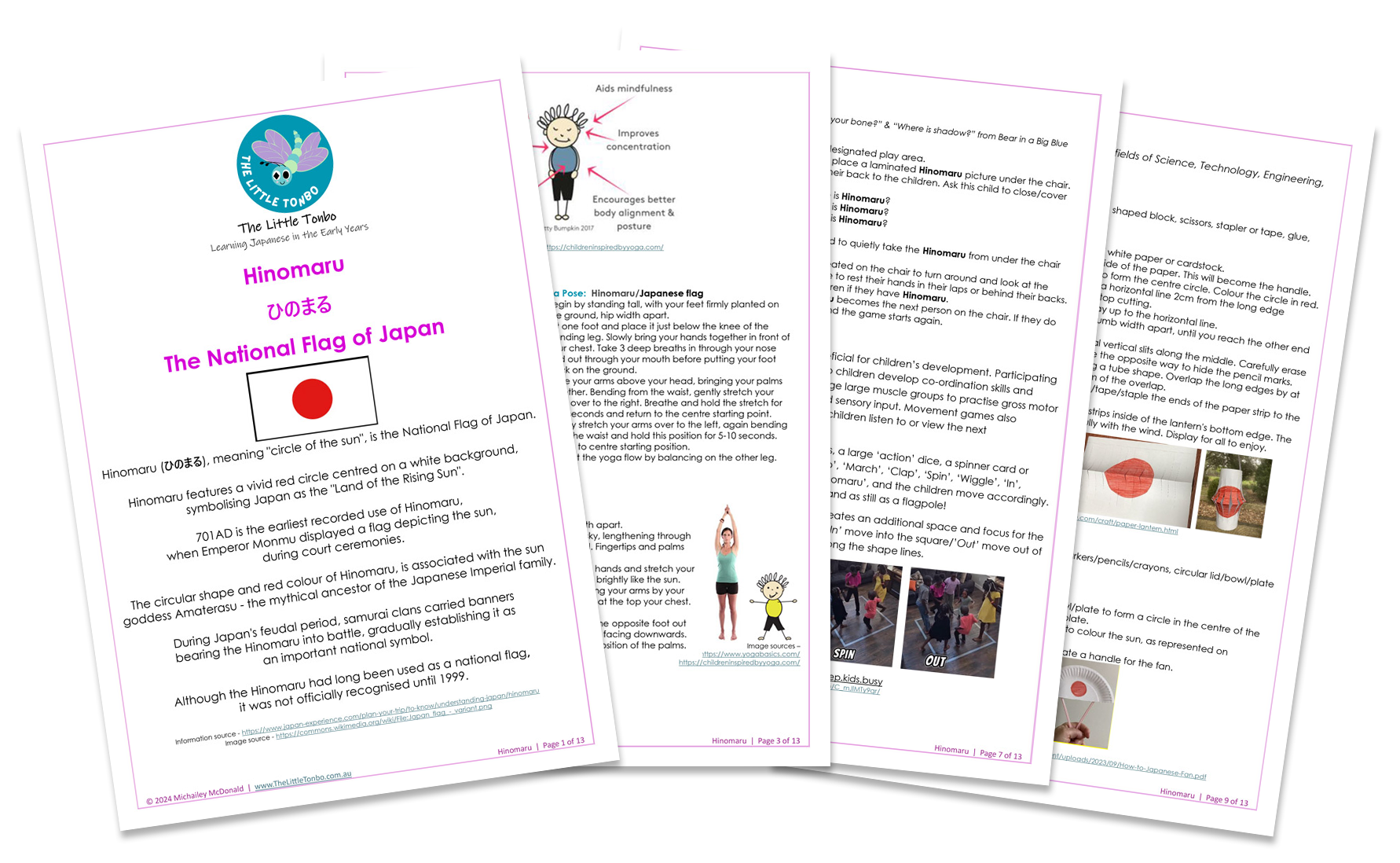
Yayoi Kusama
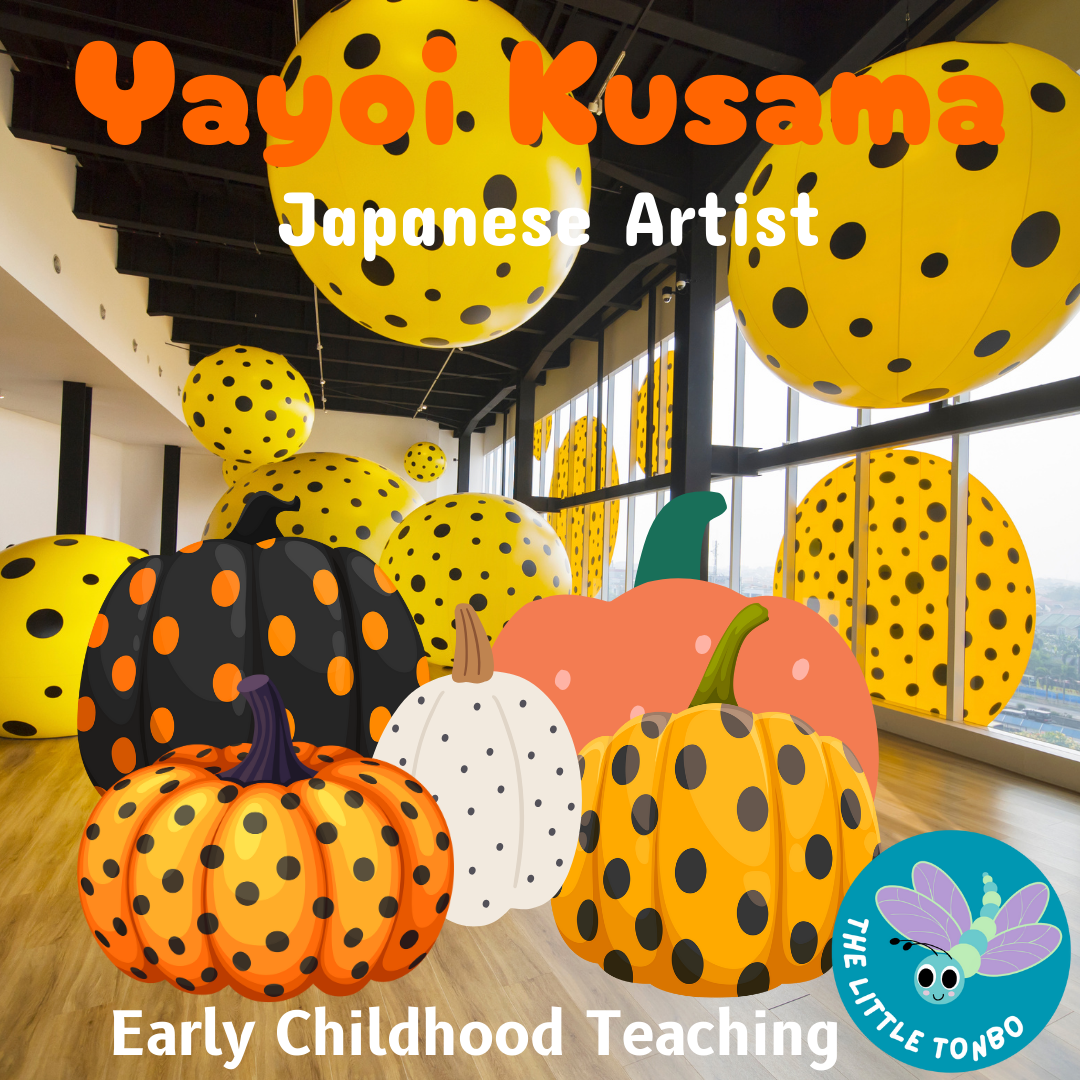
This educational resource kit introduces children to
やよい くさま
“Yayoi Kusama”
A Japanese artist, who is also known as the ‘Princess of Polka dots’.
Although she makes several types of art – paintings, sculptures, performances, and installations,
they have one thing in common…DOTS!
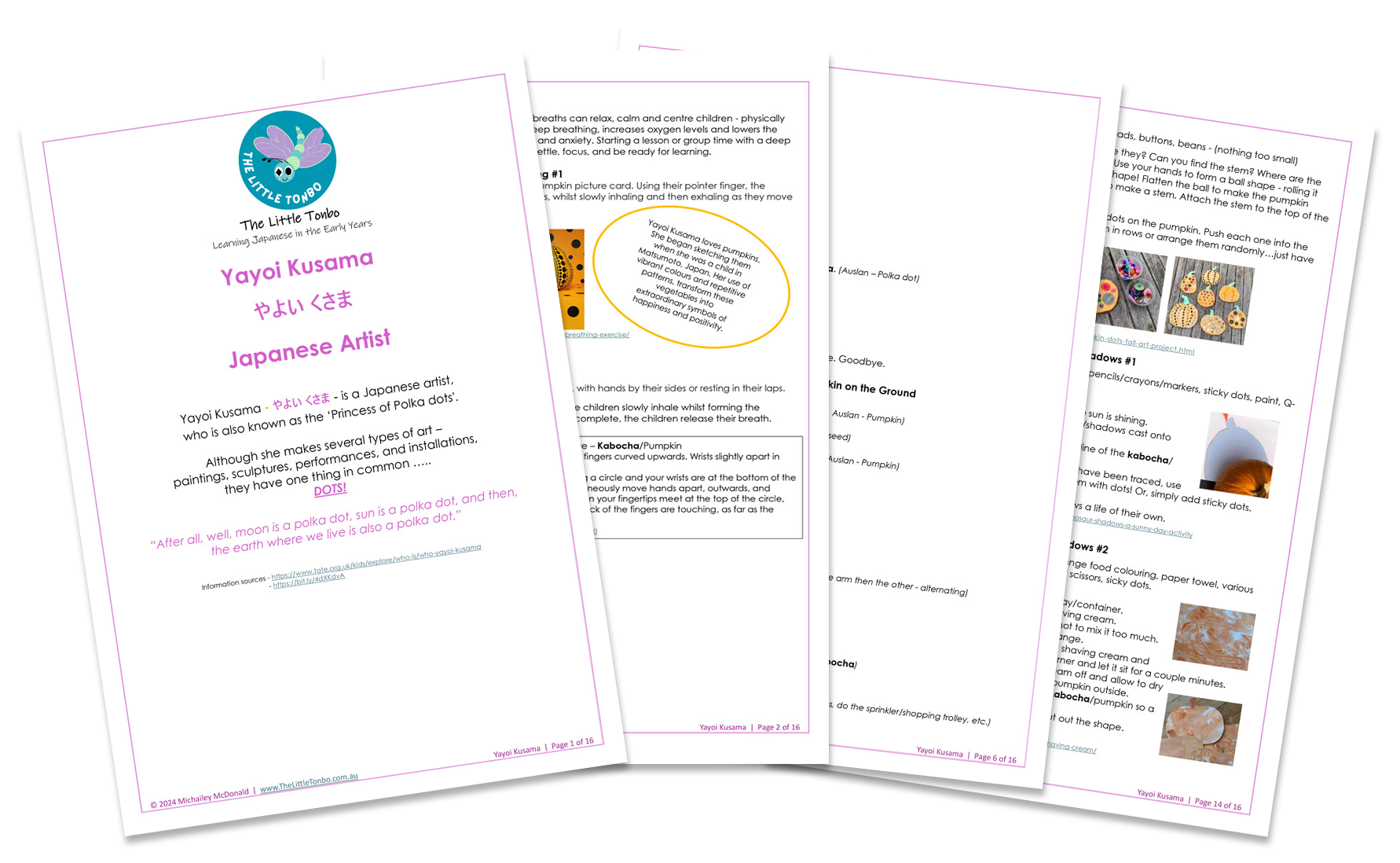
Natsu
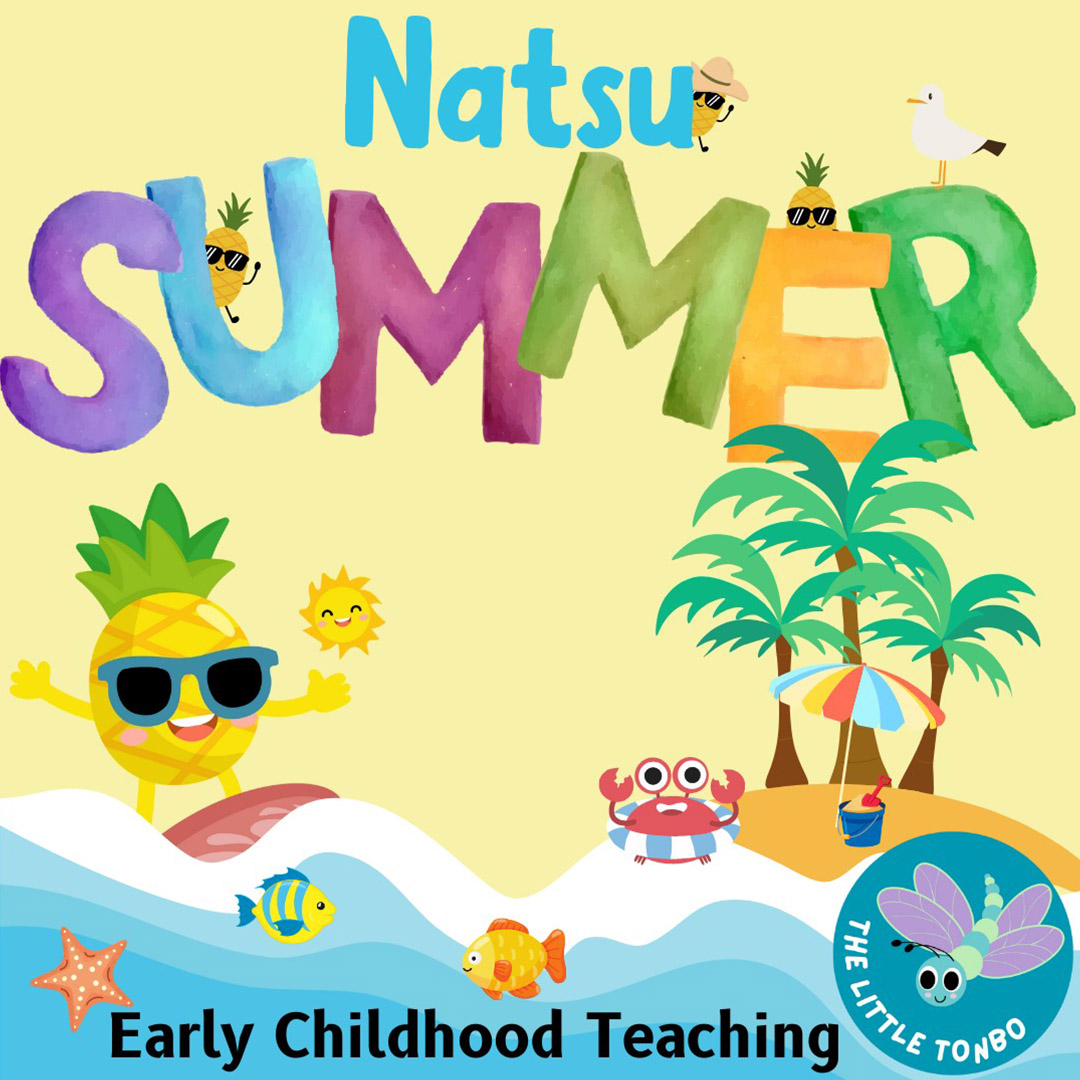
This educational resource kit introduces children to
なつ
“Natsu”
Summer
Every year during Natsu/Summer, Hanabi festivals are celebrated in Japan.
Hanabi is the Japanese word for “fireworks”.
Hanabi literally translates as “fire flower”.
Hanabi is considered to be the epitome of Natsu/Summer.

Hebi Doshi
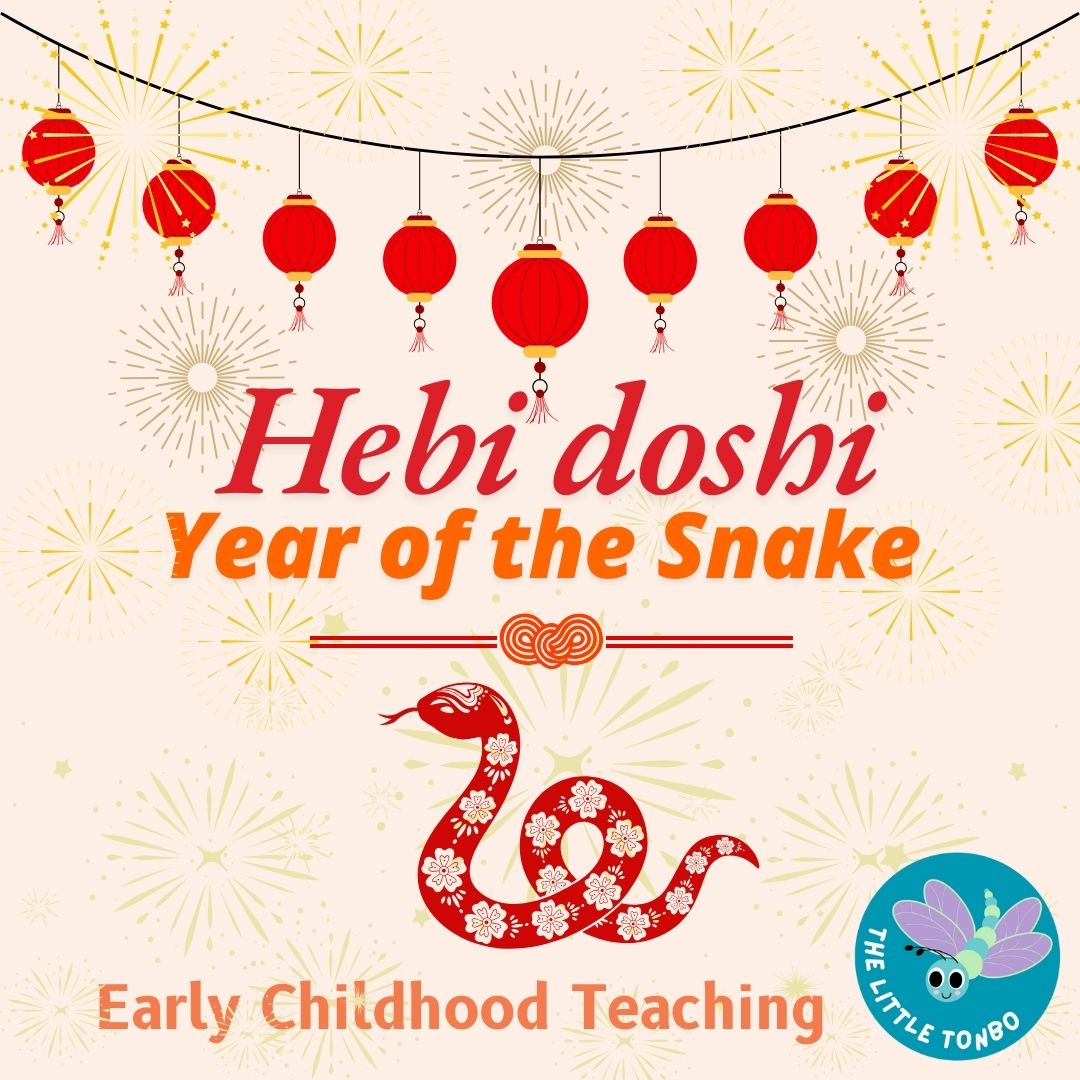
This educational resource kit introduces children to
へびどし
“Hebi Doshi”
Year of the Snake.
Many people believe that the zodiac animal affiliated with the year in which you were born, offers unique insights to your personality type, character traits and destiny. “Snakes have a deep and complex mind, but if they love, they love with their entire heart.”
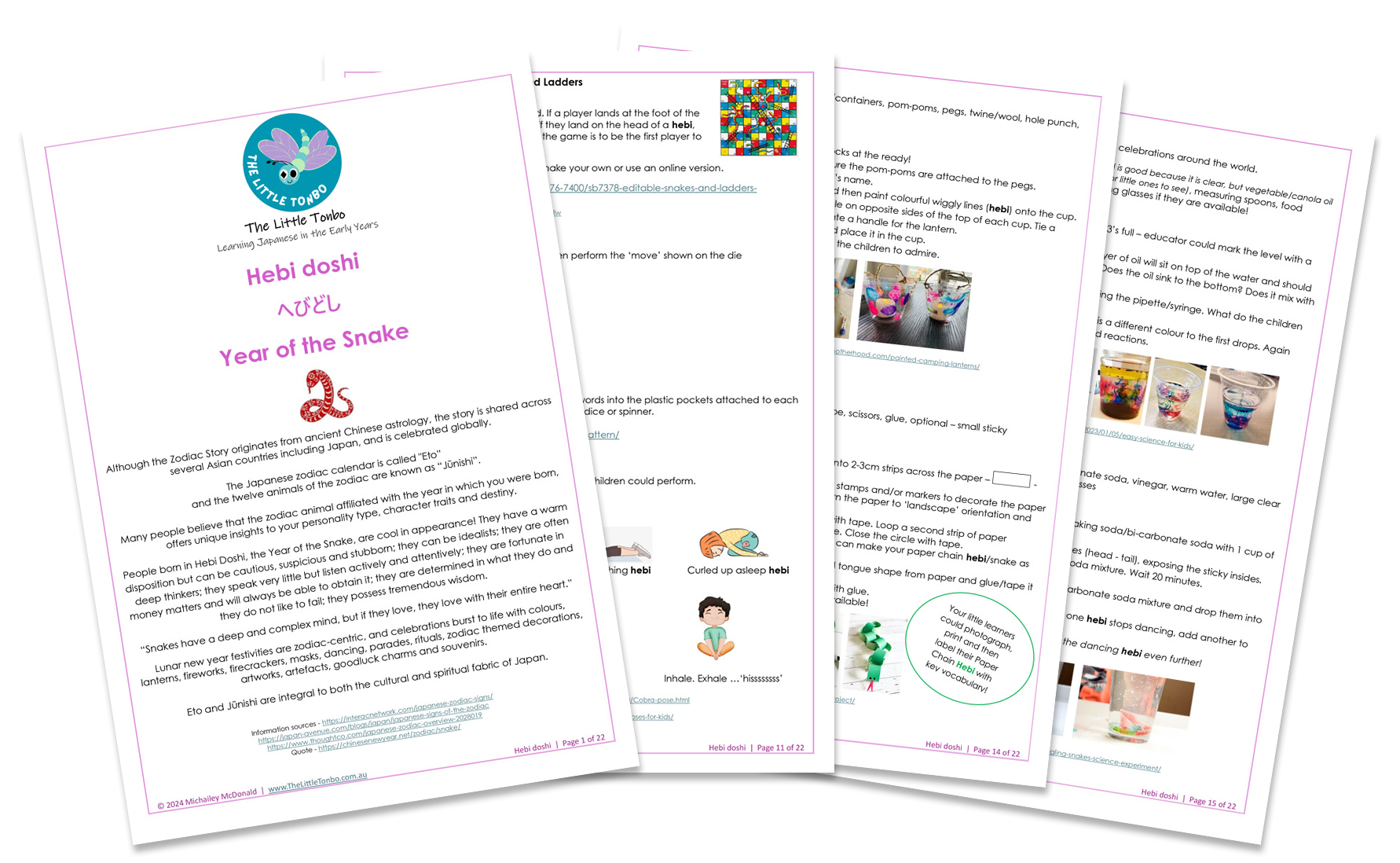
Konnichi wa & Sayōnara
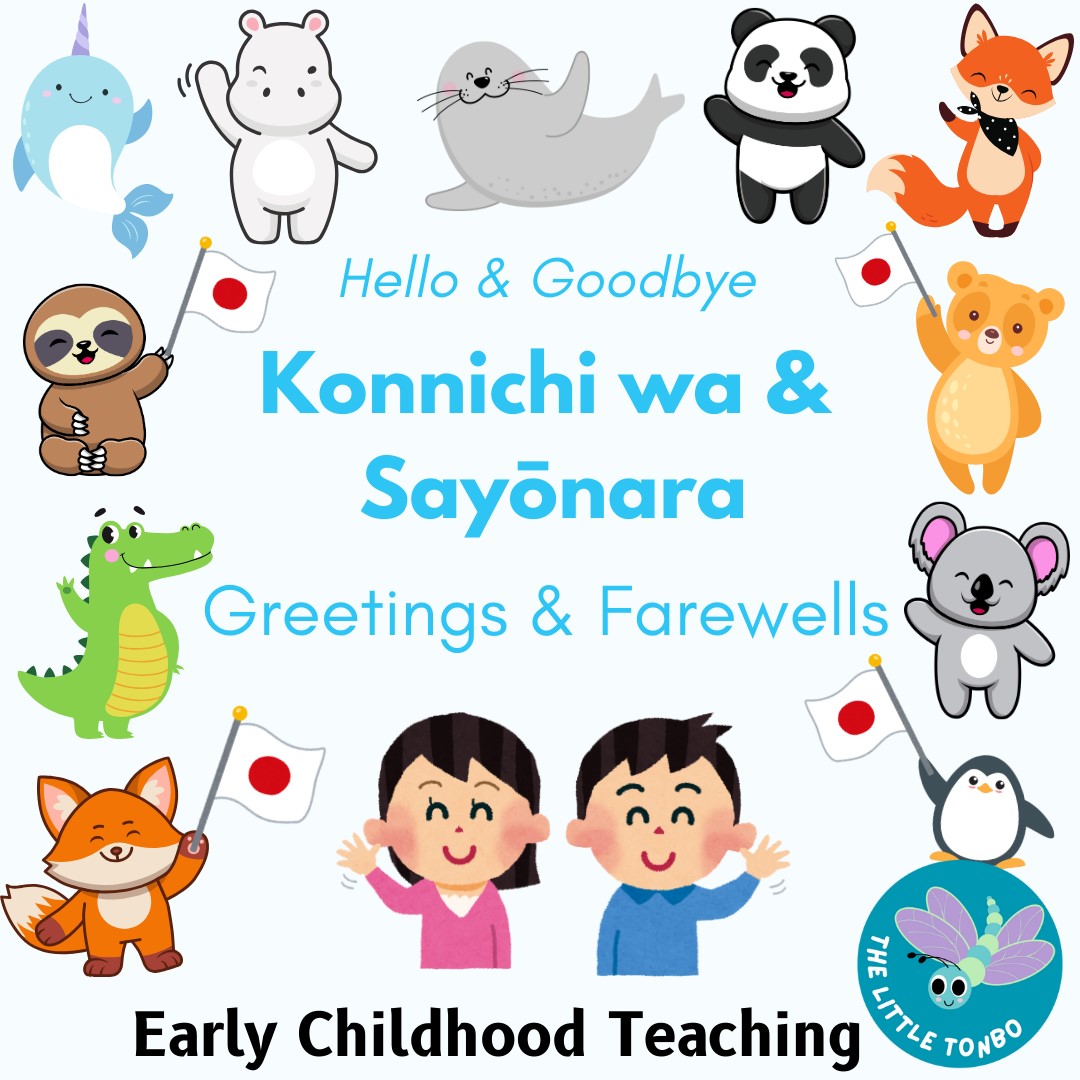
This educational resource kit introduces children to
こんにちは と さようなら
“Konnichi wa & Sayōnara”
Hello & Goodbye.
Greetings serve as the foundation for establishing connections and building relationships with others.
In learning to greet one another, children develop important verbal and non-verbal communication skills.
Teaching greetings to our little language learners, can create a positive classroom culture
where everyone feels included and respected.

Hokusai
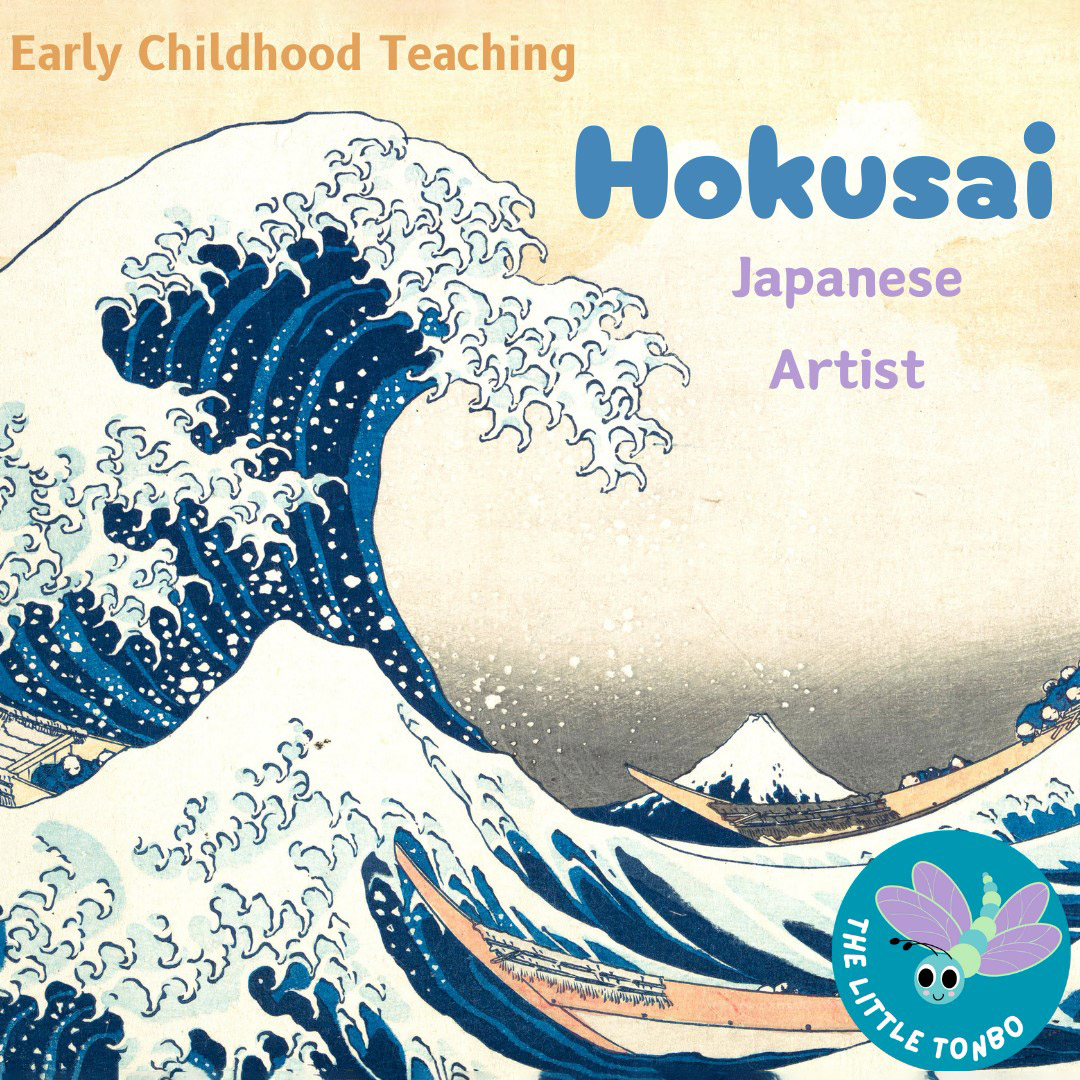
This educational resource kit introduces children to
かつしか ほくさい
Katsushika Hokusai – Japanese Artist
Painted by Katsushika Hokusai, a Japanese ukiyo-e artist, this famous woodblock print is commonly known as “The Great Wave Off Kanagawa” or simply “The Great Wave”. Yet the title appearing on the original print is “Kanagawa oki nami ura”, which translates as “Under the Wave off Kanagawa”!
This incredible artwork, the world’s first viral image – instantly recognisable, transcending language and culture, is the ultimate emblem of Japanese art.
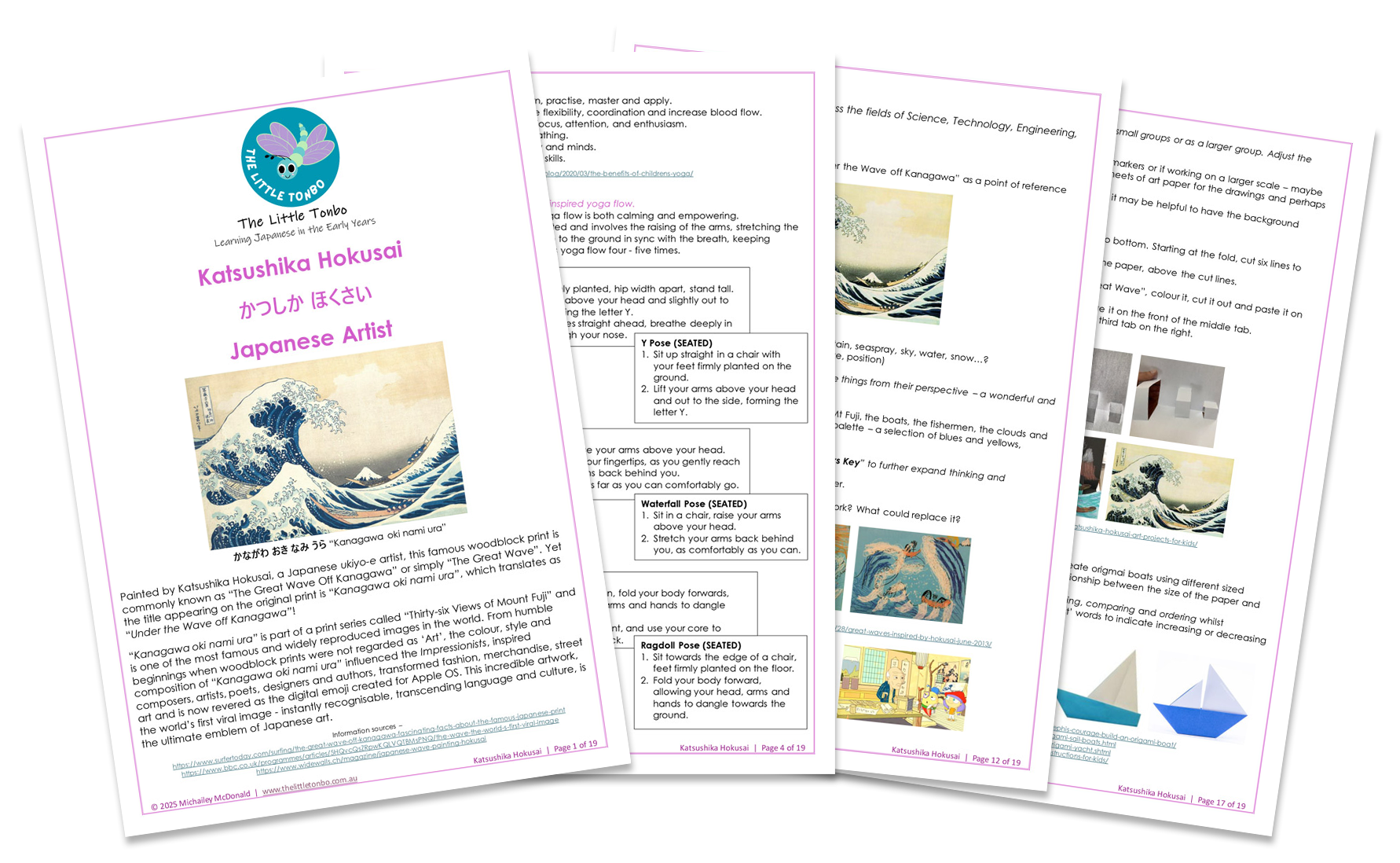
Aki
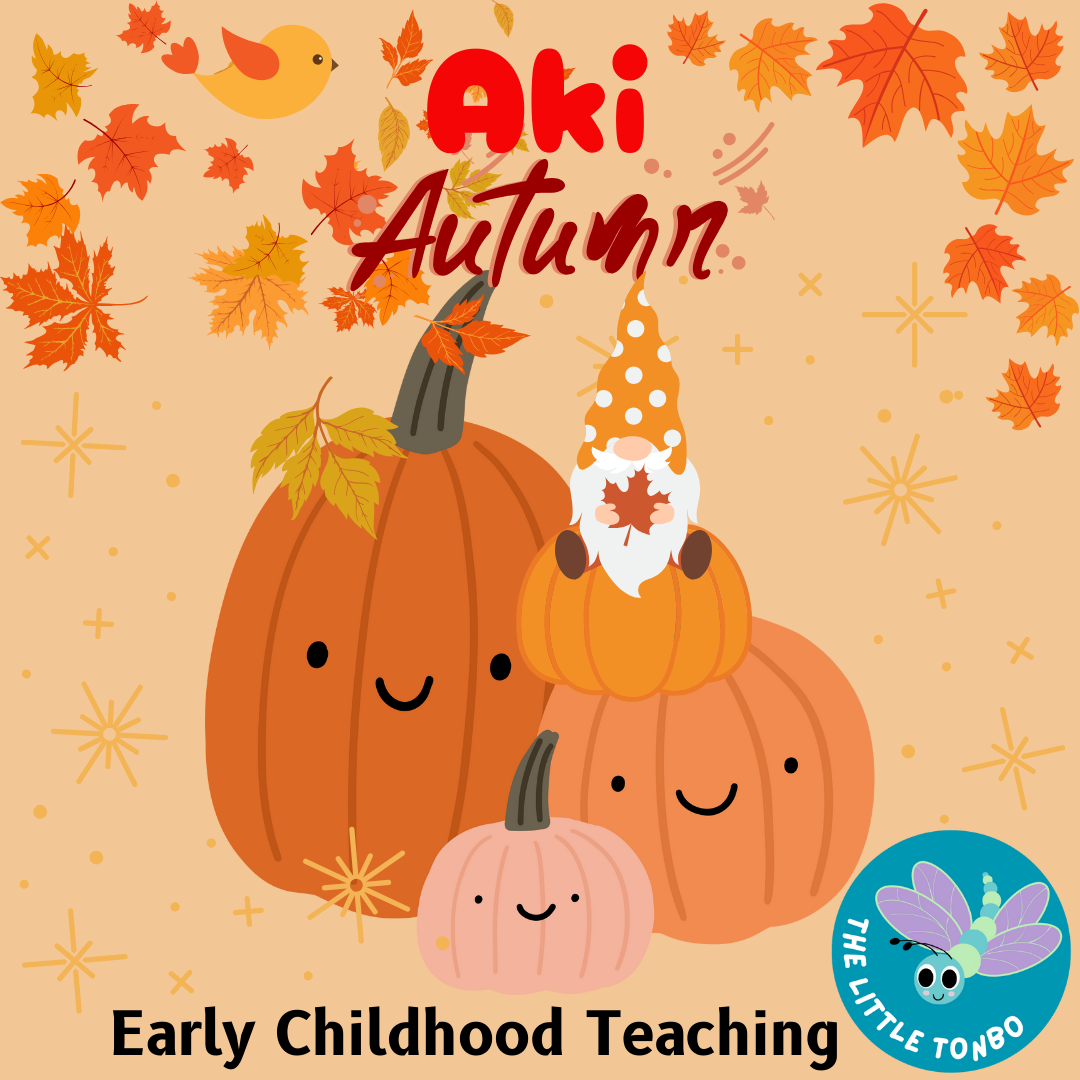
This educational resource kit introduces children to
あき
“Aki”
Autumn
In Japan, red dragonflies are associated with the Autumn season.
Dragonflies (Tonbo) are also considered symbols of courage, strength, and happiness.
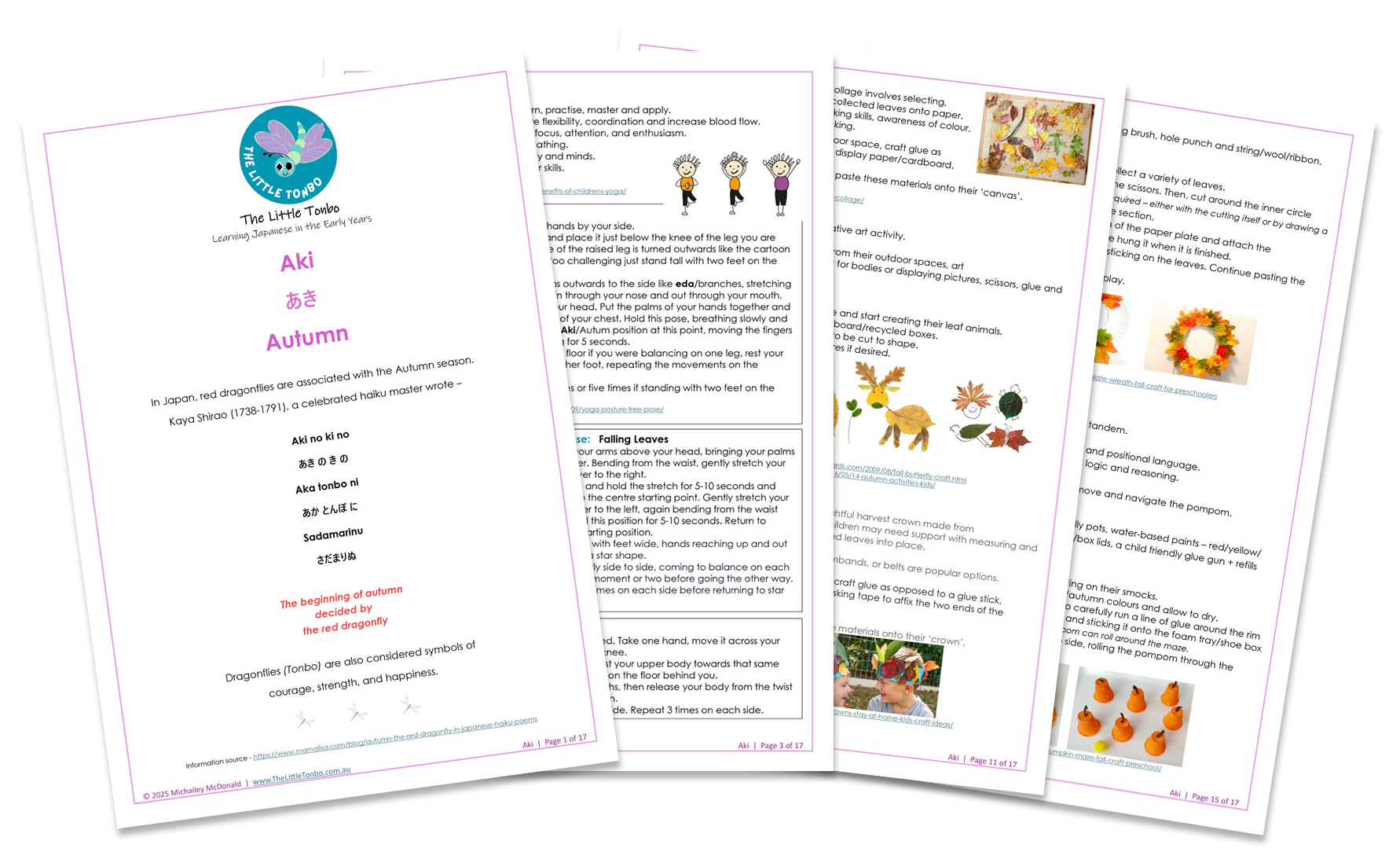
Iro
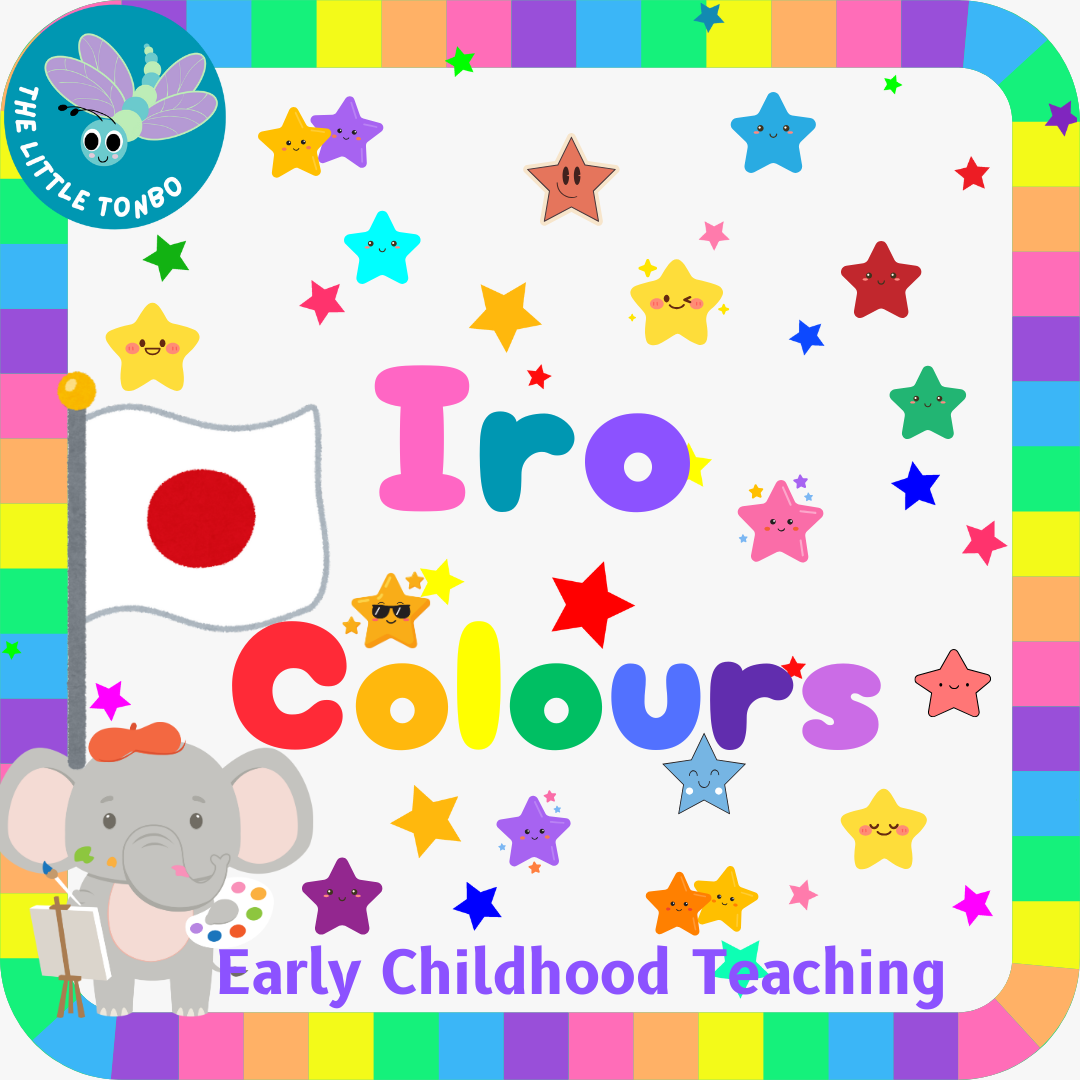
This educational resource kit introduces children to
いろ
“Iro”
Colours
Colour is a fundamental part of how most people perceive their surroundings.
Our world is filled with so many beautiful colours,
but language has a limited number of words to describe them.
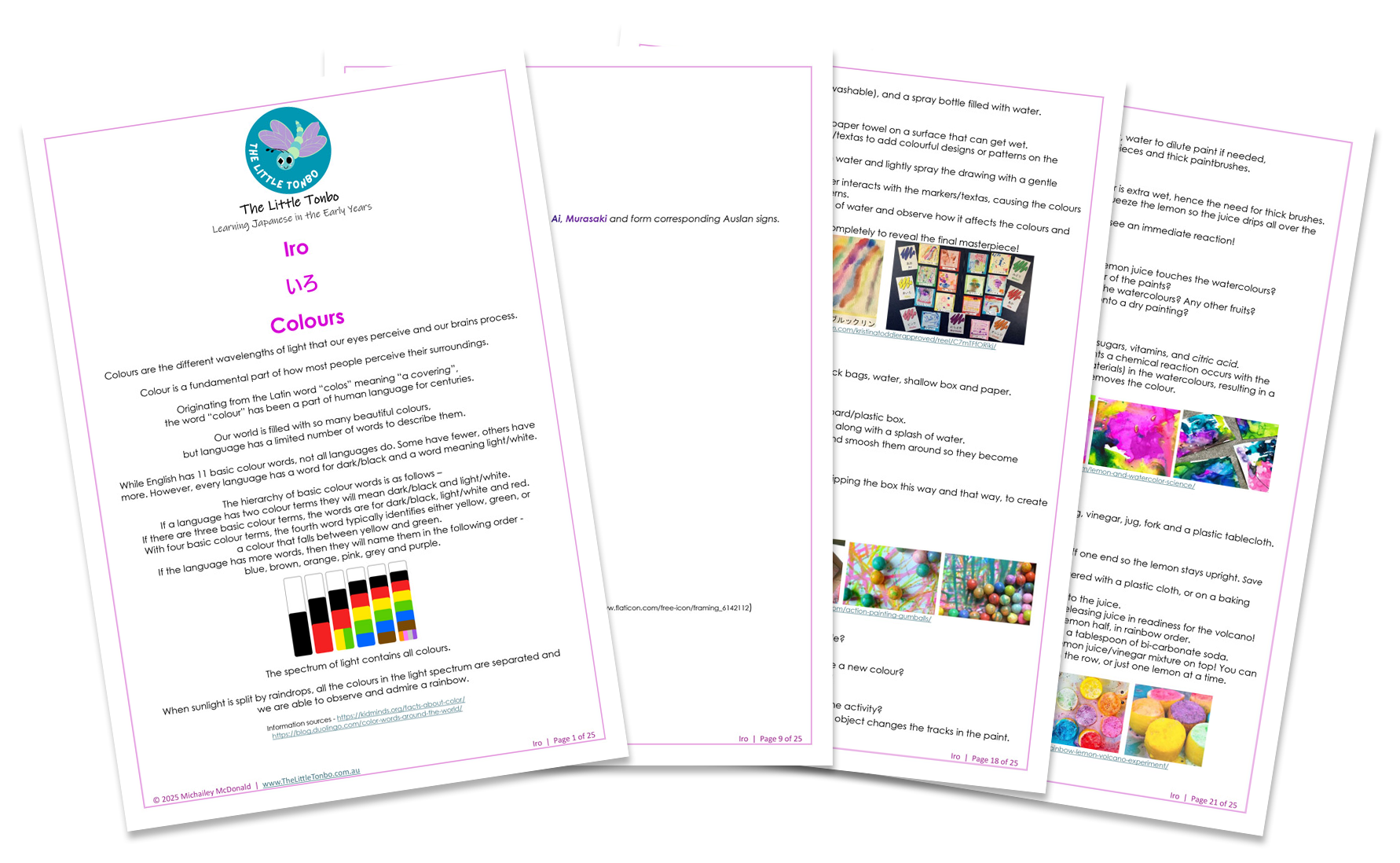
Kodomo no Hi
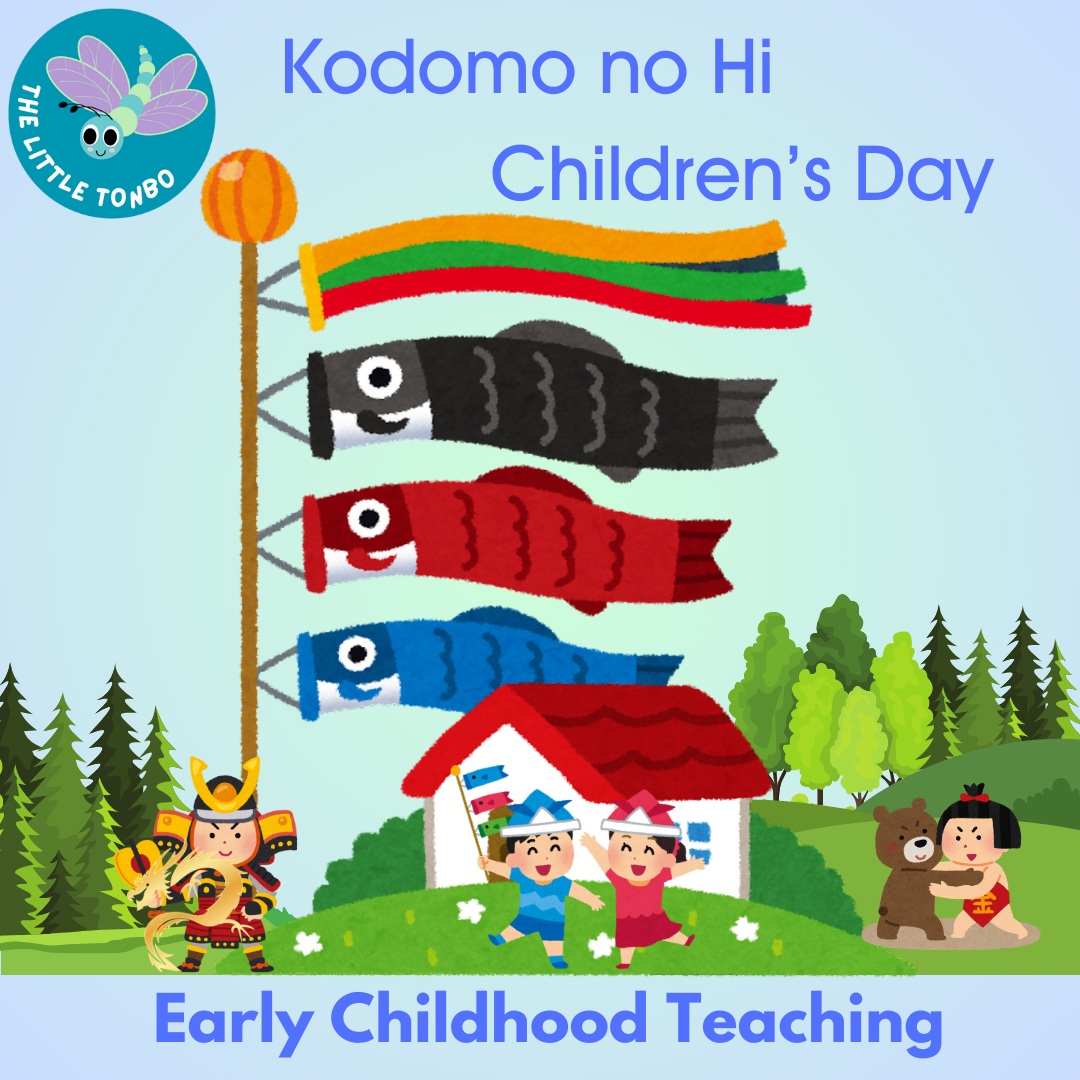
This educational resource kit introduces children to
こども の 日
“Kodomo no Hi”
Children’s Day
In Japan, Kodomo no Hi (Children’s Day) is celebrated each year on May 5th. This day was also declared a national holiday, affording families time to be together.
The koi continues to represent the virtues parents hope to instill in their children, so they can live a fulfilling life.
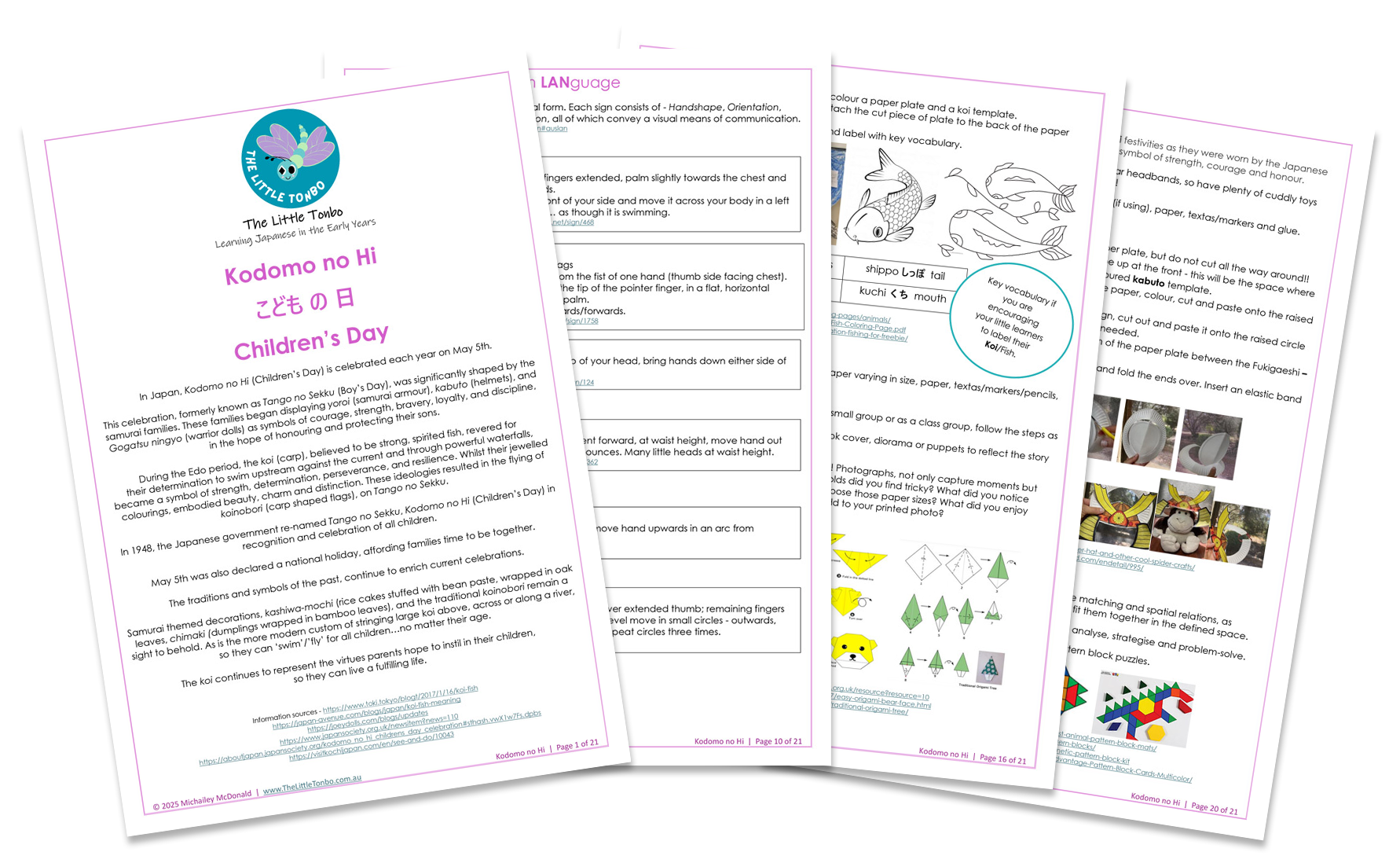
Fuyu
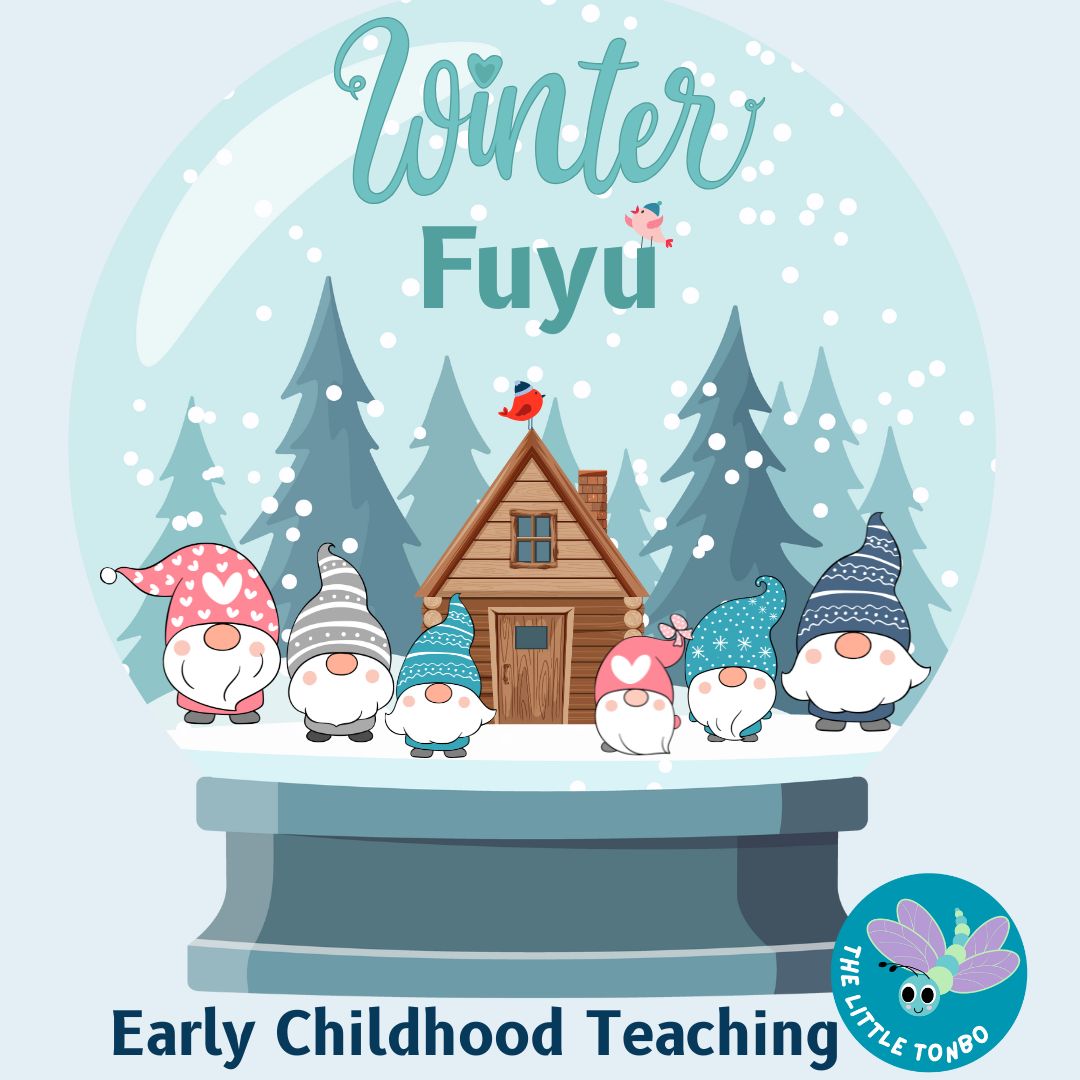
This educational resource kit introduces children to
ふゆ
“Fuyu”
Winter
Matsuo Bashō (1644 – 1694) is revered as one of Japan’s greatest masters of Haiku.
He elevated the form into a refined art, masterfully integrating his deep observations of the environment with the experiences of his extensive walking journeys.
His haiku captured moments in time, evoking a sense of deep emotion and a universal interconnectedness with the world around him.
Winter solitude —
in a world of one colour
the sound of wind

Nihon no Kyōryū

This educational resource kit introduces children to
にほん の きょおりゅう
“Nihon no Kyōryū”
Dinosaurs from Japan
YES, dinosaurs lived in Japan!!
Today, Japan is an archipelago. However, 121-66 million years ago during the Cretaceous Period, ancient Japan was not only a part of the Asian mainland, it was a land where kyōryū/dinosaurs roamed.
Let’s meet some of these amazing prehistoric animals

Momotarō
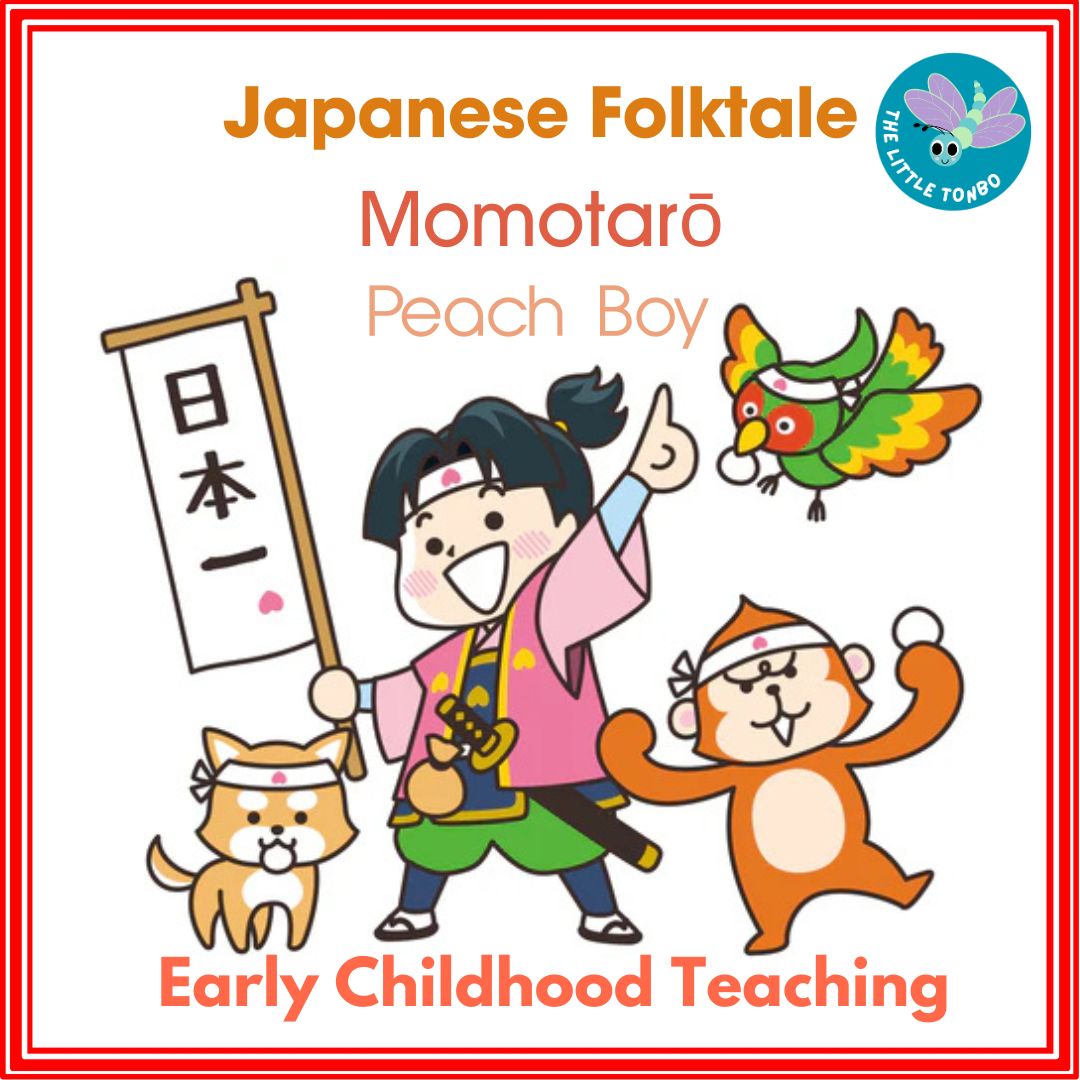
This educational resource kit introduces children to
ももたろう
“Momotarō”
Folktale – Peach Boy
The tale of Momotarō is a foundational narrative; he and his adventures impart timeless moral lessons, instilling core values such as courage, kindness, generosity, loyalty, righteousness, justice and perseverance.
Momotarō embodies the ‘Japanese spirit’, shaping a shared sense of national identity.
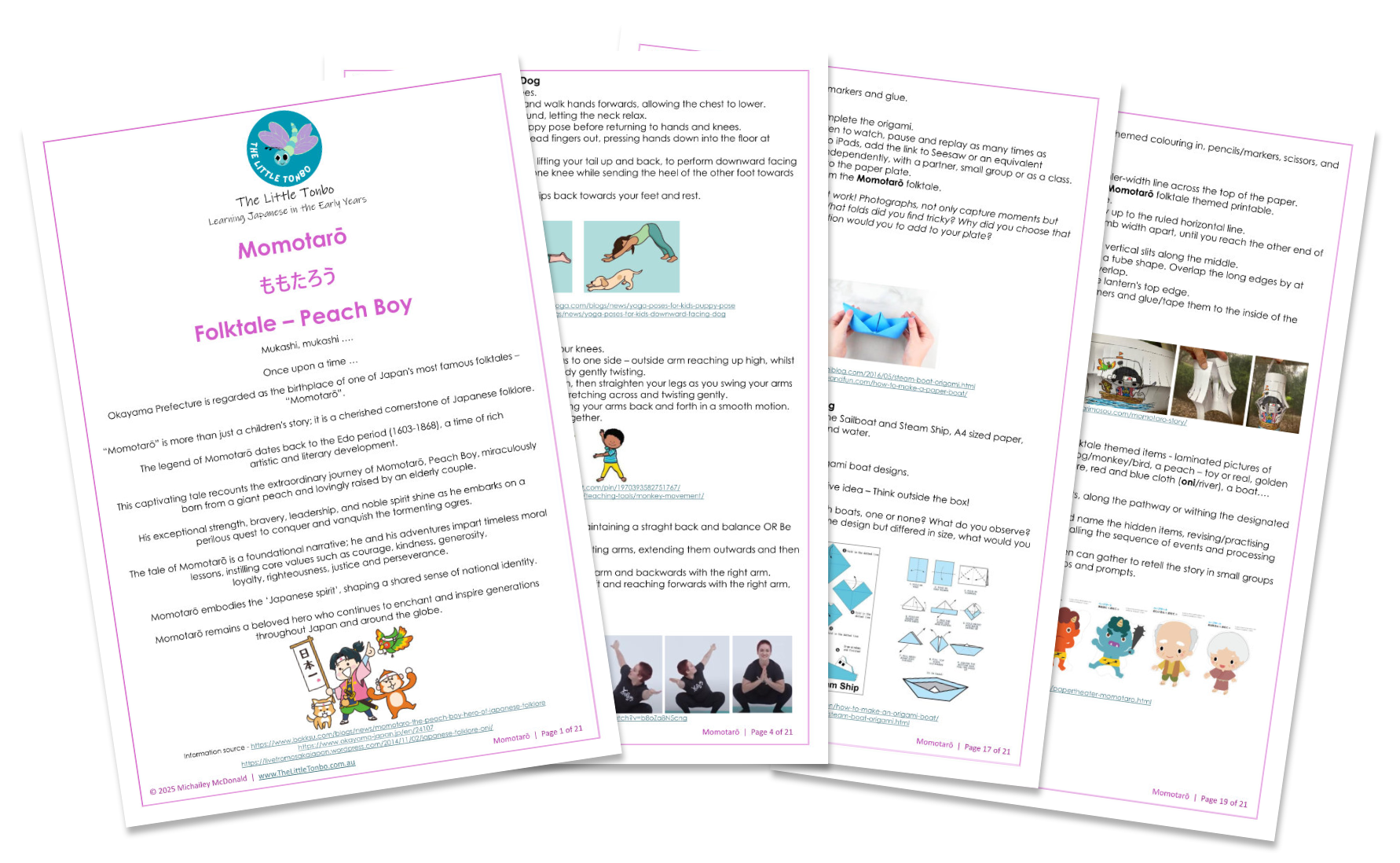
Chō to Tonbo
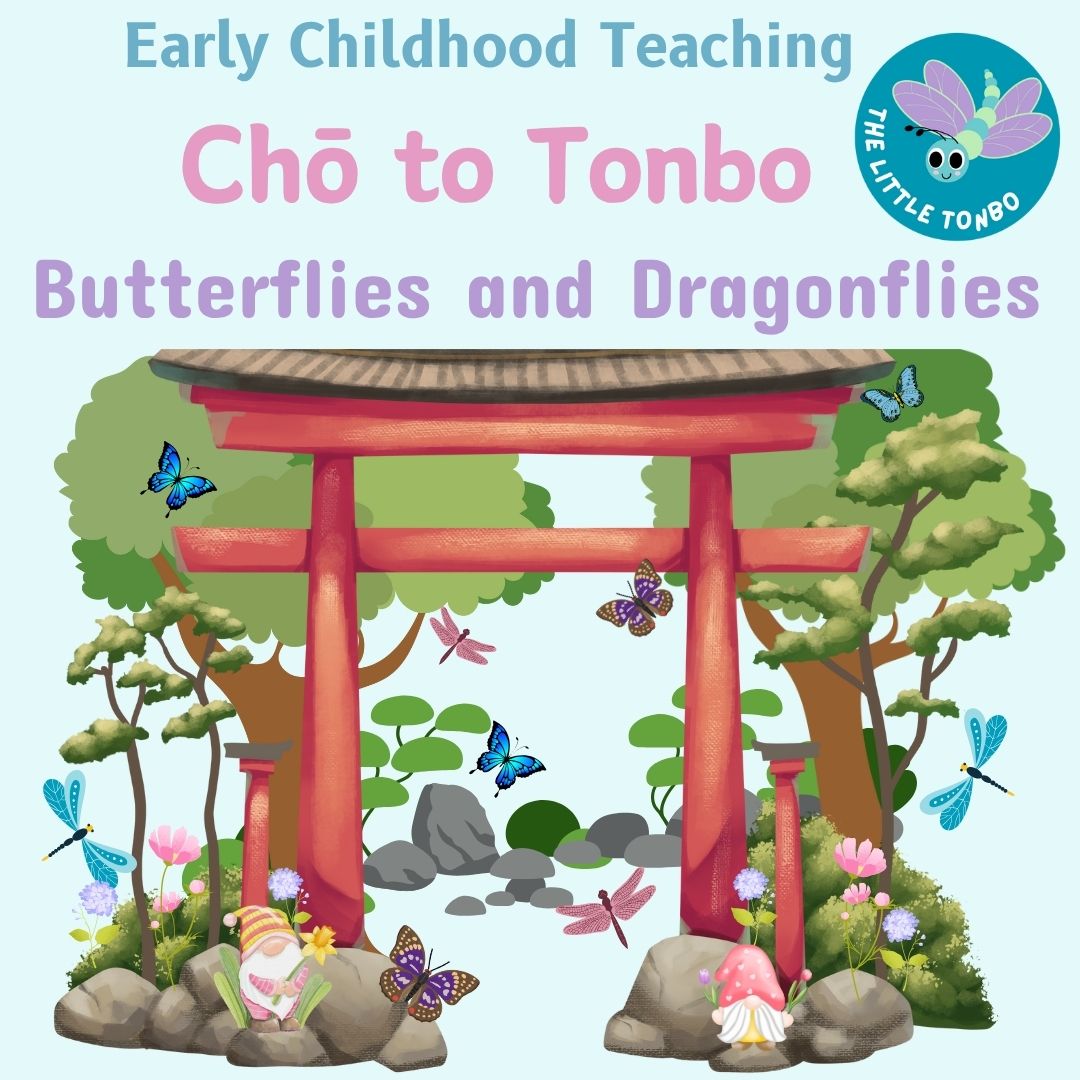
This educational resource kit introduces children to
ちょう と とんぼ
“Chō to Tonbo”
Butterflies and Dragonflies
Within the context of Japanese culture and art, insects are considered to be of historical significance, and are regarded as aesthetic, awe-inspiring and emblematic symbols.
Although the dragonfly seems fragile and delicate, it is a powerful fighter that symbolises agility, power, courage and victory. The dragonfly image was often emblazoned on the handles of swords, breastplates and arrow quivers, in the hope of adding strength and protection on the battle fields.
Favoured by Japanese artists and poets for its intricate beauty, colourings and patterns, the elusive butterfly is revered as a symbol of love, hope, grace, beauty, transformation and fragility, yet strength in transition.
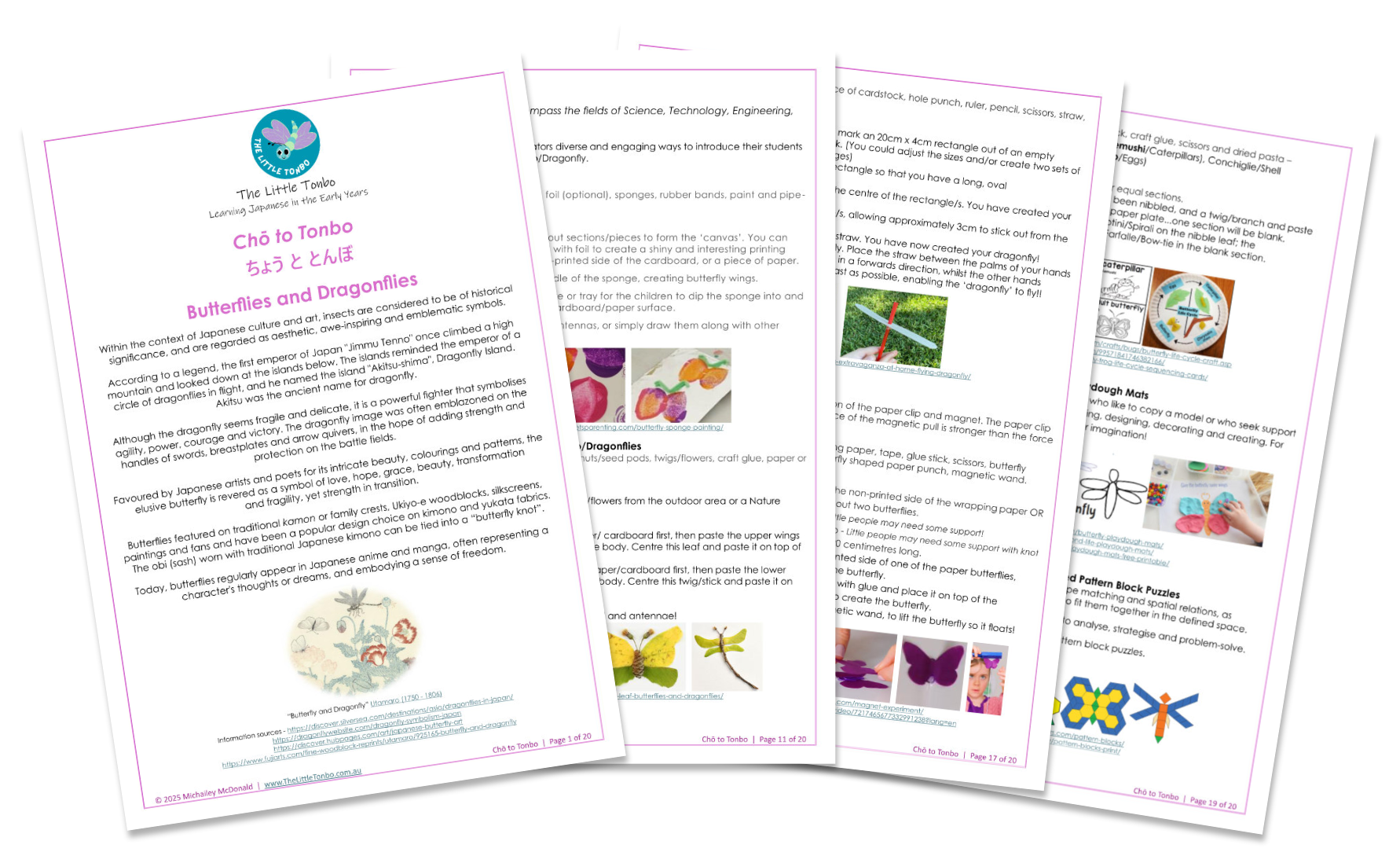
Kaguya-Hime
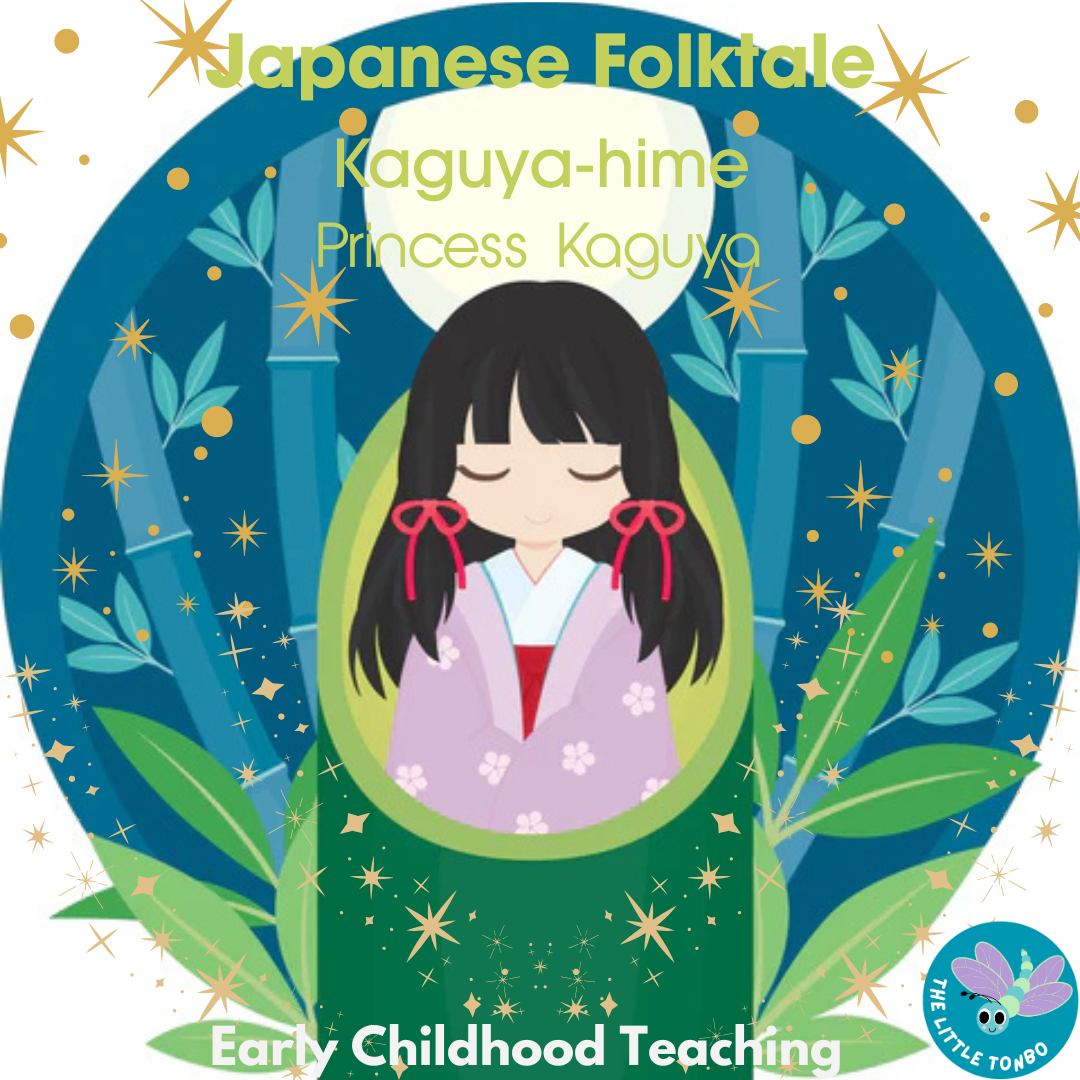
This educational resource kit introduces children to
かぐやひめ
“Kaguya-Hime”
Folktale – The Tale of the Bamboo Cutter; Princess Kaguya
“Taketori Monogatari” is the original title of this classic Japanese story. Translated as “The Tale of the Bamboo Cutter,” the title draws focus to the life of the central human character: a kindhearted old man. The English translation, however, often adopts the title “The Tale of Princess Kaguya,” acknowledging the significance of the extraordinary and mysterious female protagonist.

Uma Doshi
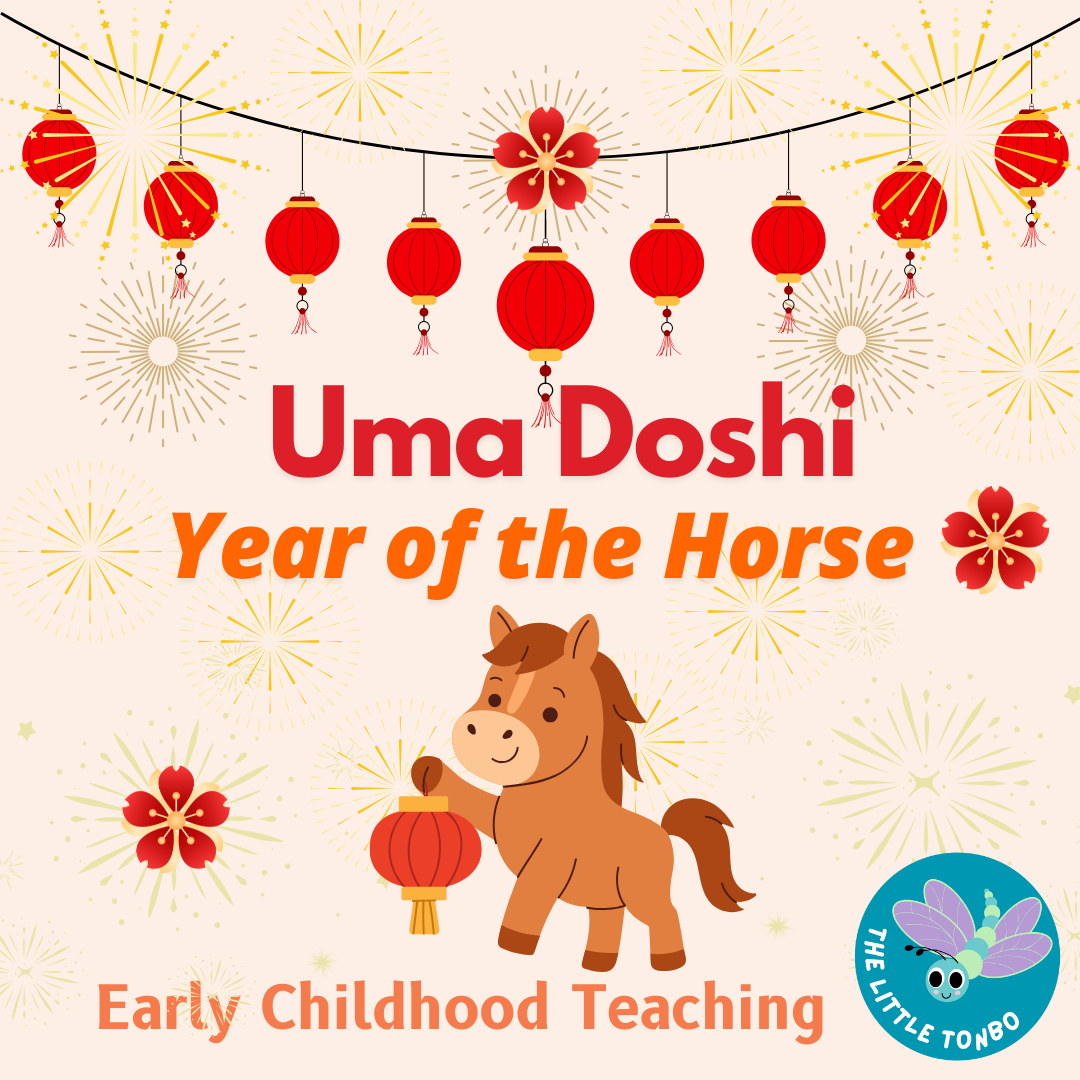
This educational resource kit introduces children to
うまどし
“Uma Doshi”
Year of the Horse
Although the Zodiac Story originates from Ancient China, the story is shared across several Asian countries including Japan, and is celebrated globally.
The Japanese zodiac calendar is called “Eto” and the twelve animals of the zodiac are collectively known as “Jūnishi”.
Many people believe that the zodiac animal affiliated with the year in which you were born offers unique insights to your personality type, character traits and destiny.
The Horse, known as “Uma”, is the embodiment of freedom.

Hinamatsuri
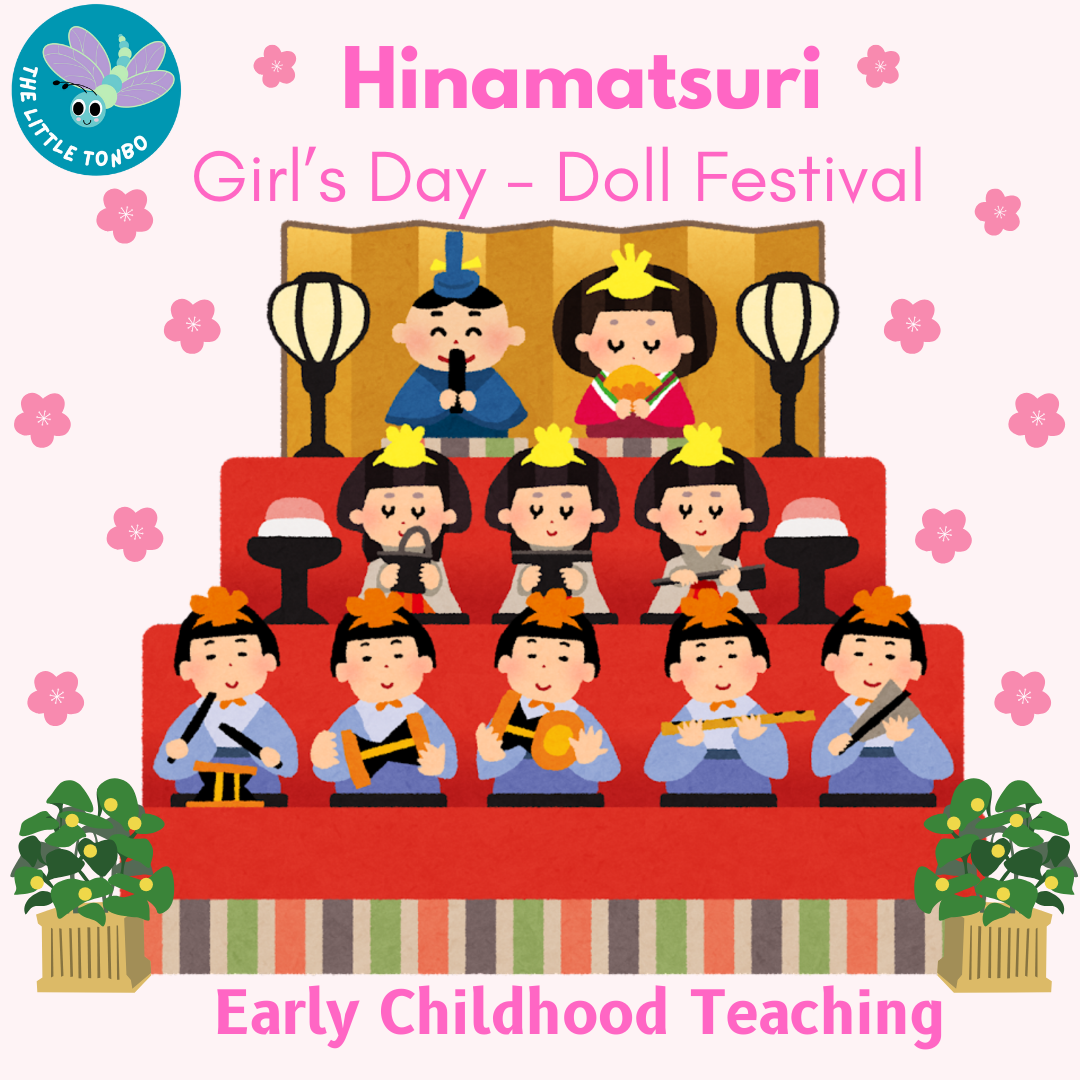
This educational resource kit introduces children to
ひなまつり
“Hinamatsuri”
Girls’ Day, Doll Festival or Peach Festival, is celebrated annually on March 3rd.
Families gather to celebrate and pray for their daughters’ health, happiness and prosperity.
Hinamatsuri is renowned for intricately, handcrafted ornamental doll displays; customary showpieces in homes, shopping malls, museums, temples and shrines.
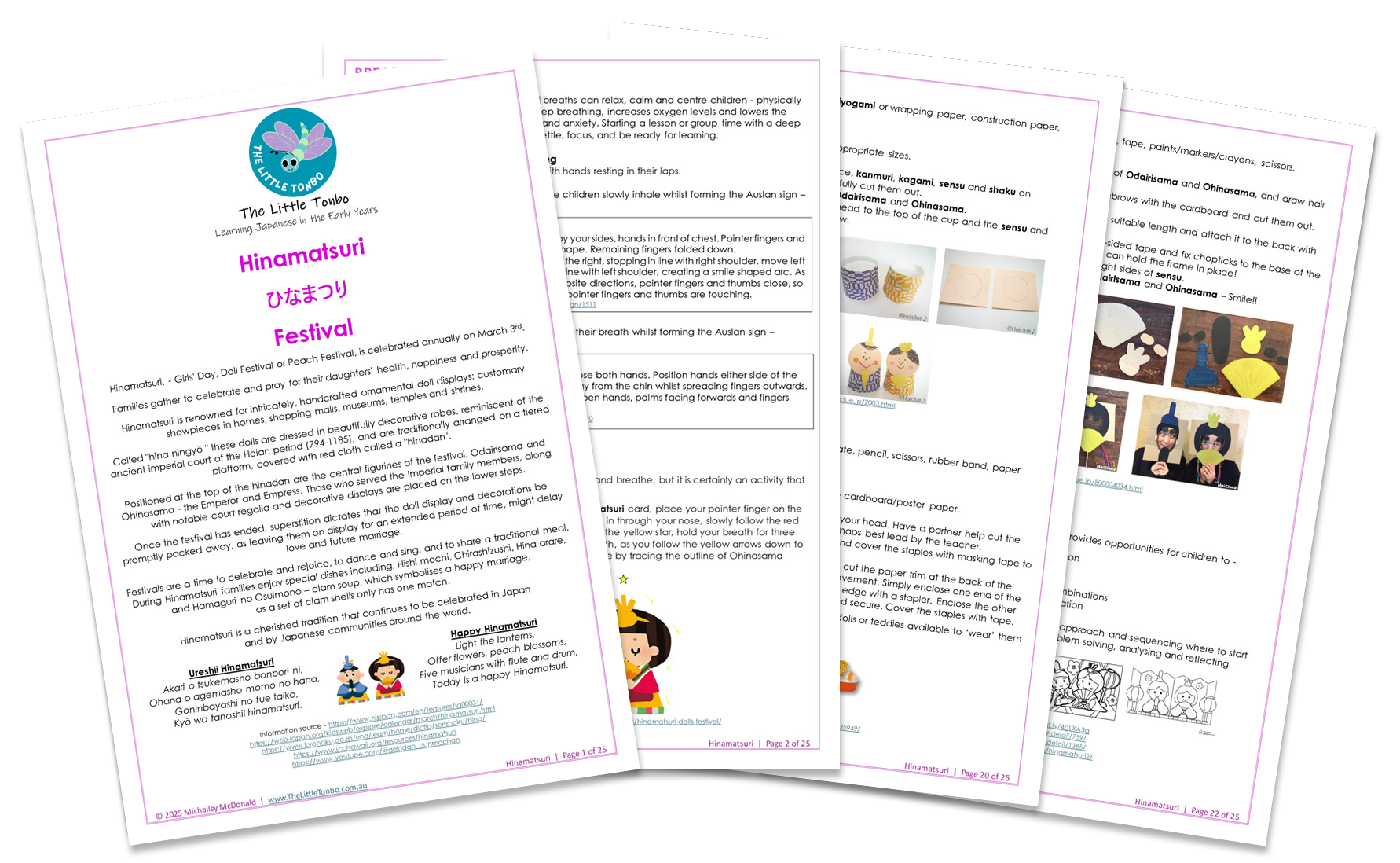
ShiChi-Go-San
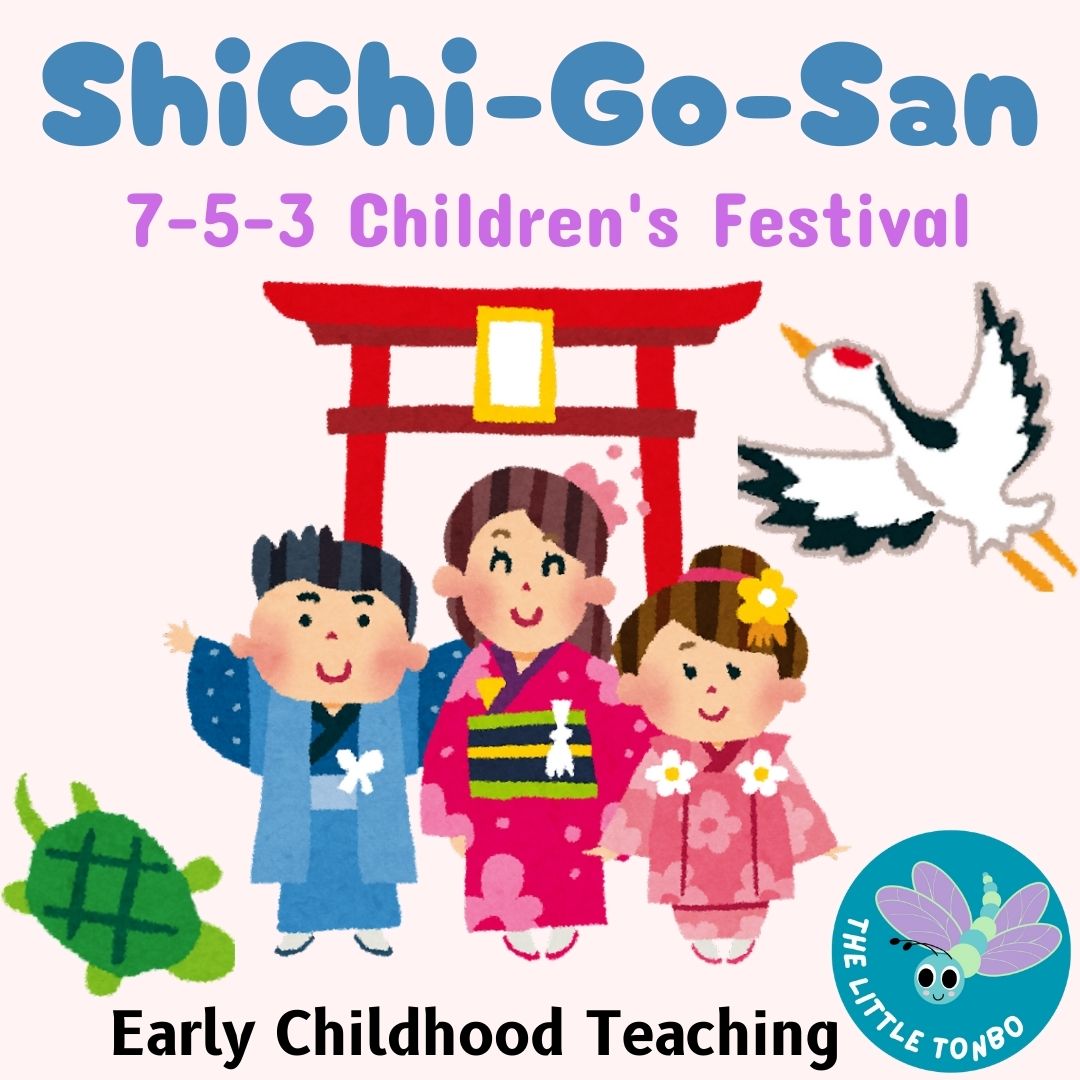
This educational resource kit introduces children to
七五三
“Shichi-Go-San”
Japan’s traditional festival celebrating girls aged 7, boys aged 5, and boys and girls who are 3 years old.
Shichi-Go-San reflects Japan’s deep-rooted reverence for family, tradition, and the passage of time by bringing loved ones together to honour the precious journey of childhood and express hopes for a bright future.
